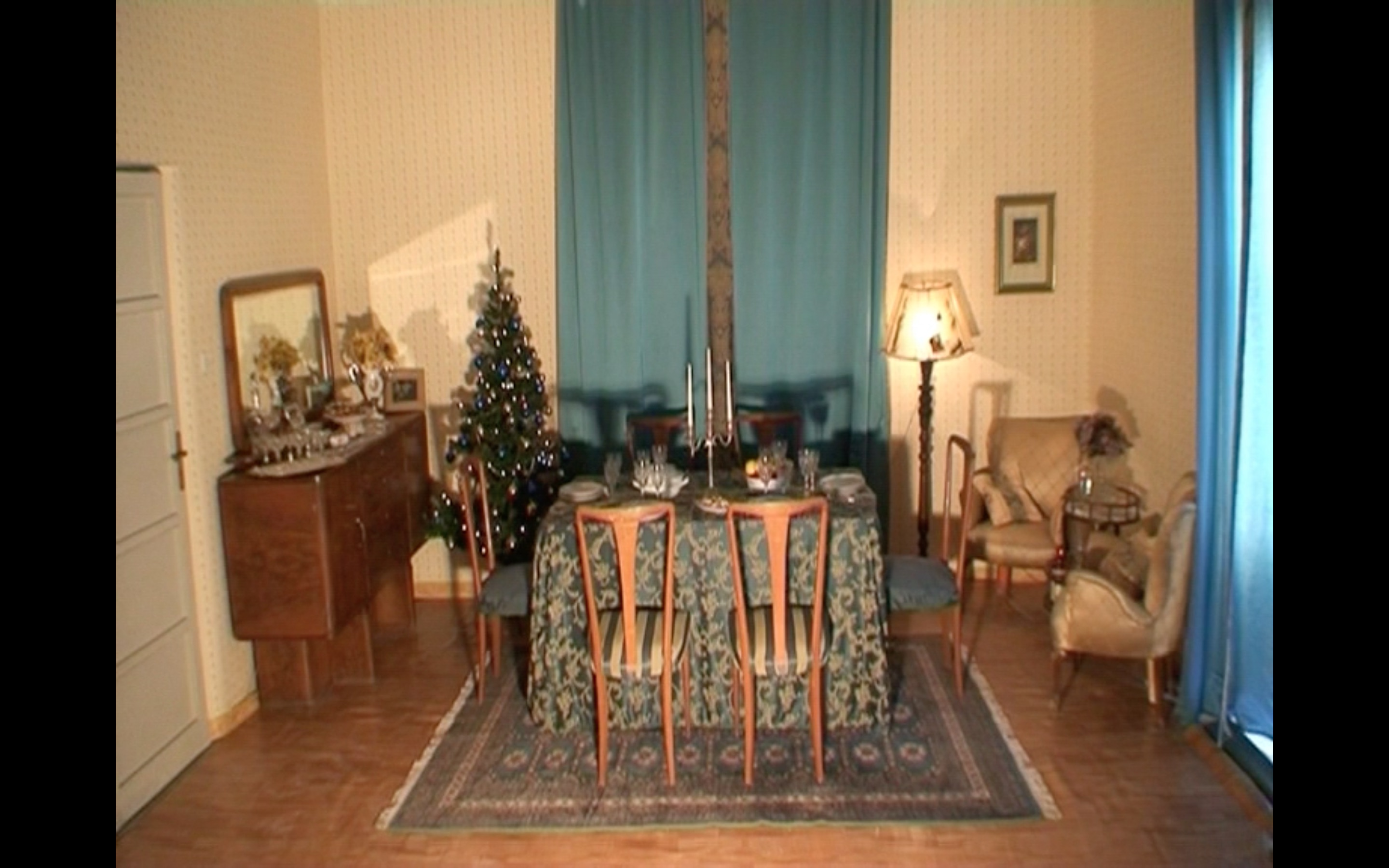
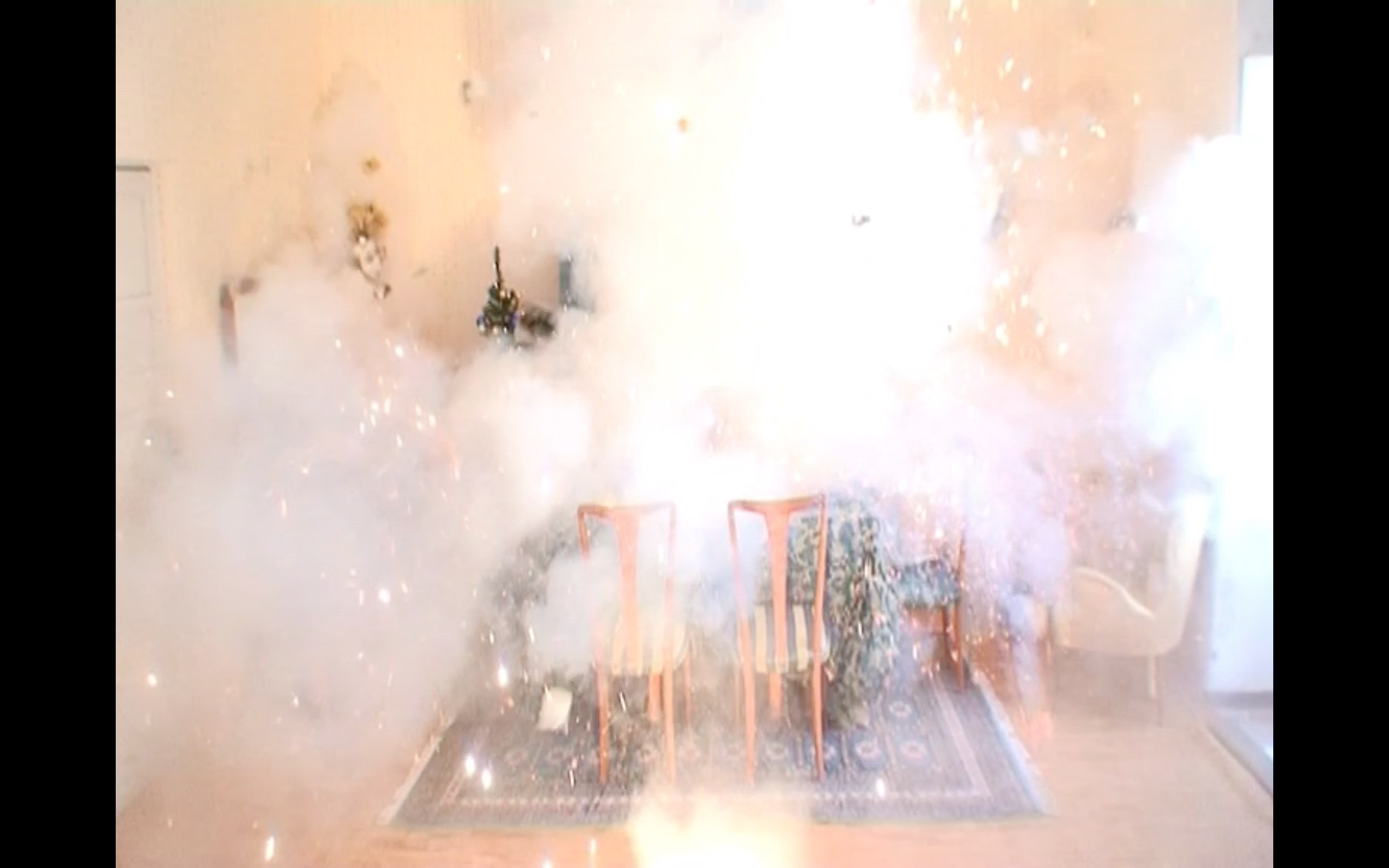
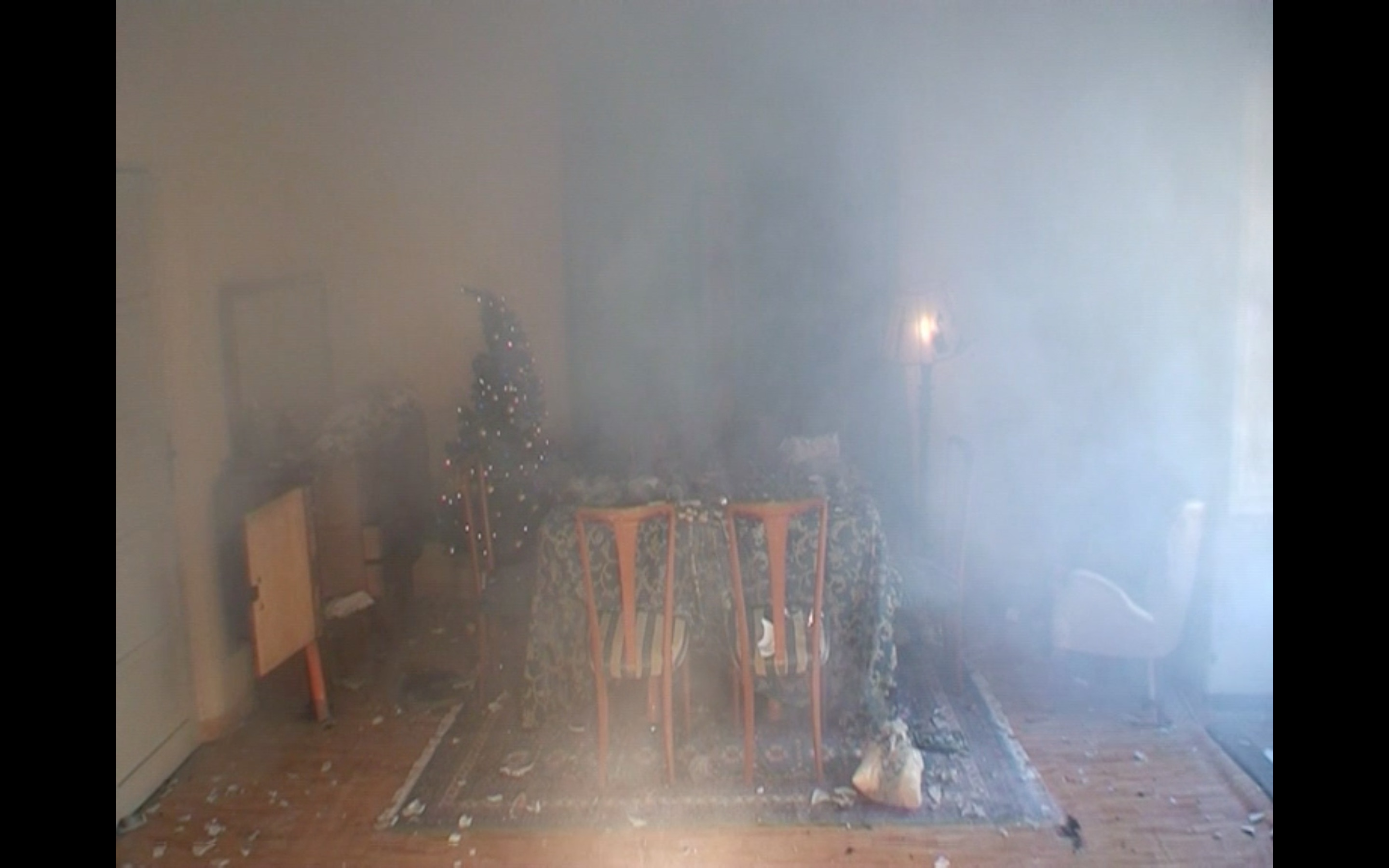
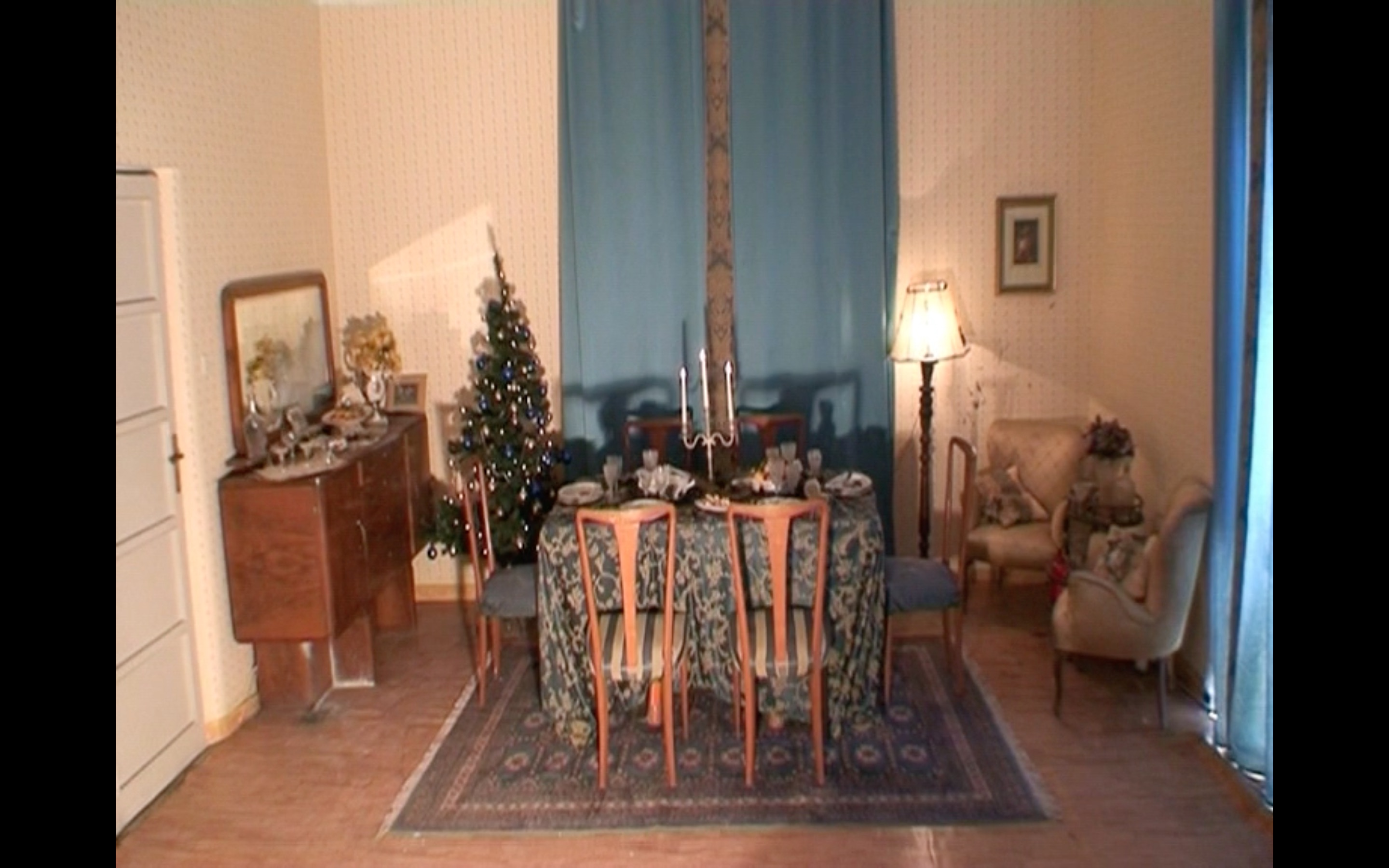
EXPLOSION#17, happy new year
Napoli Teatro Festival Italia, Real Albergo dei Poveri, Napoli
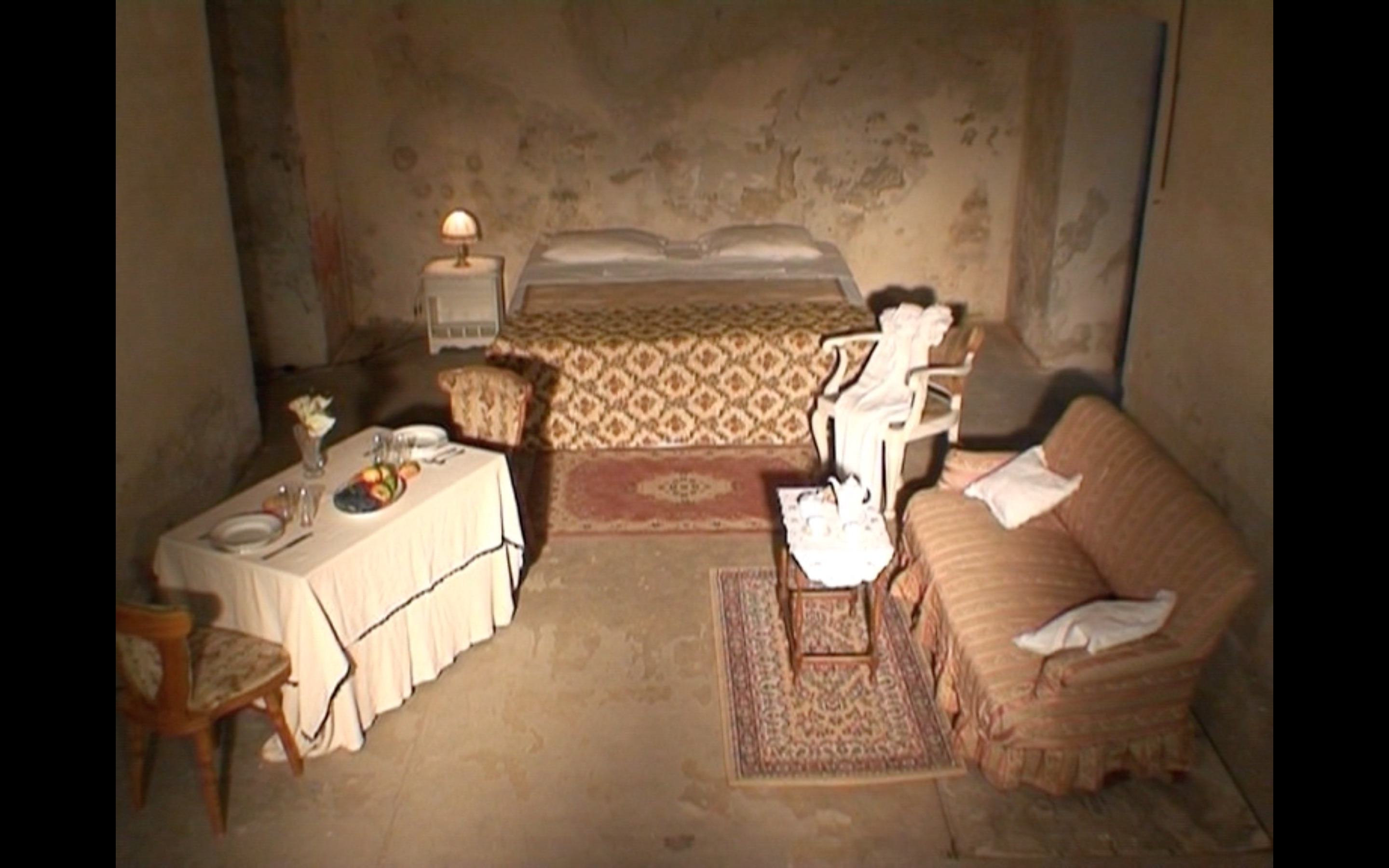
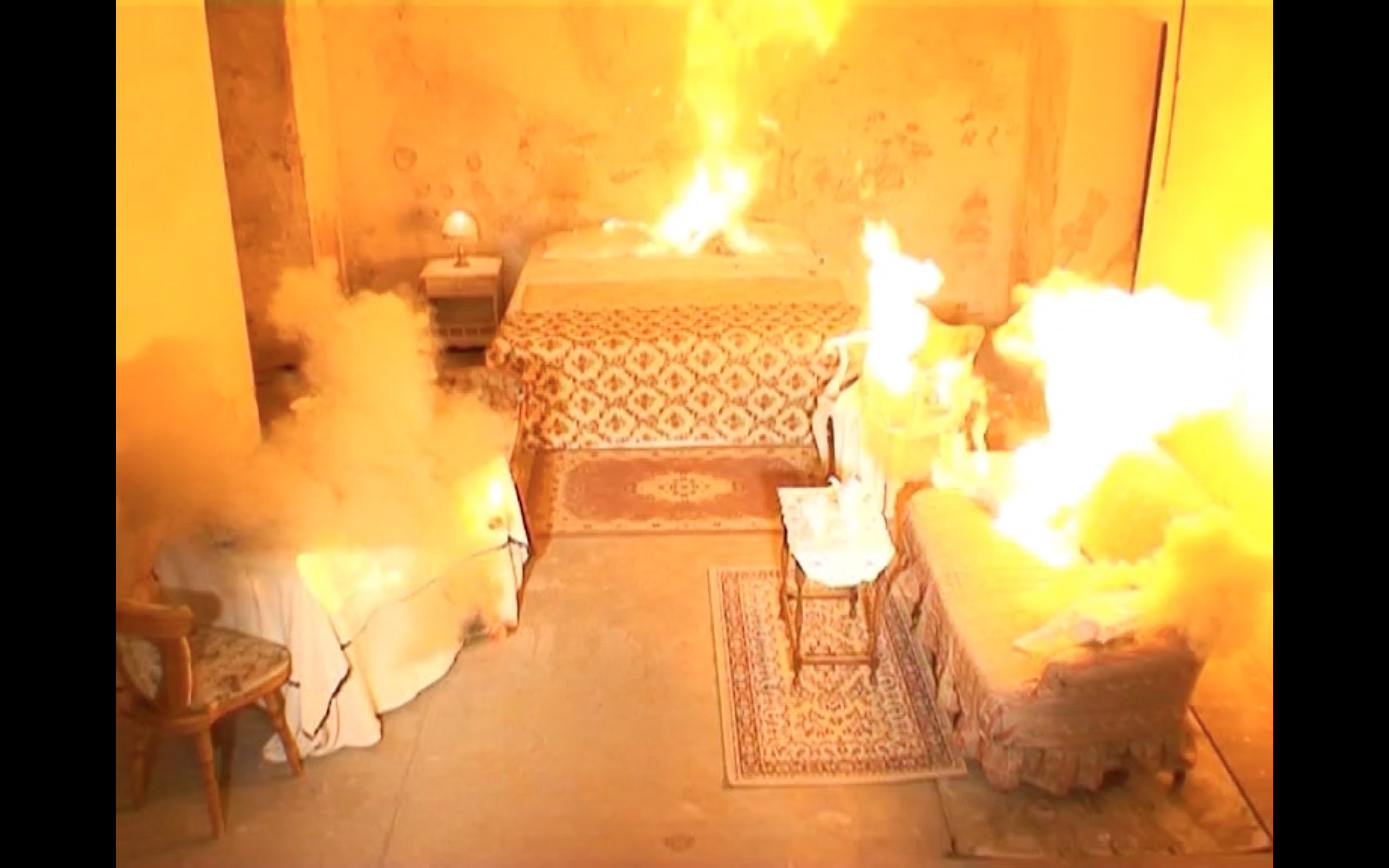

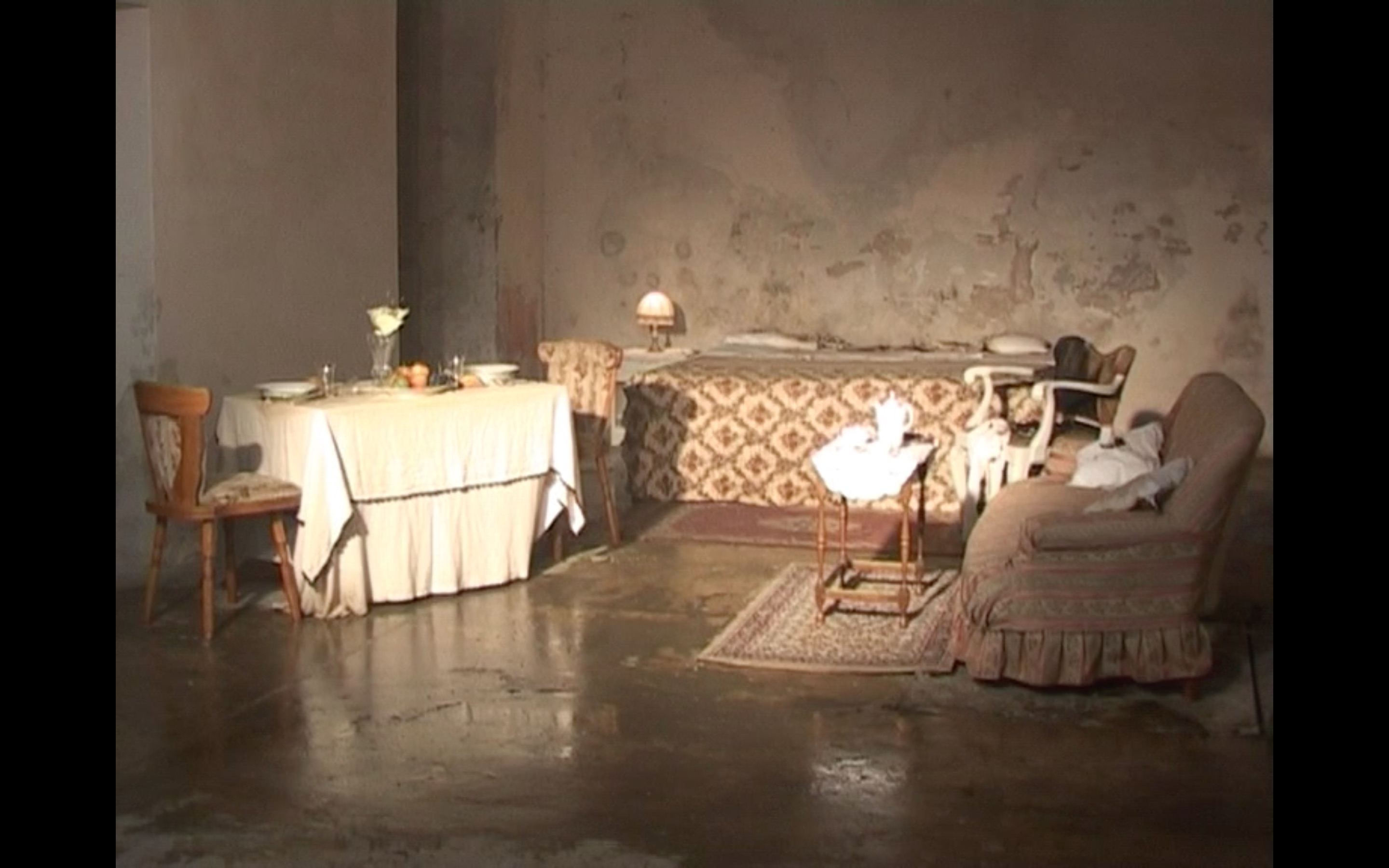
EXPLOSION#16, the couple
The Prague Contemporary Art Festival, Lapidarium Narodniho Museum, Prague, Czech Republic
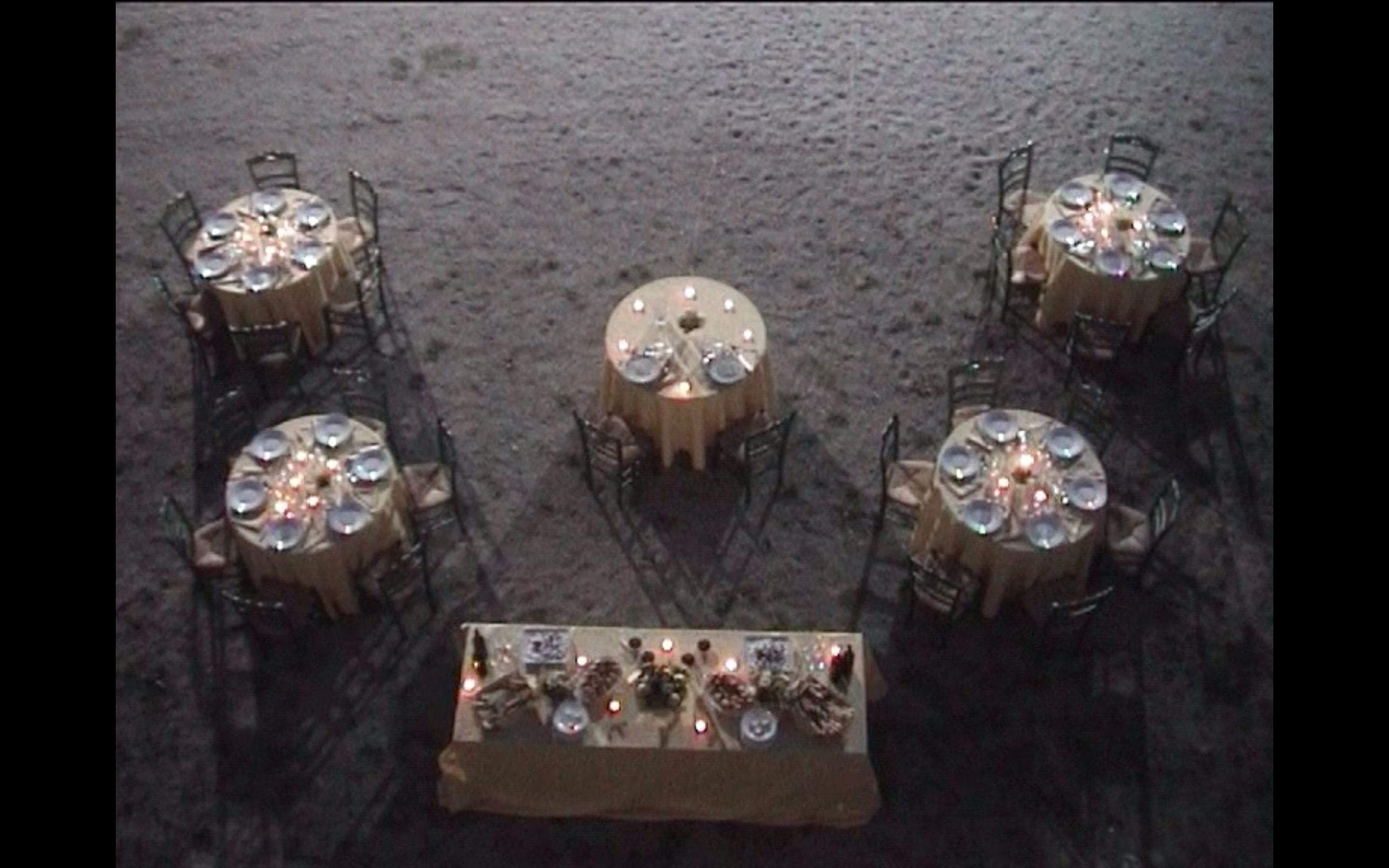
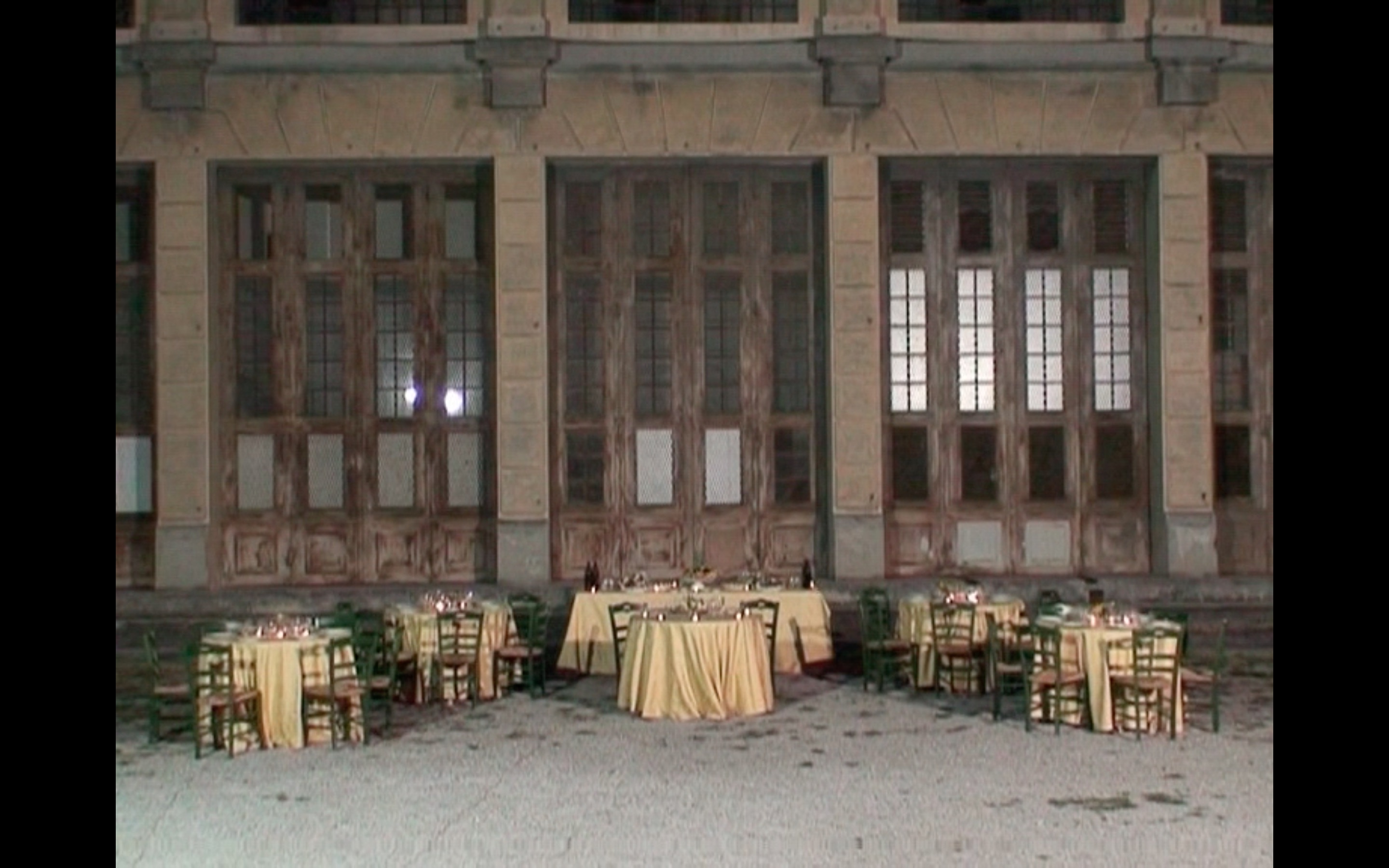
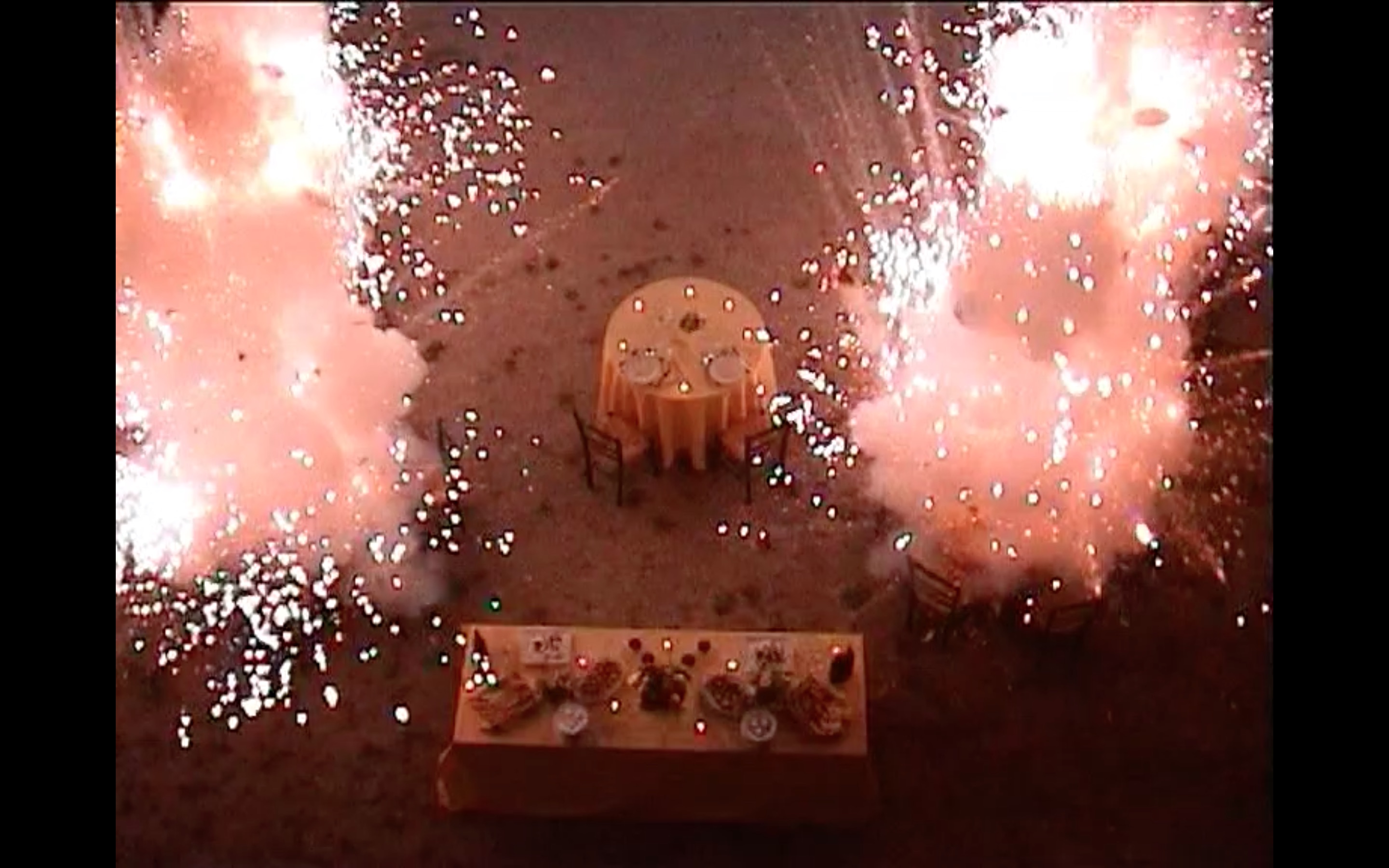
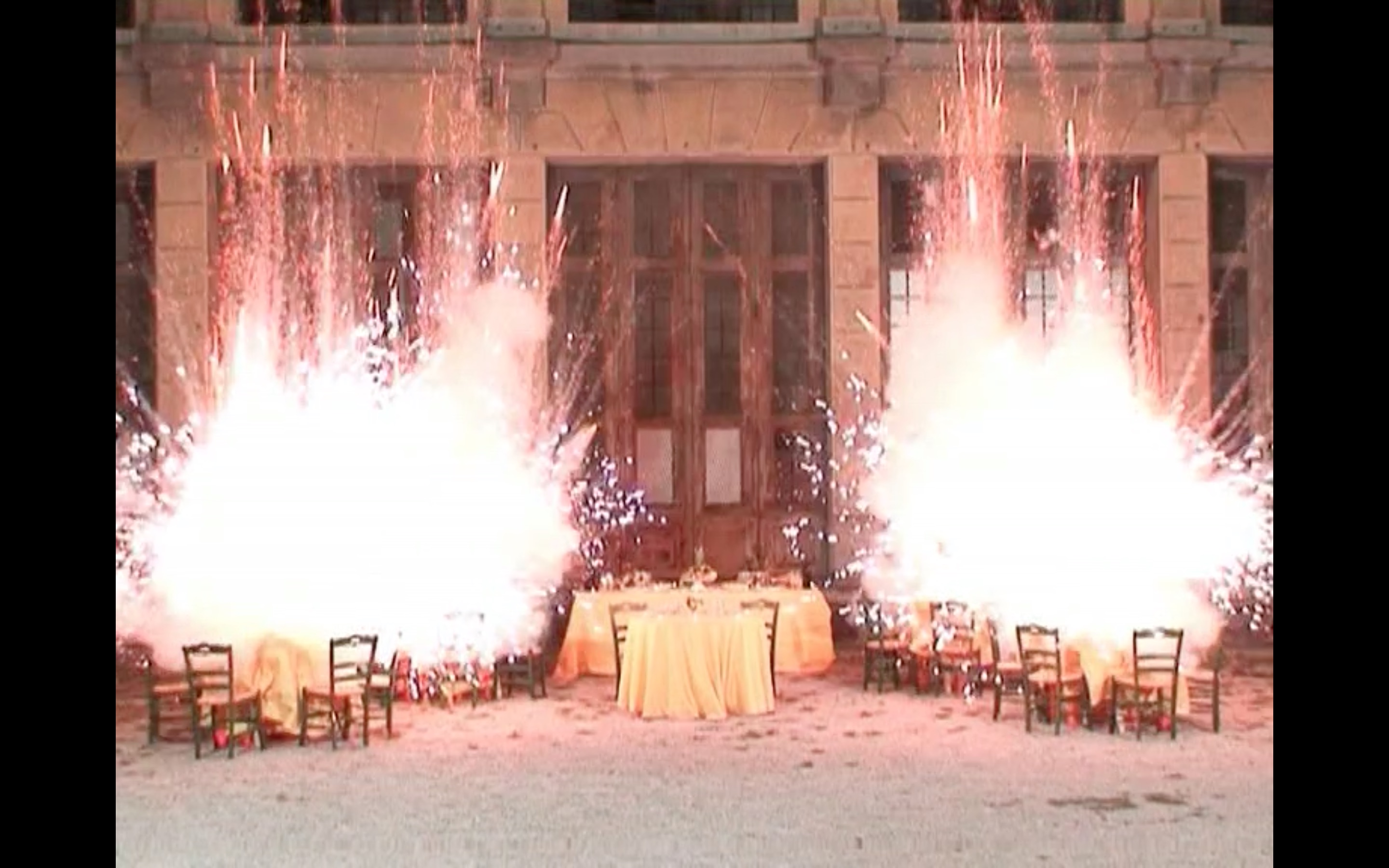
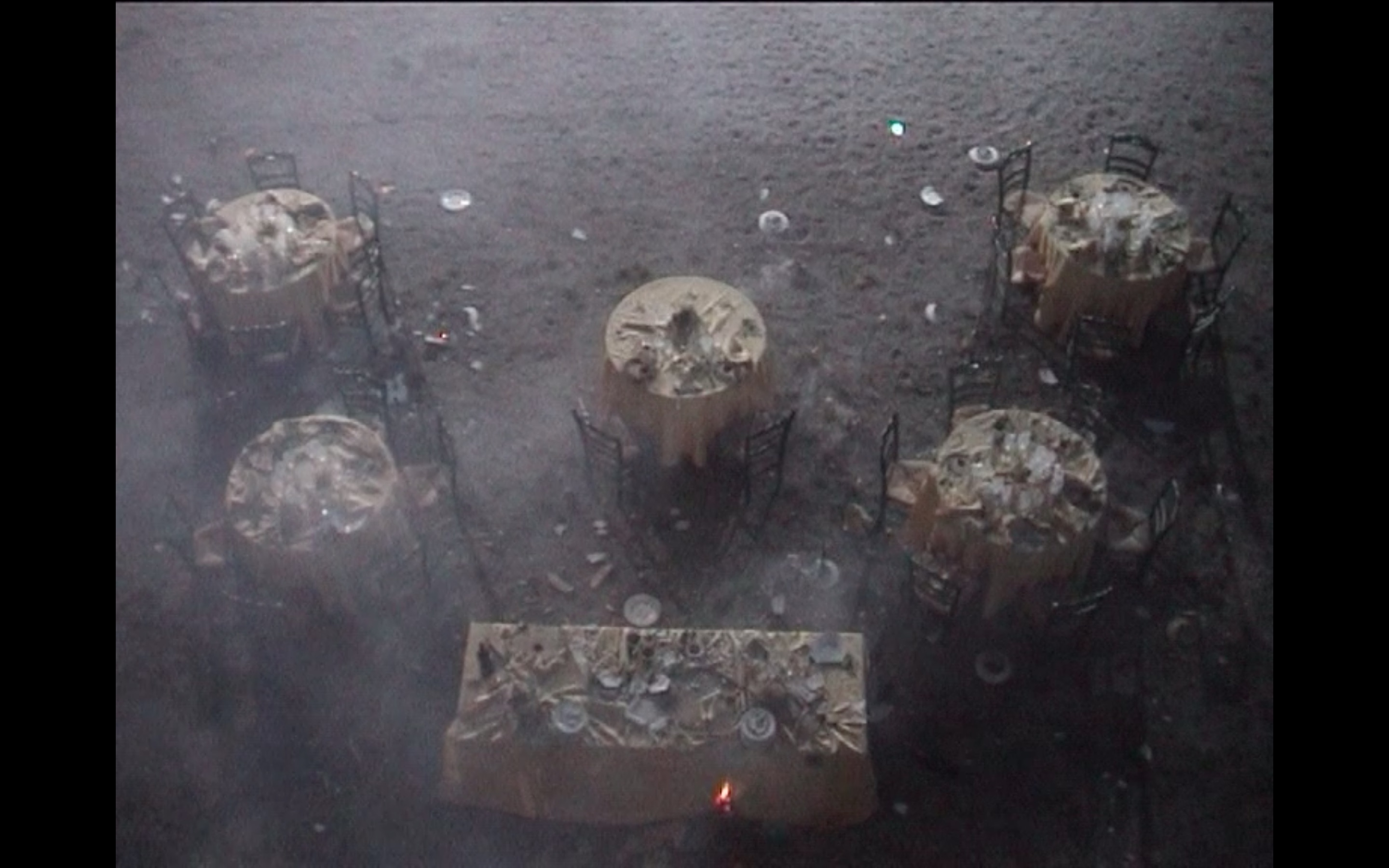
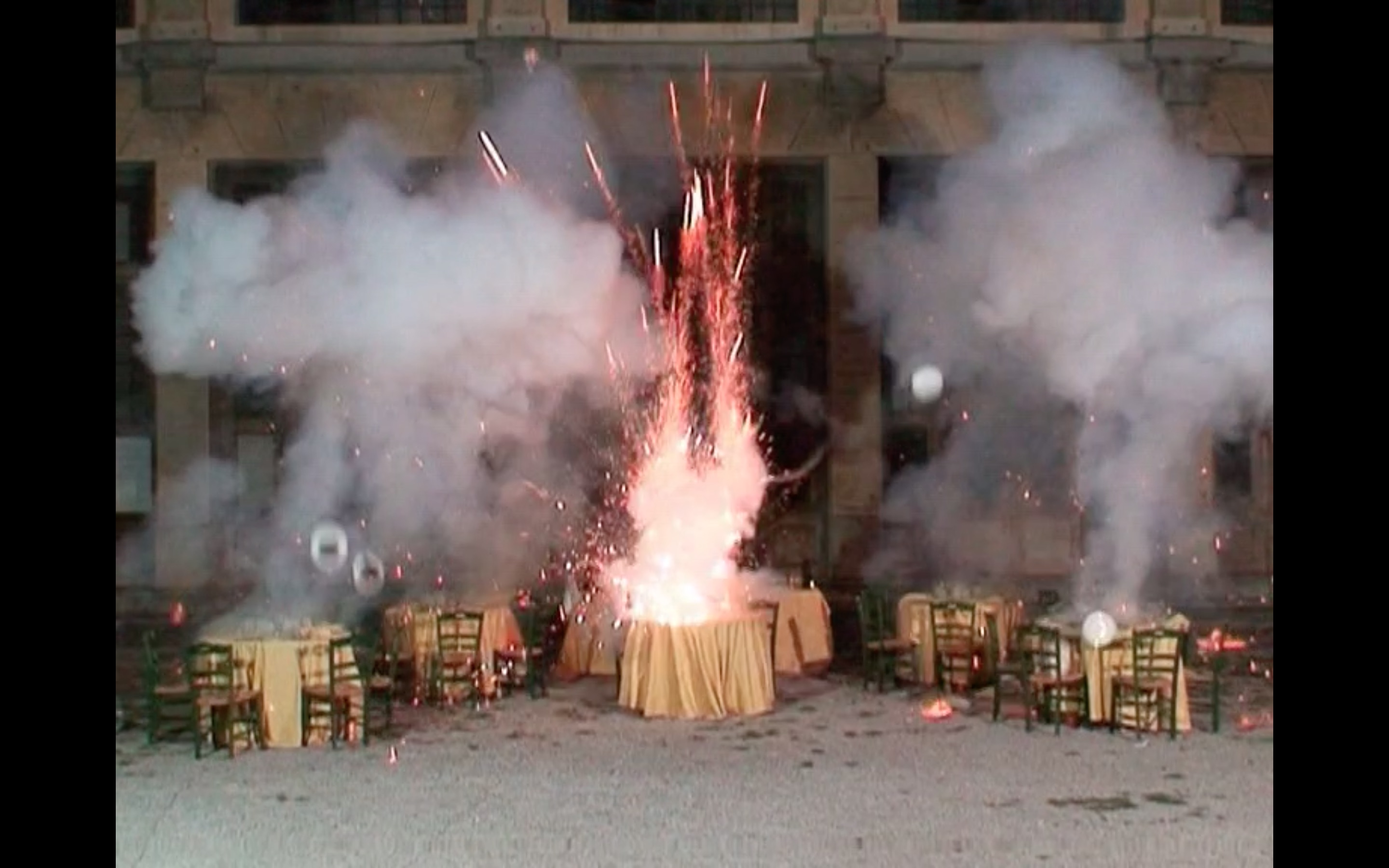
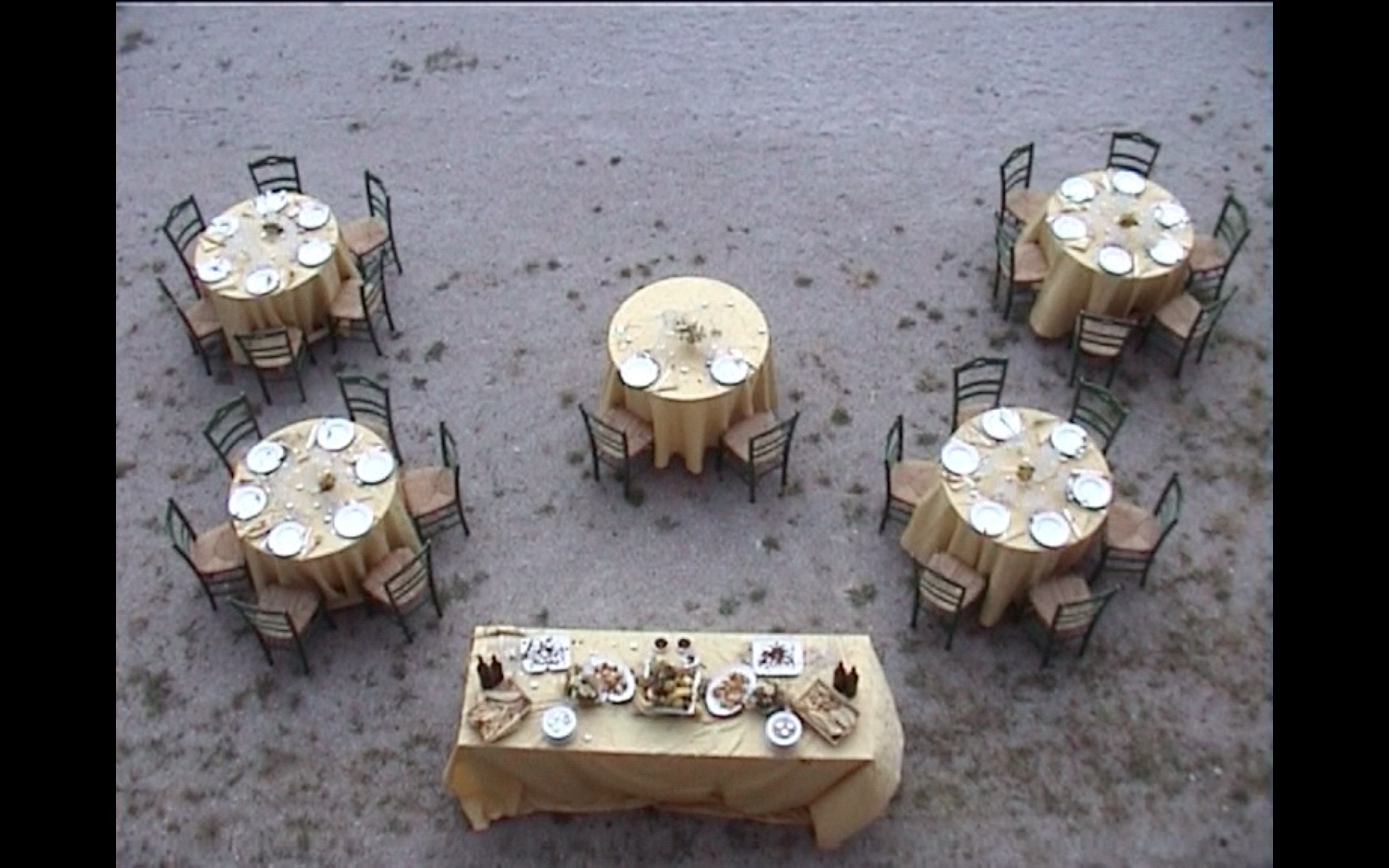
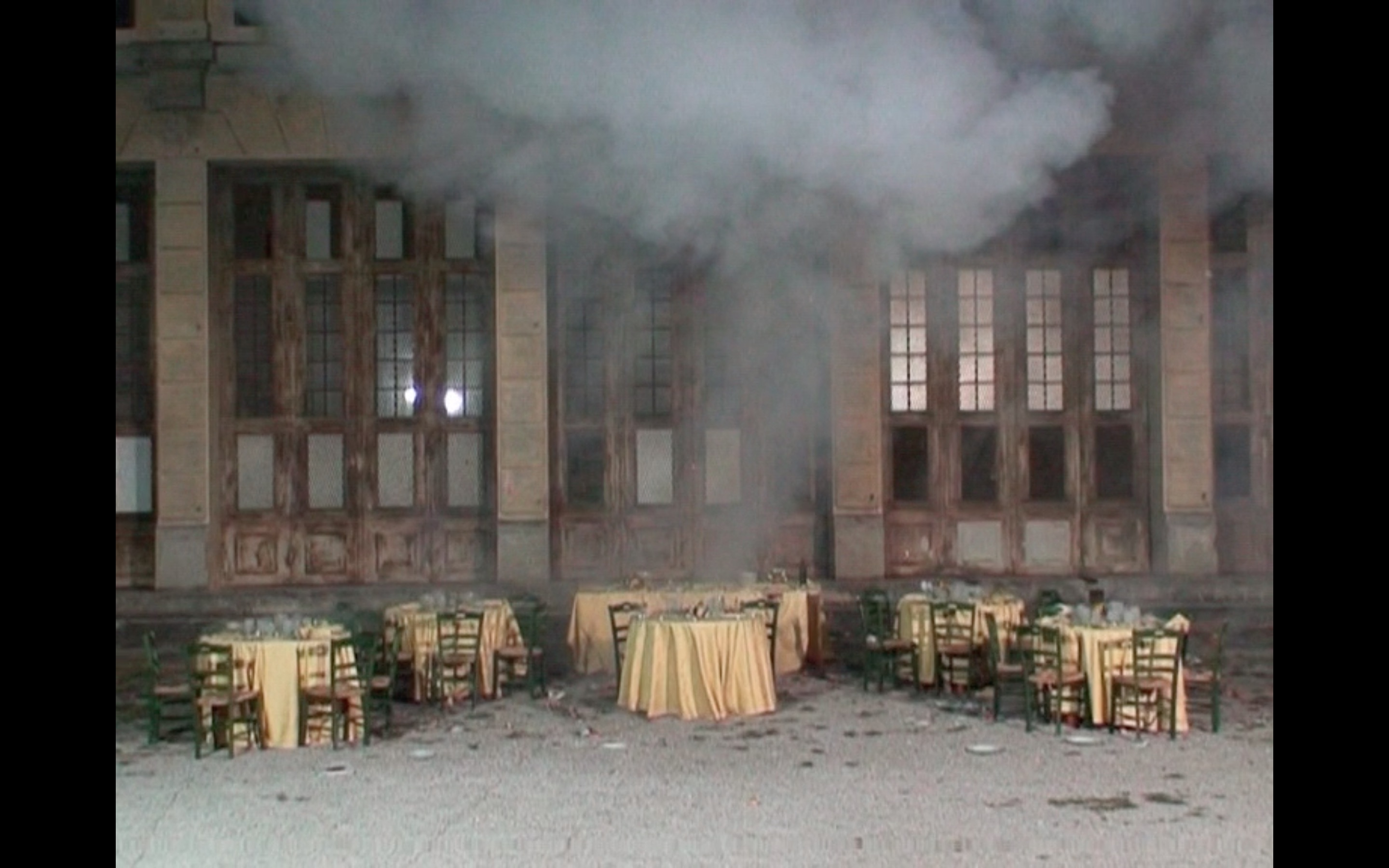
EXPLOSION#15, wedding feast
Drodesera Fies, Centrale idroelettrica di Dro, Trento
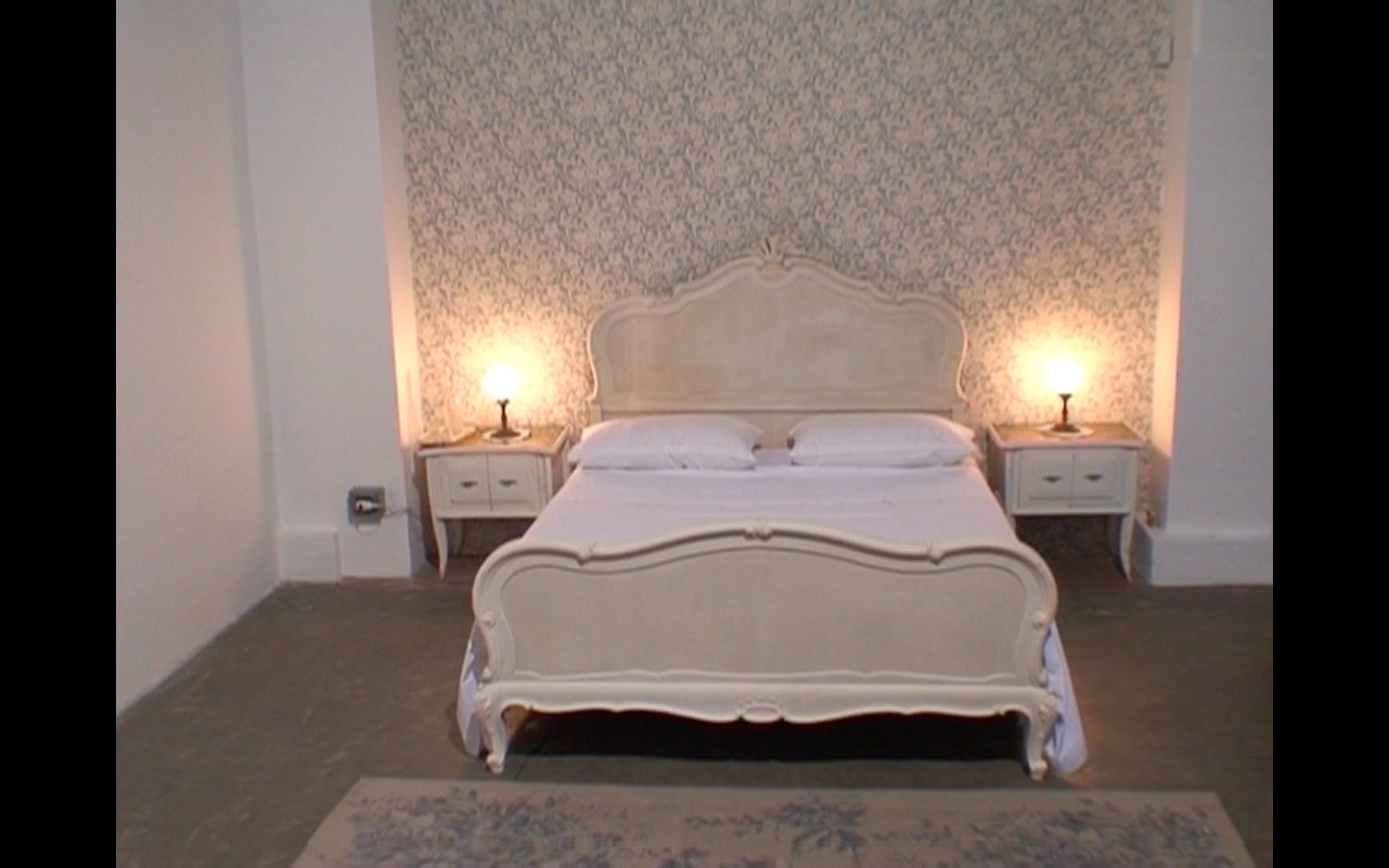
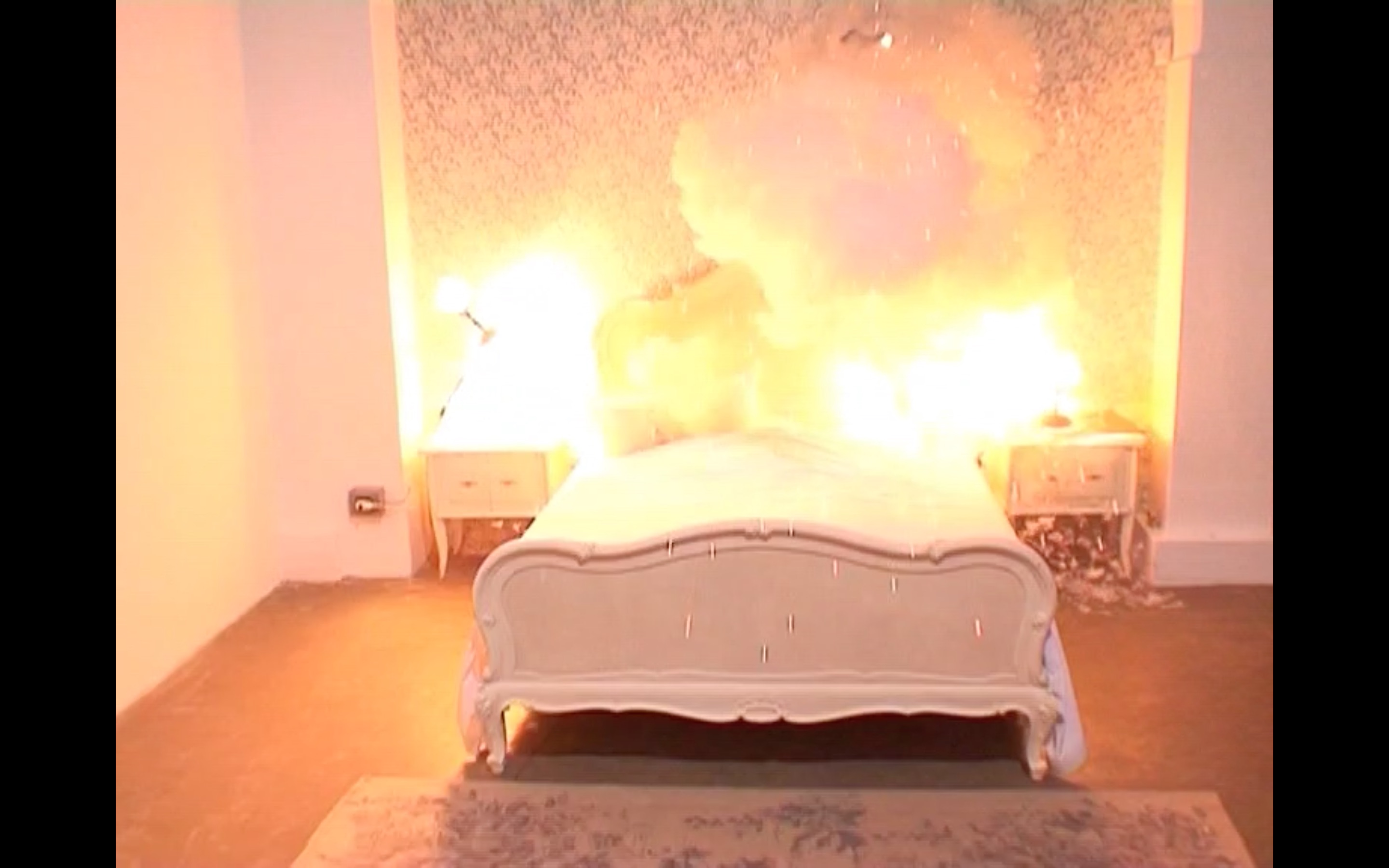
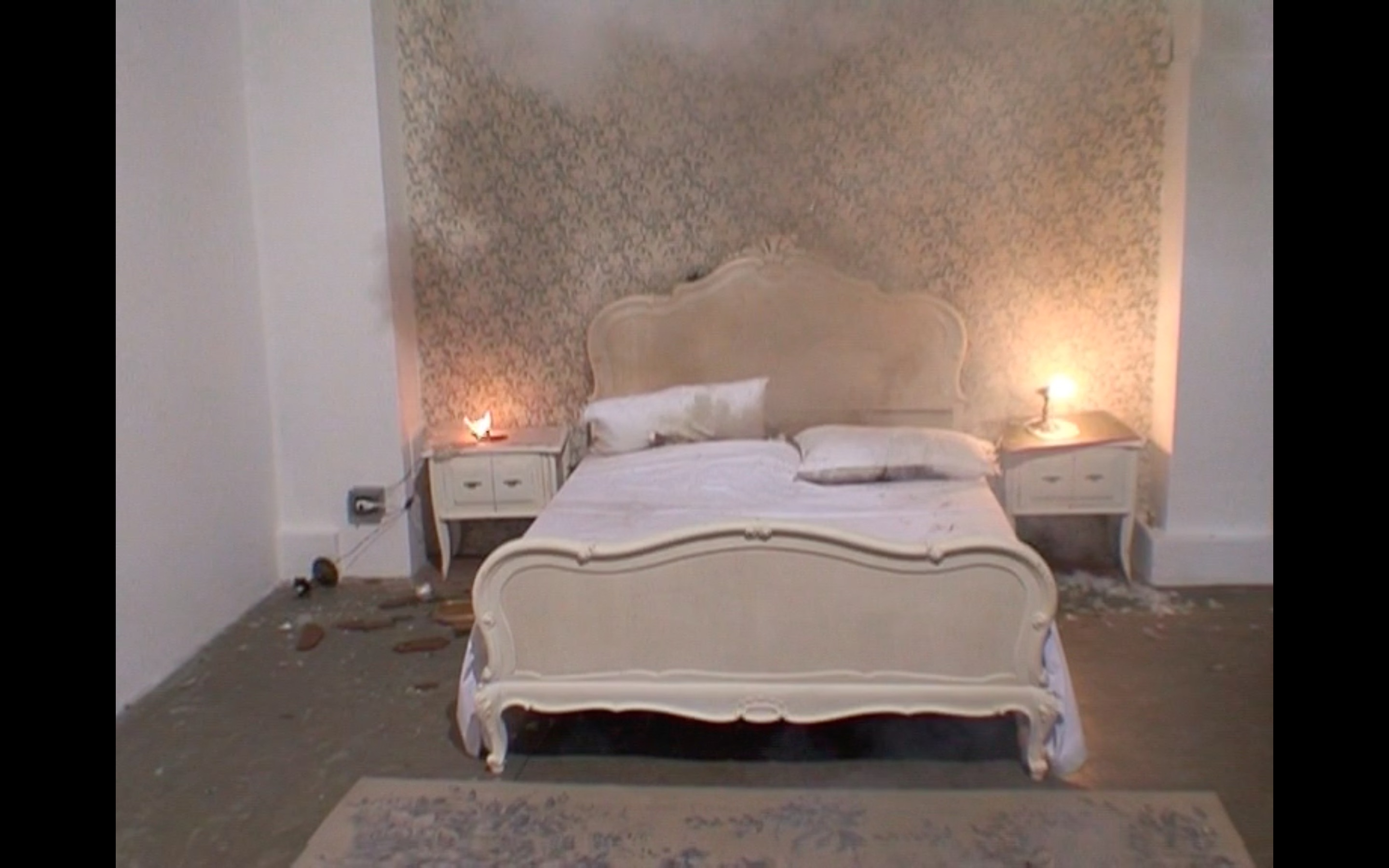
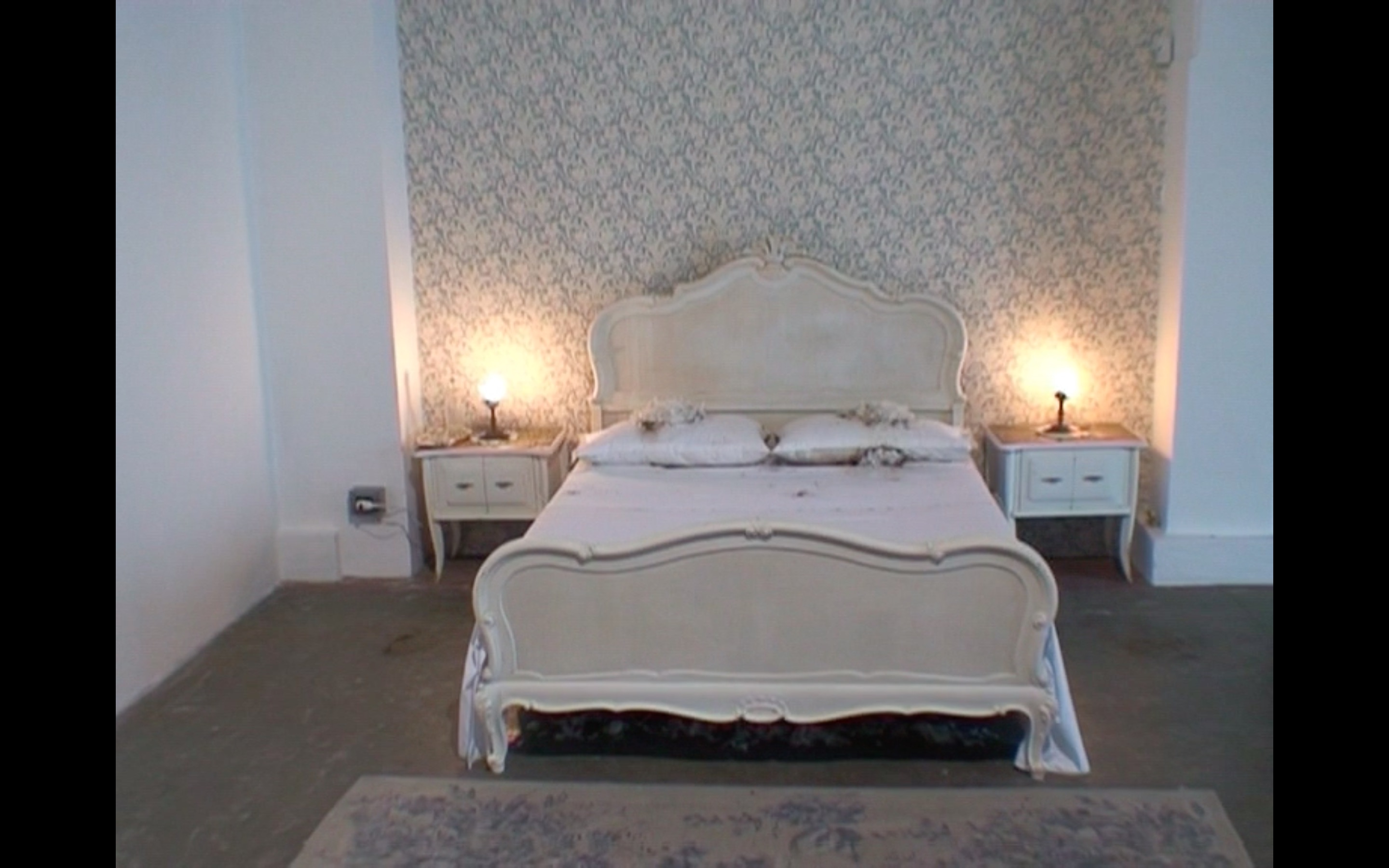
EXPLOSION #14, honeymoon
Prometeogallery, Milan
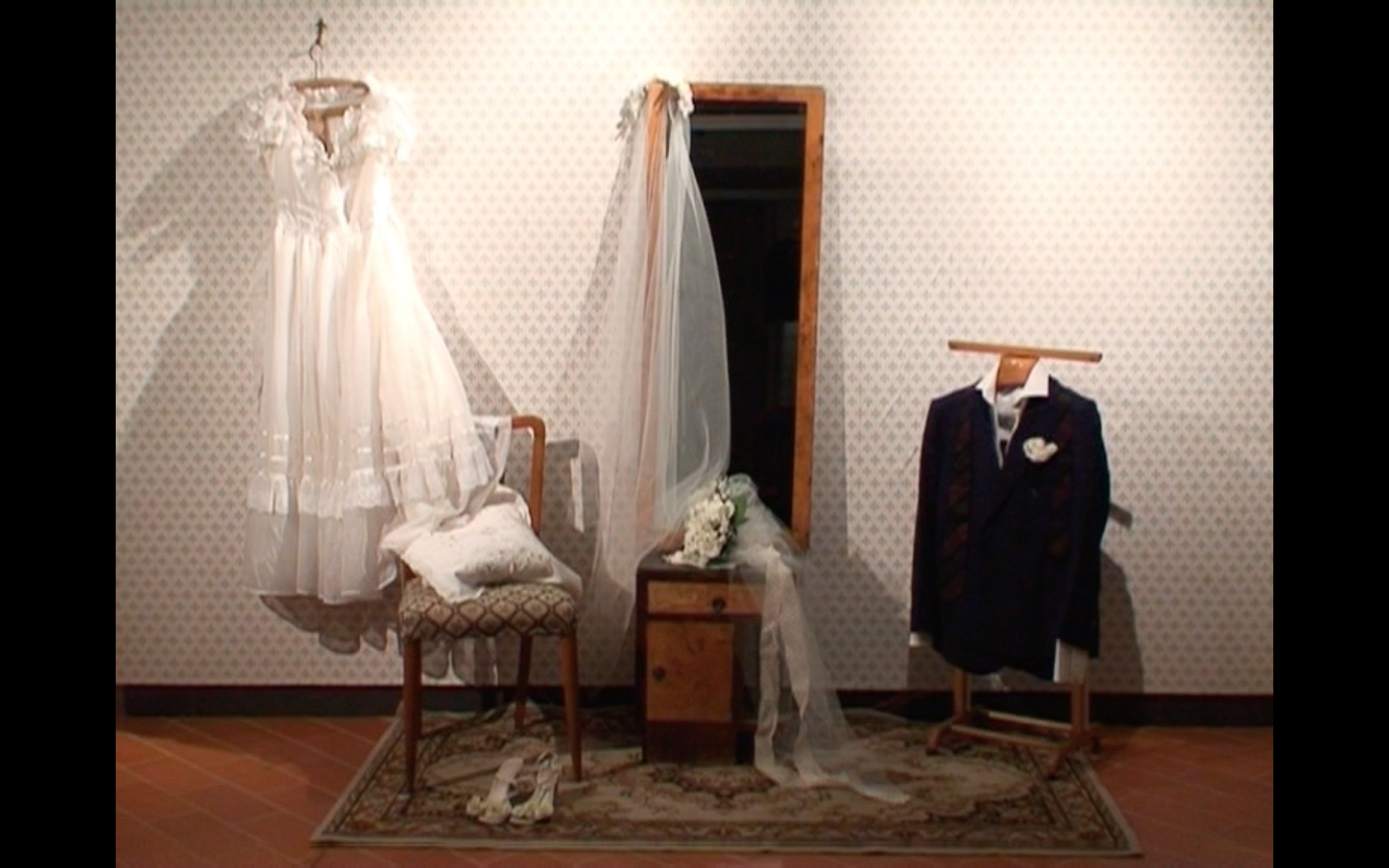
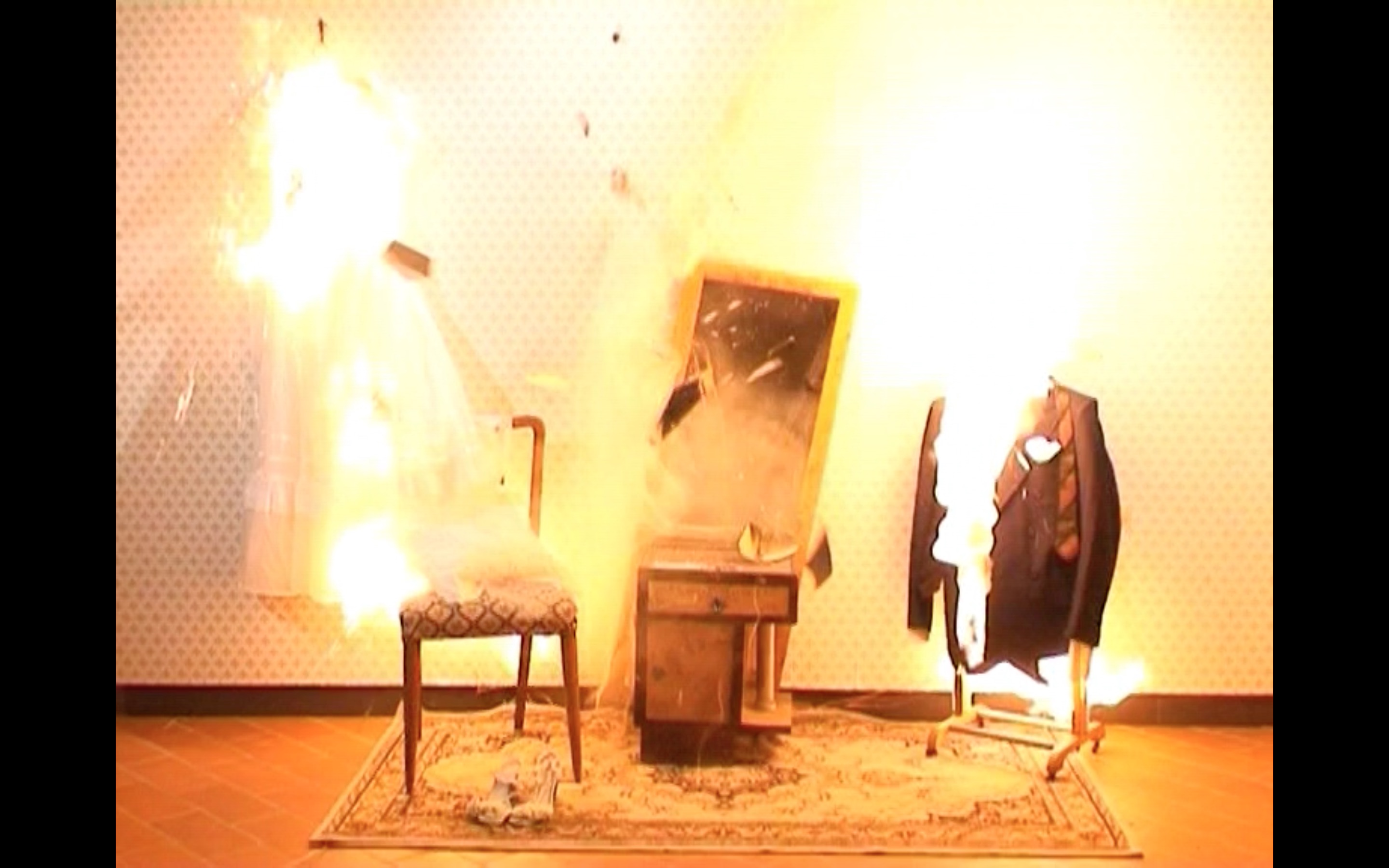

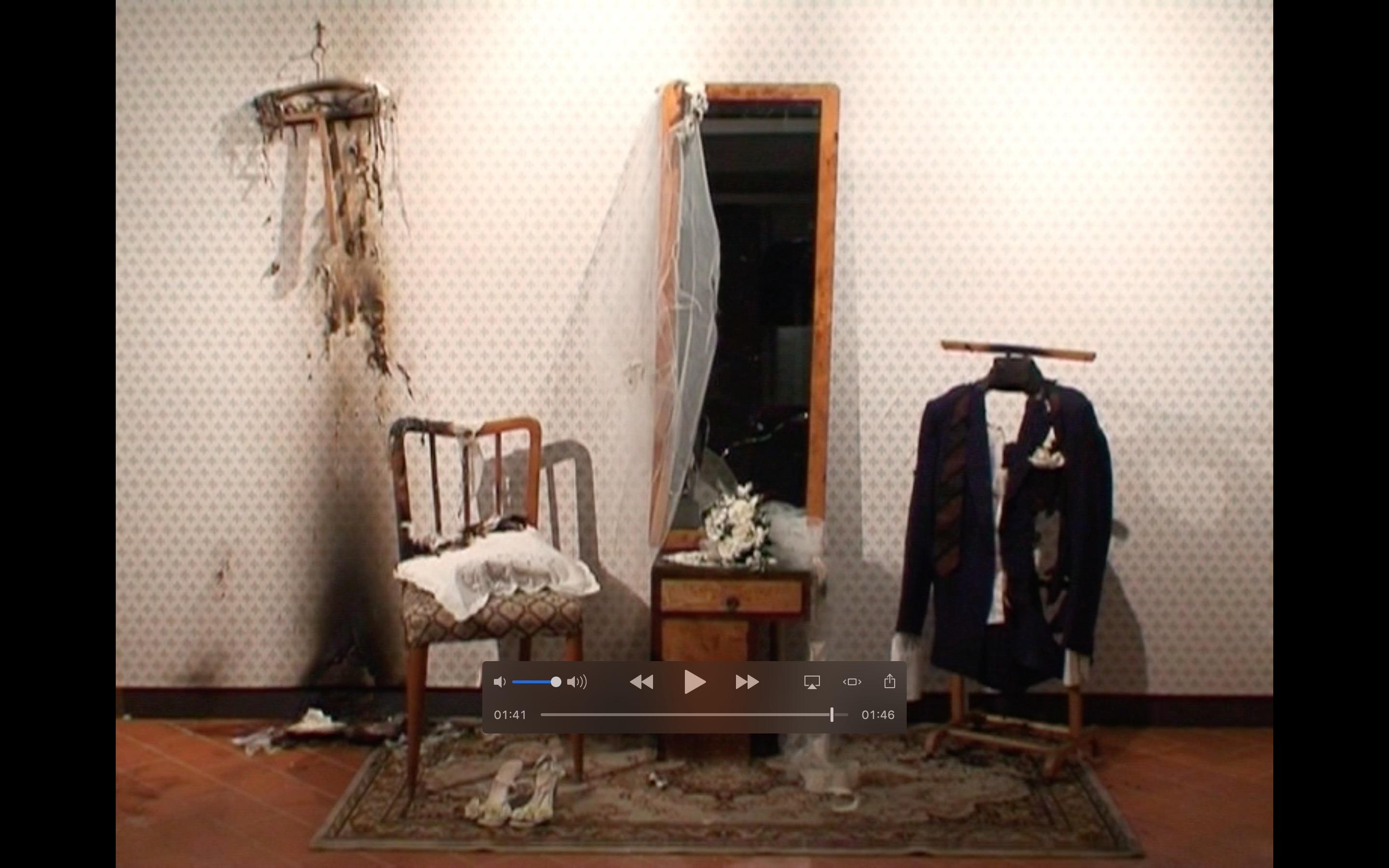
EXPLOSION#13, the wedding day
Spazi Ex Siri, Terni
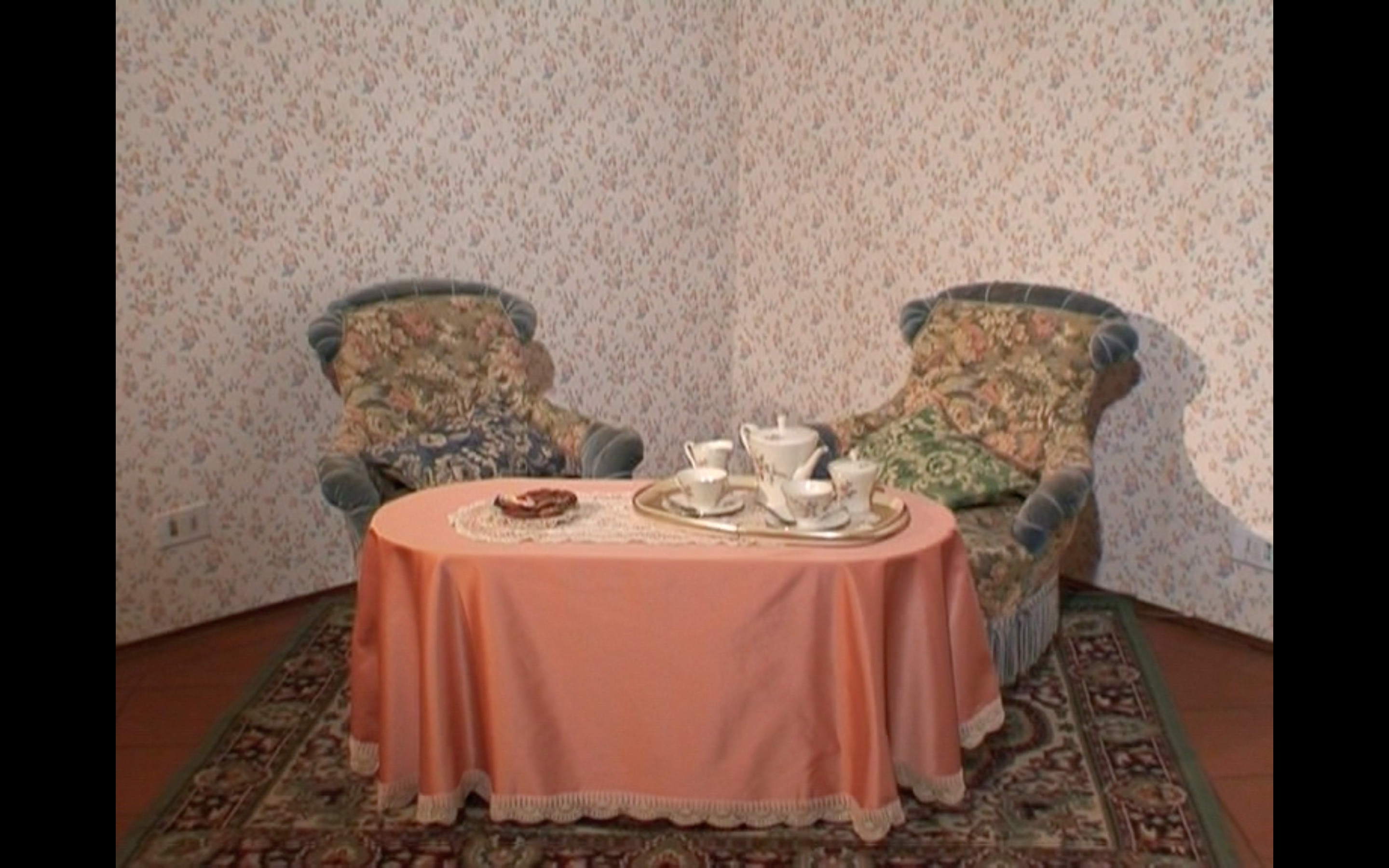

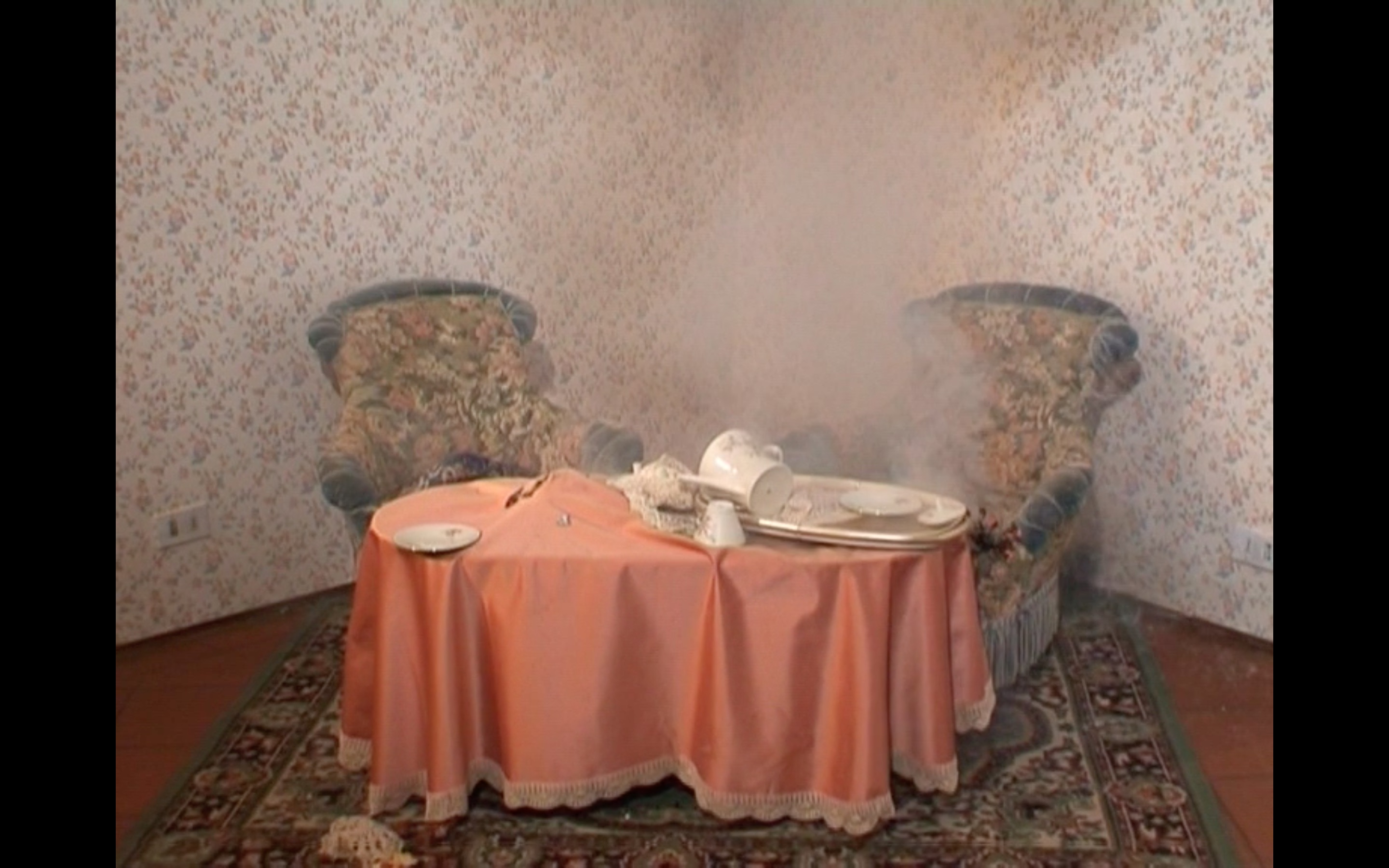
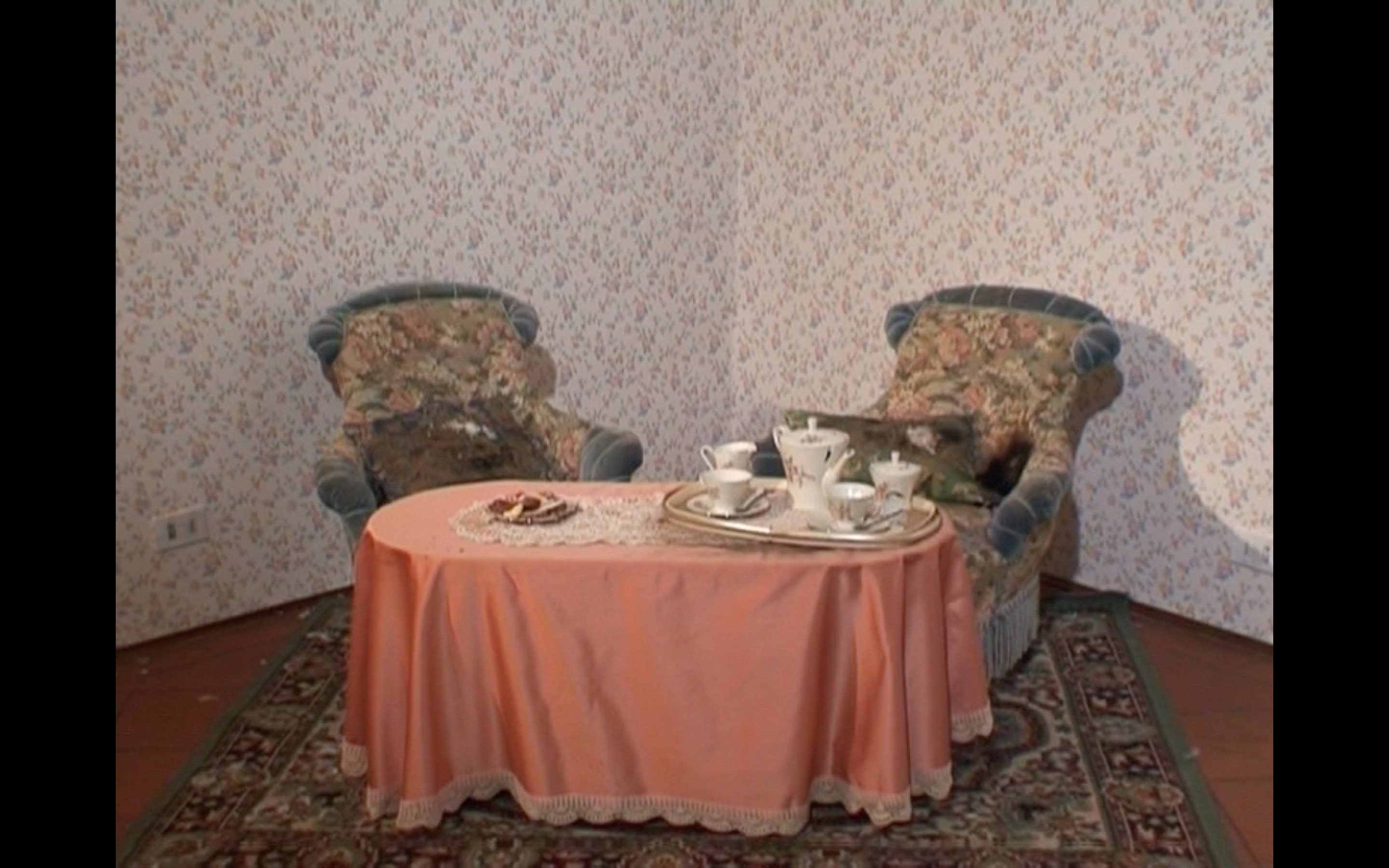
EXPLOSION #12, tea for two
La Corte Arte Conntemporanea, Firenze
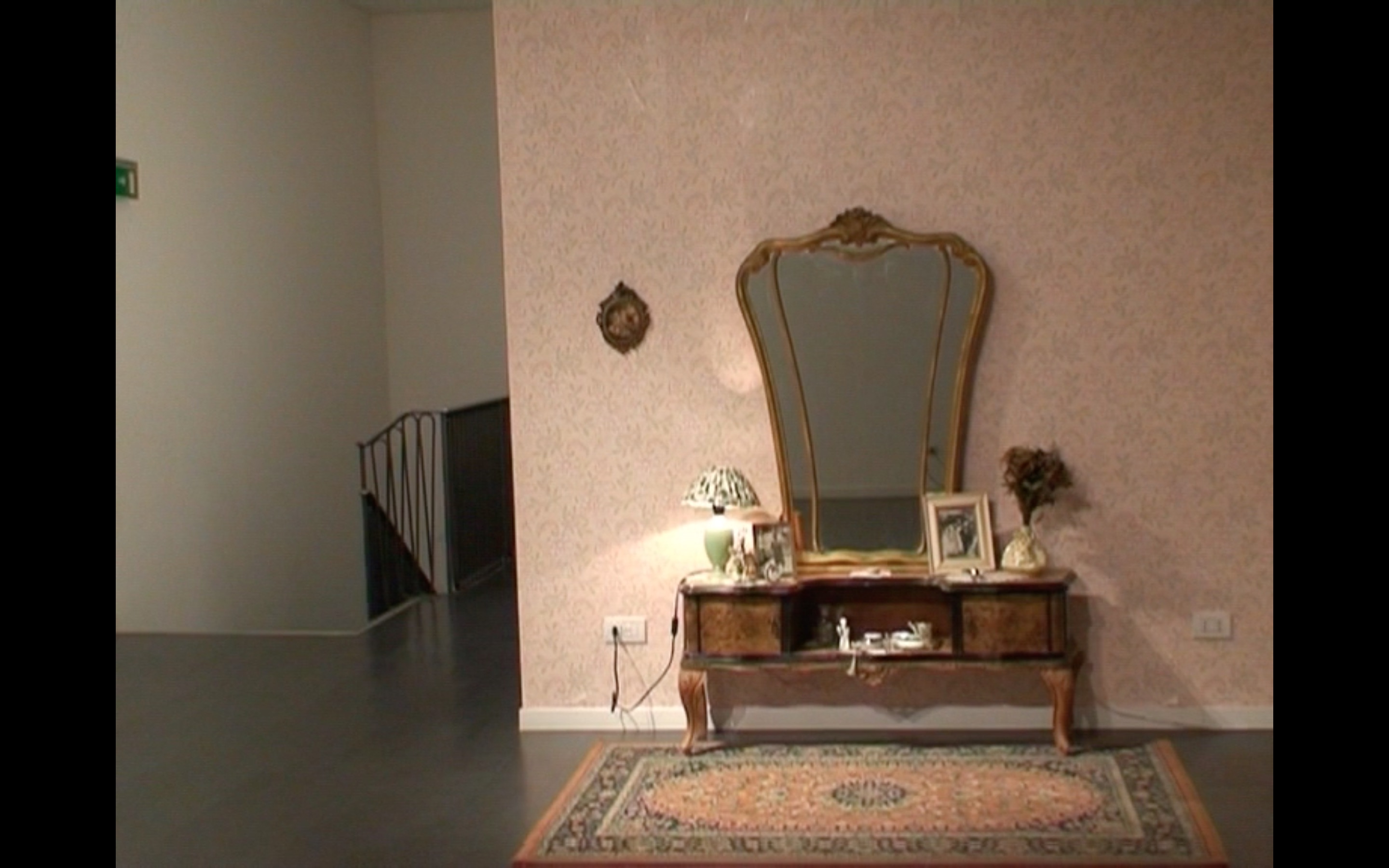
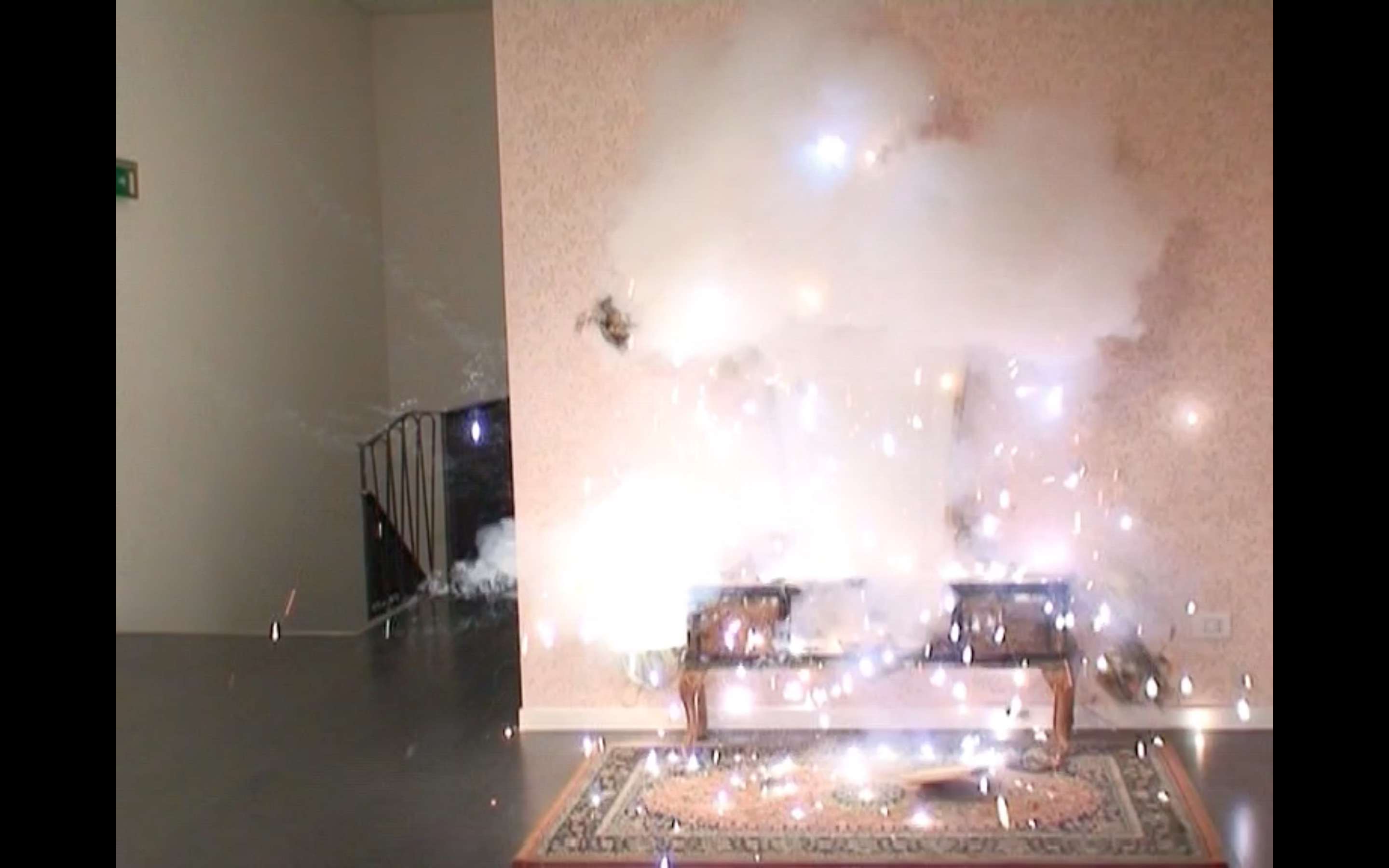
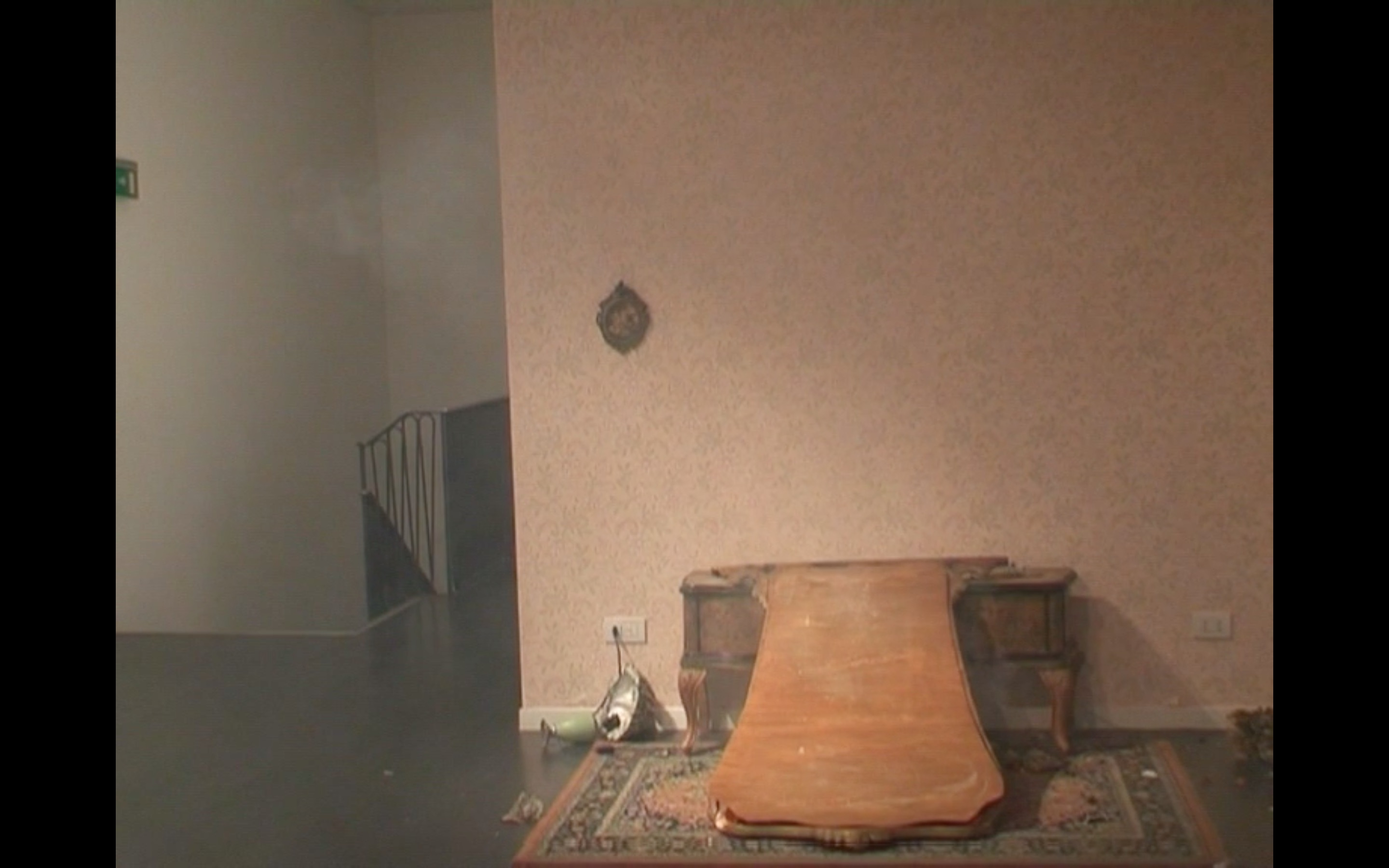
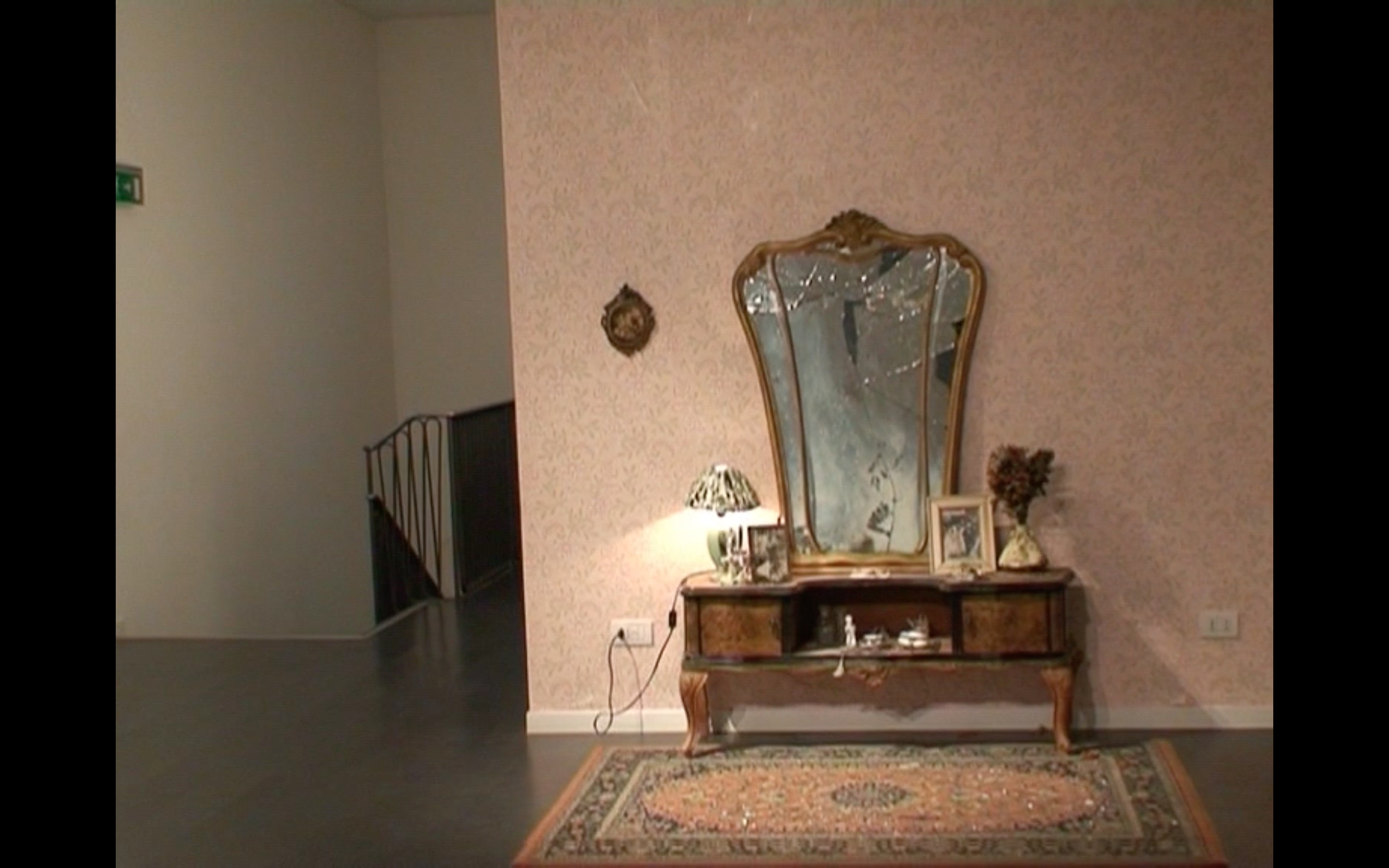
EXPLOSION#11
Corsoveneziaotto, Arte Contemporanea, Milano
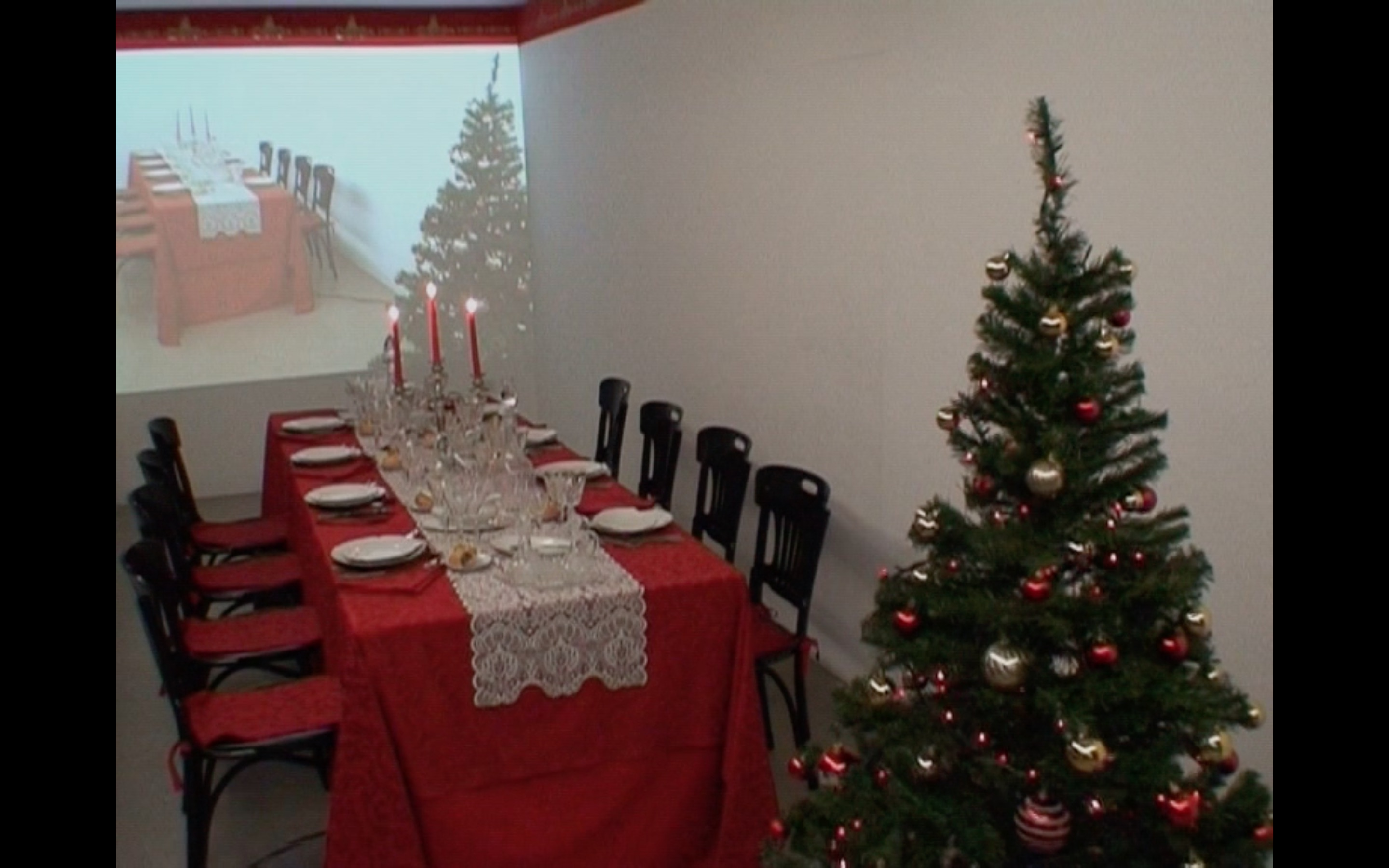
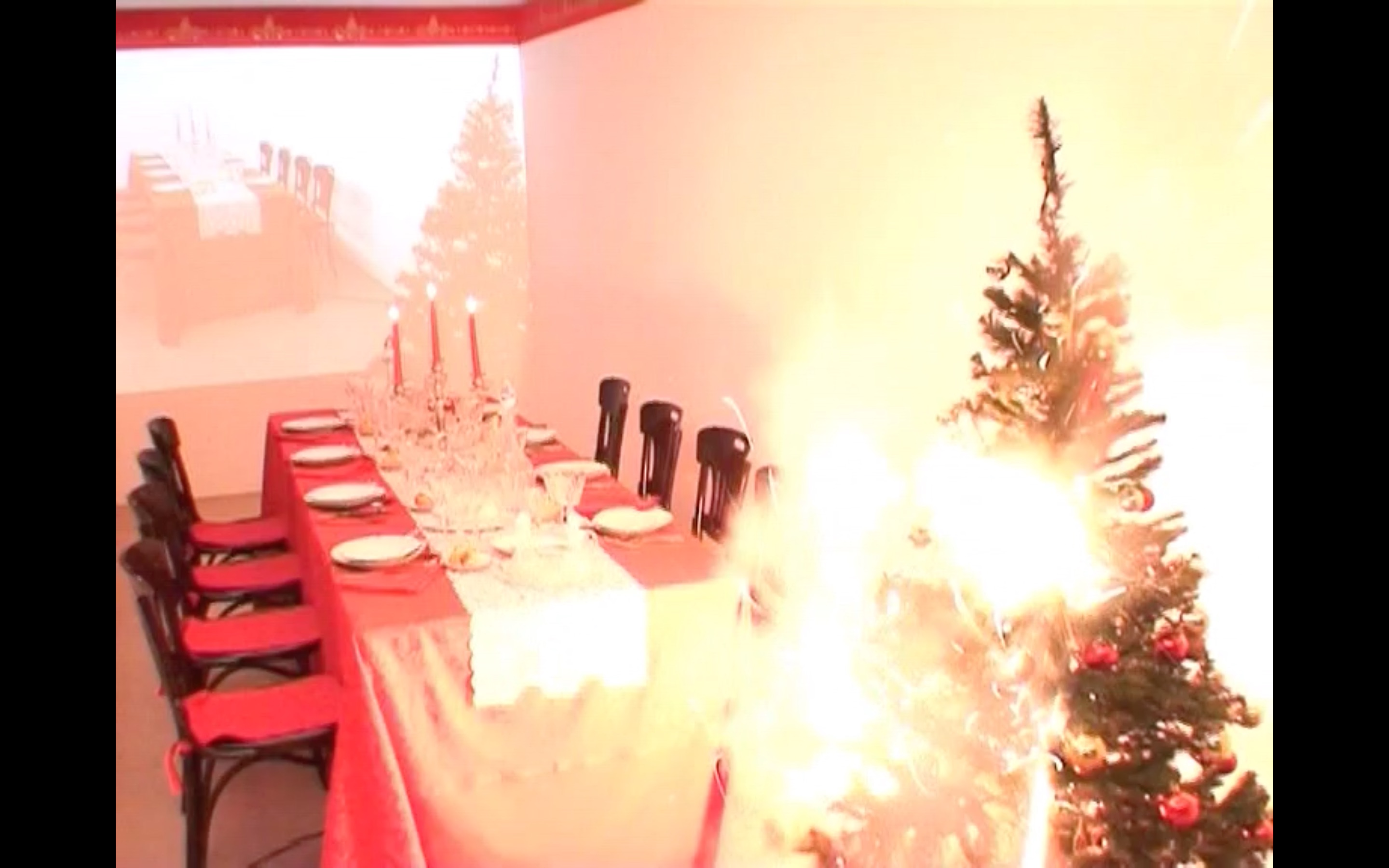
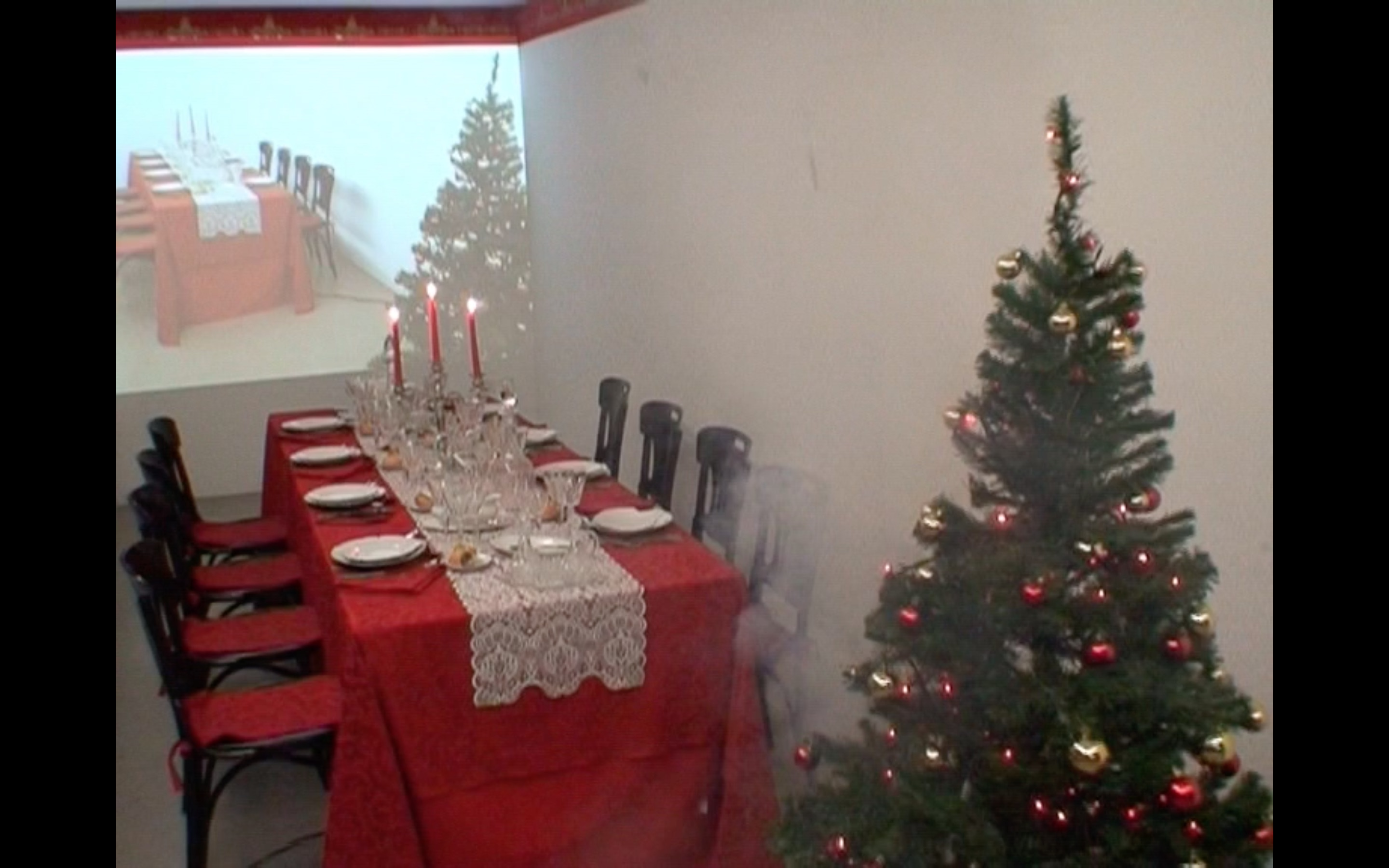
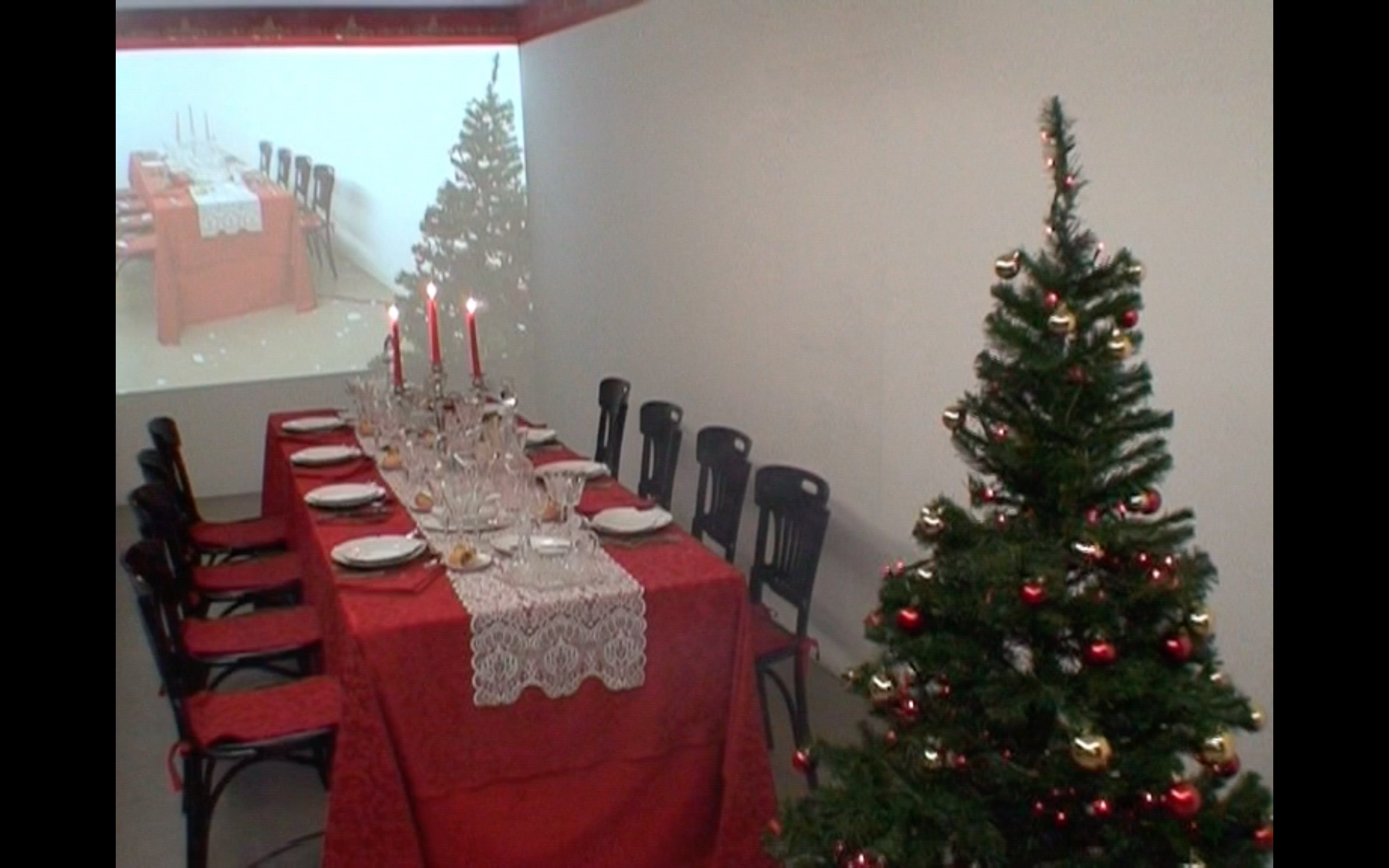
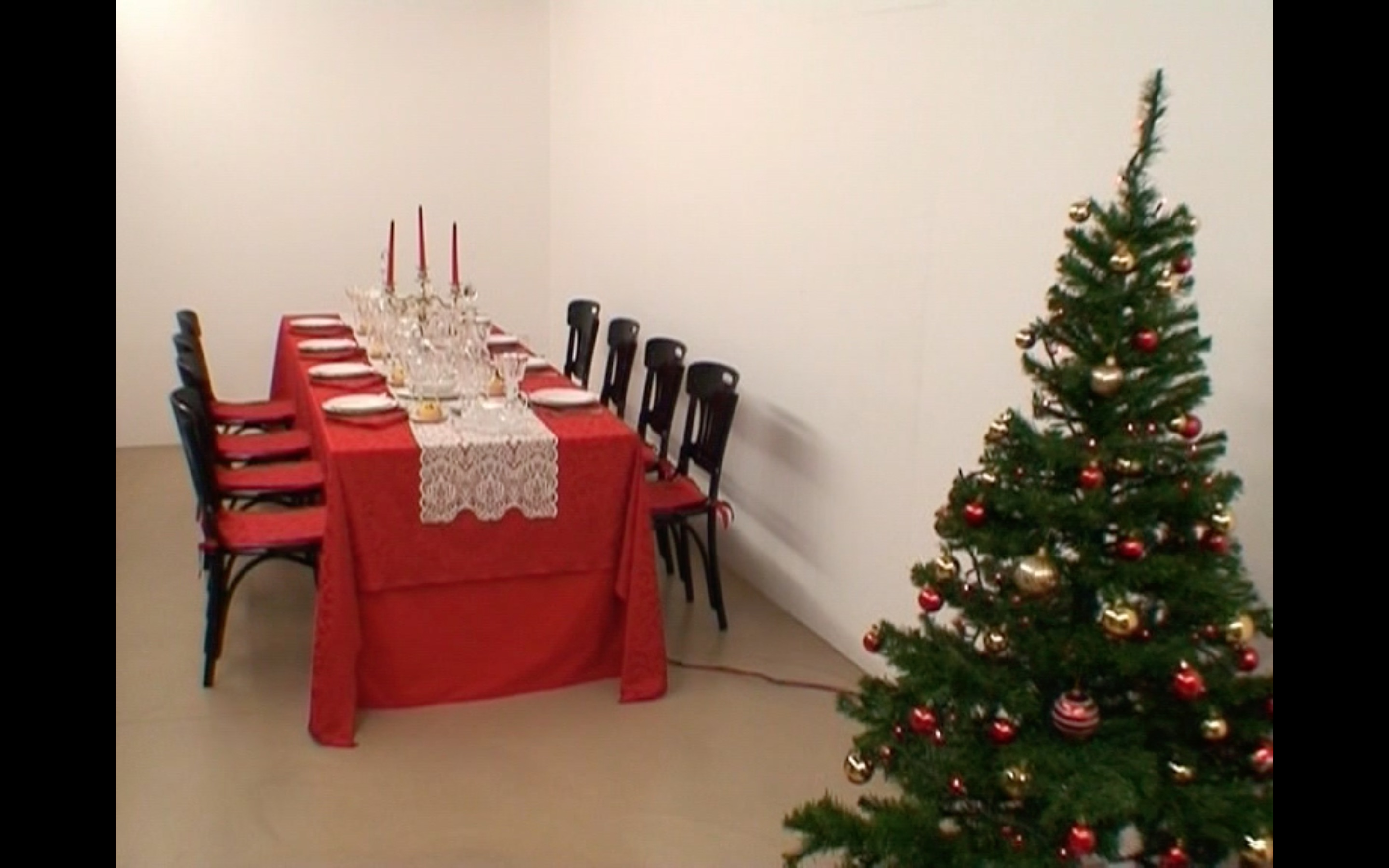
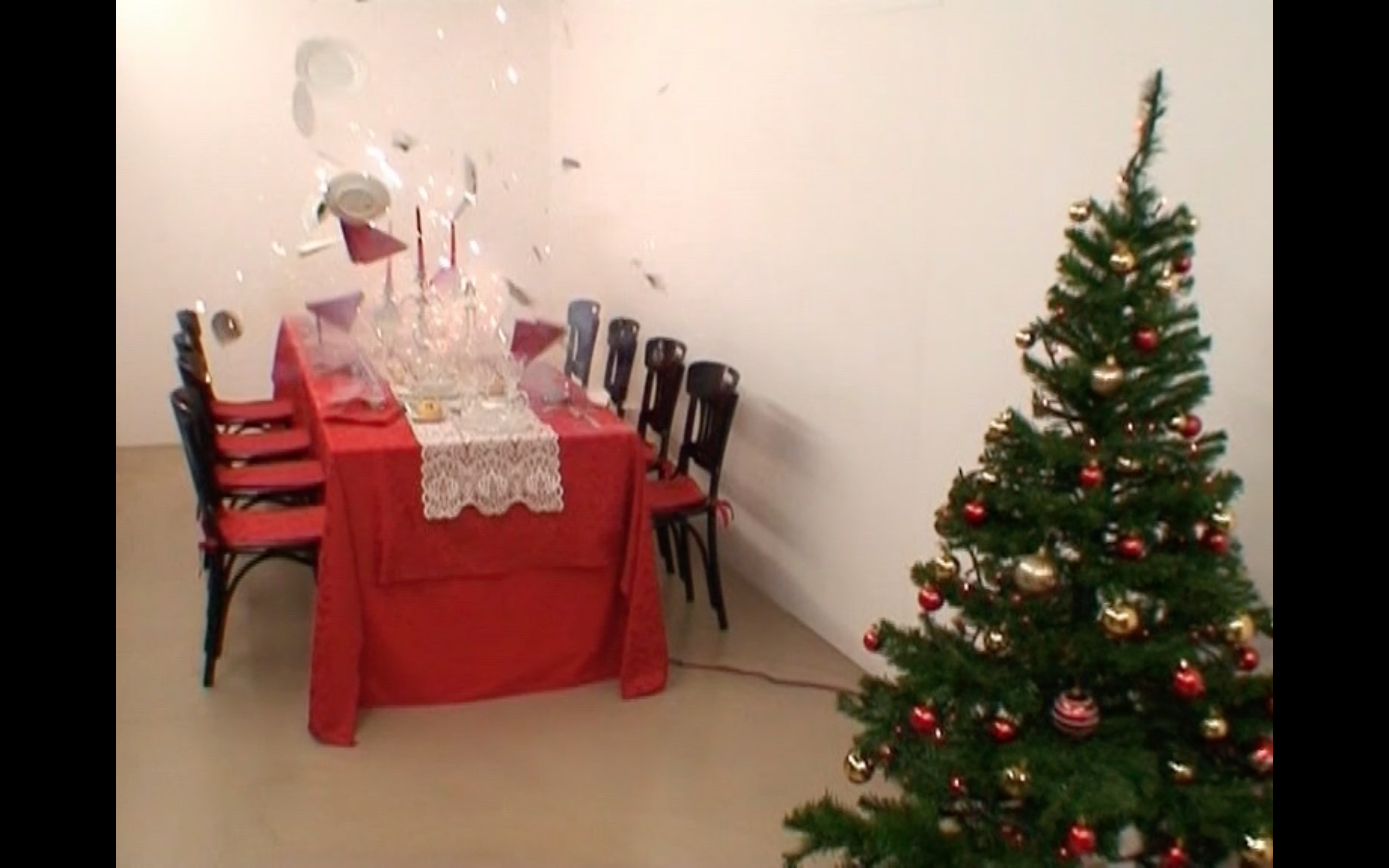
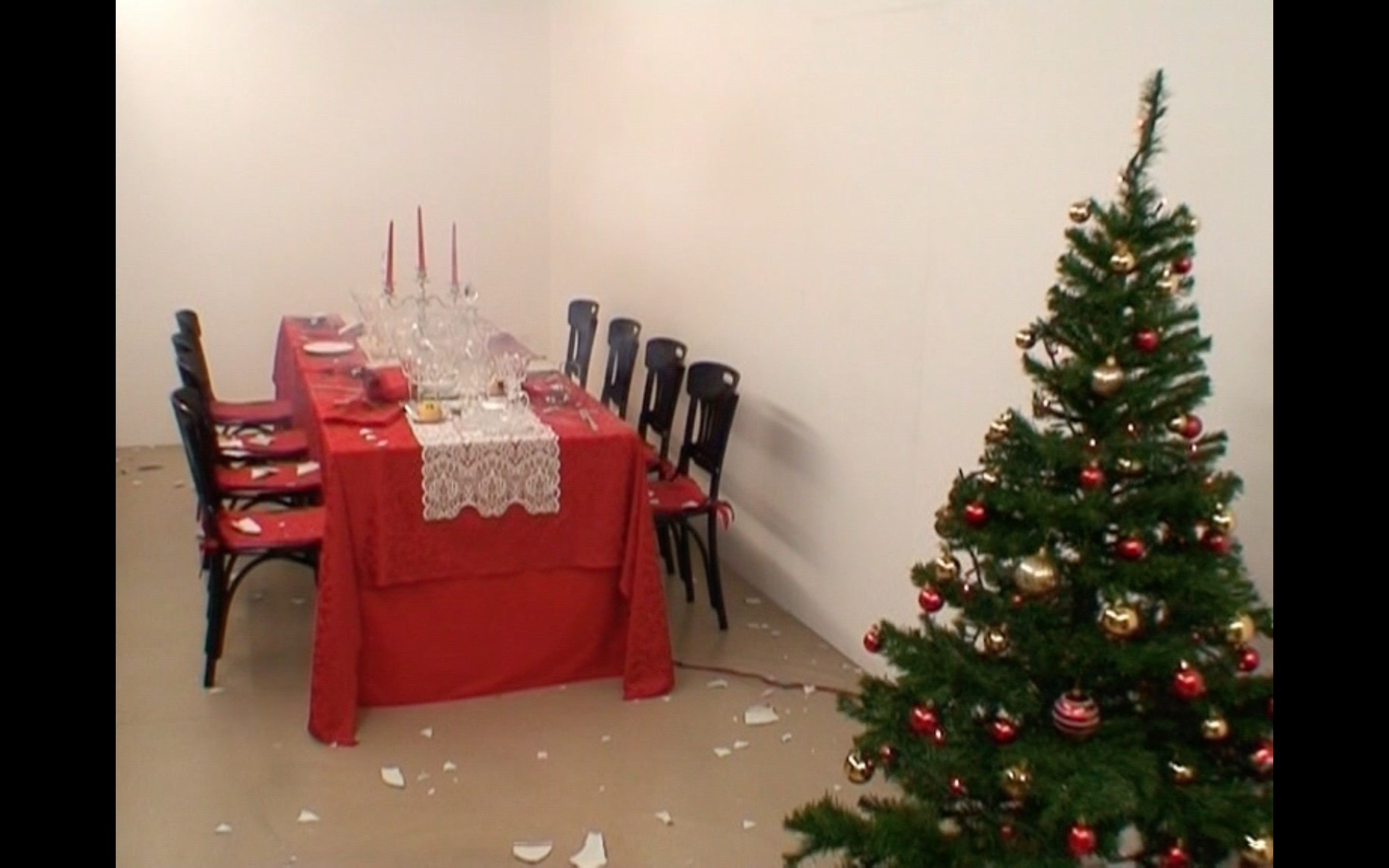
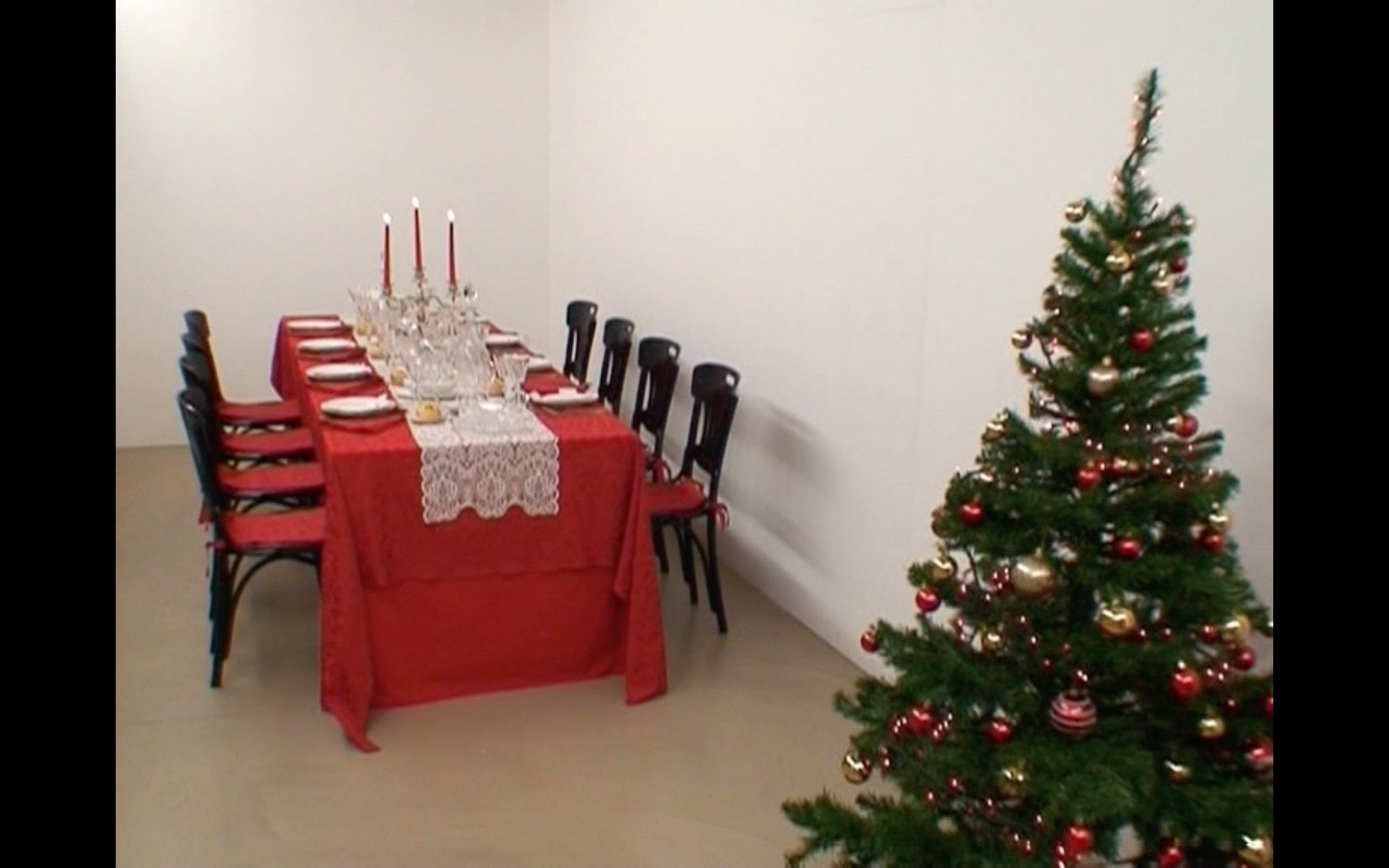
EXPLOSION#9,#10 Christmas Evening
Wilfried Von Gunten Projectraum, Thun, Switzerland
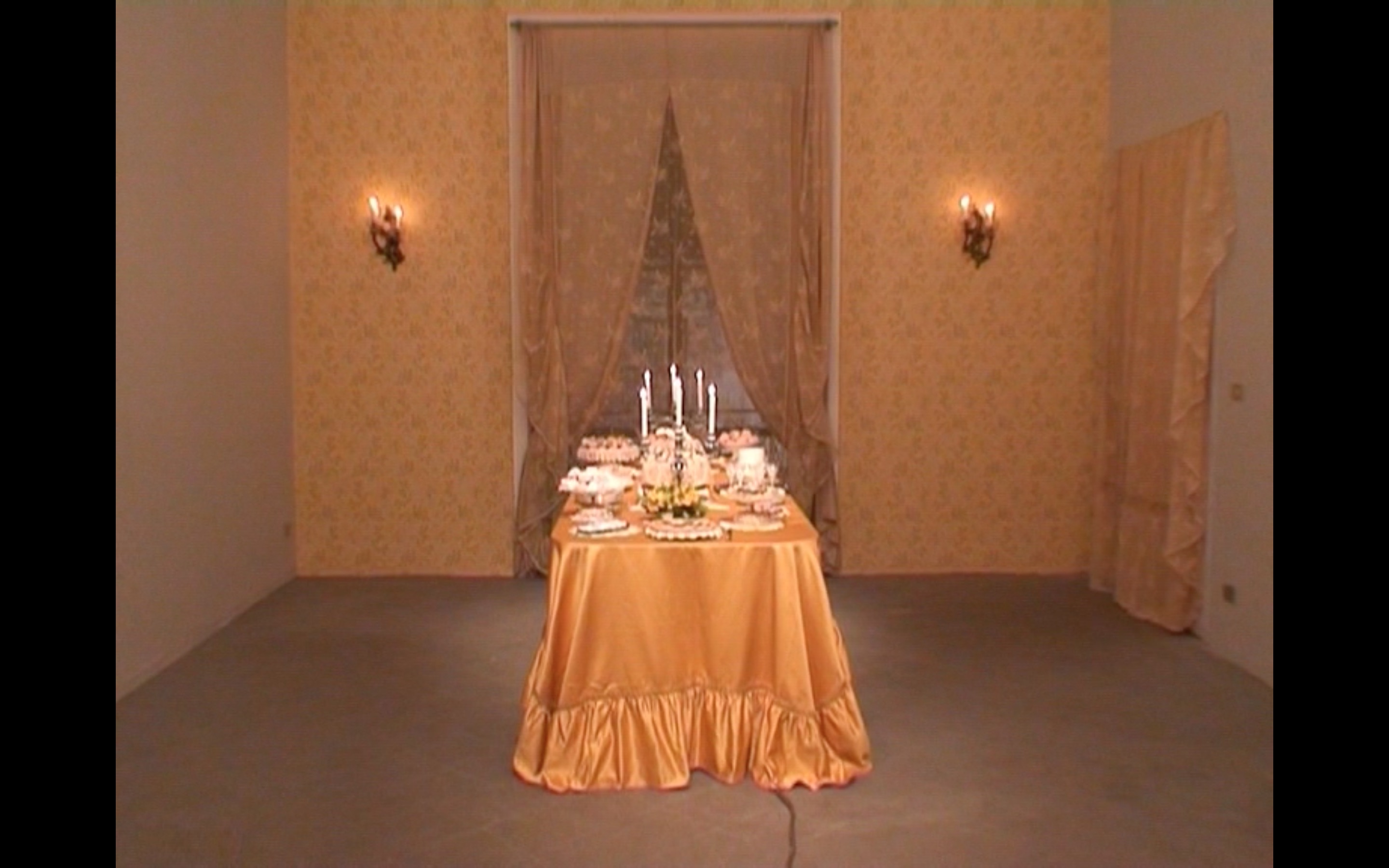
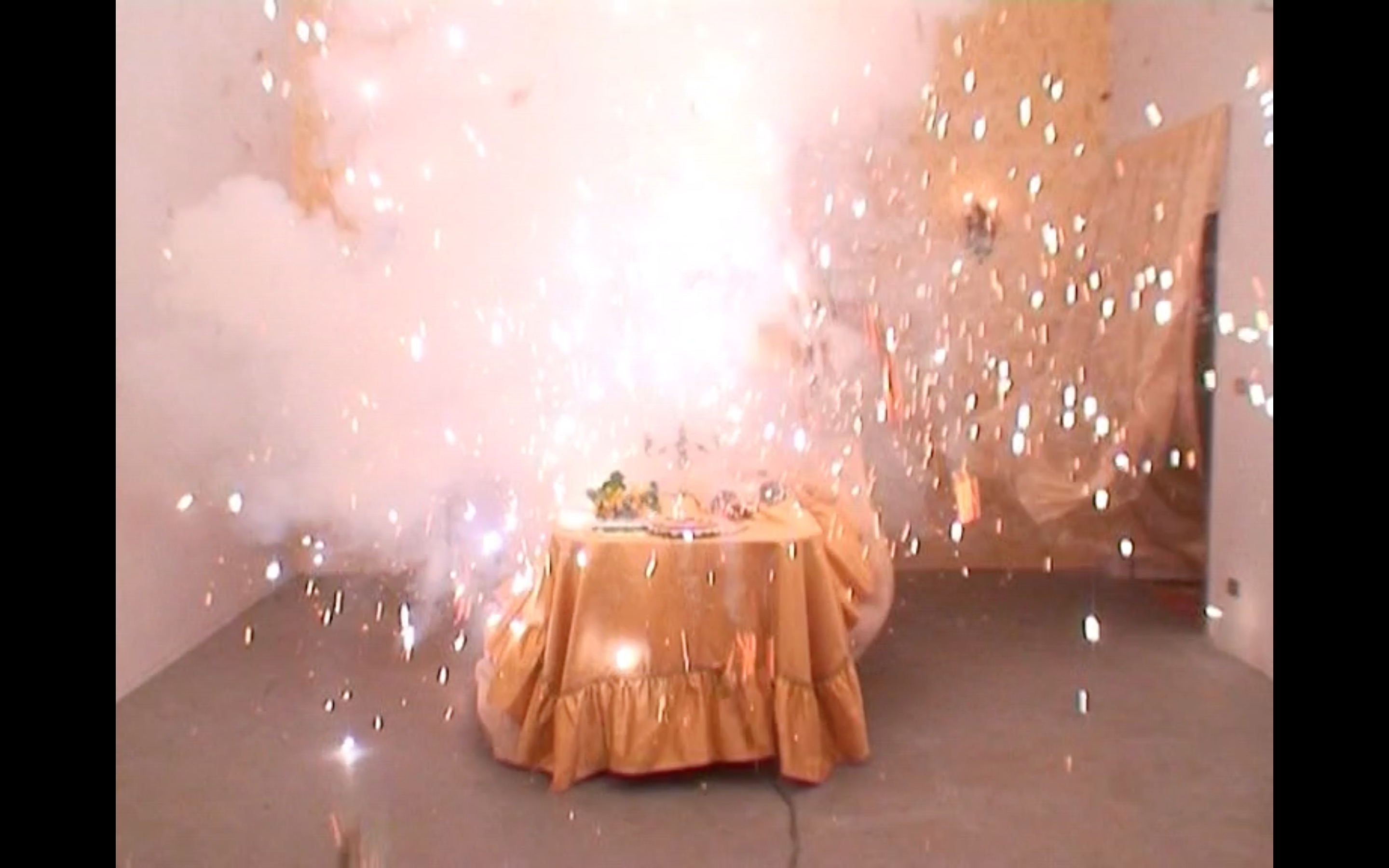
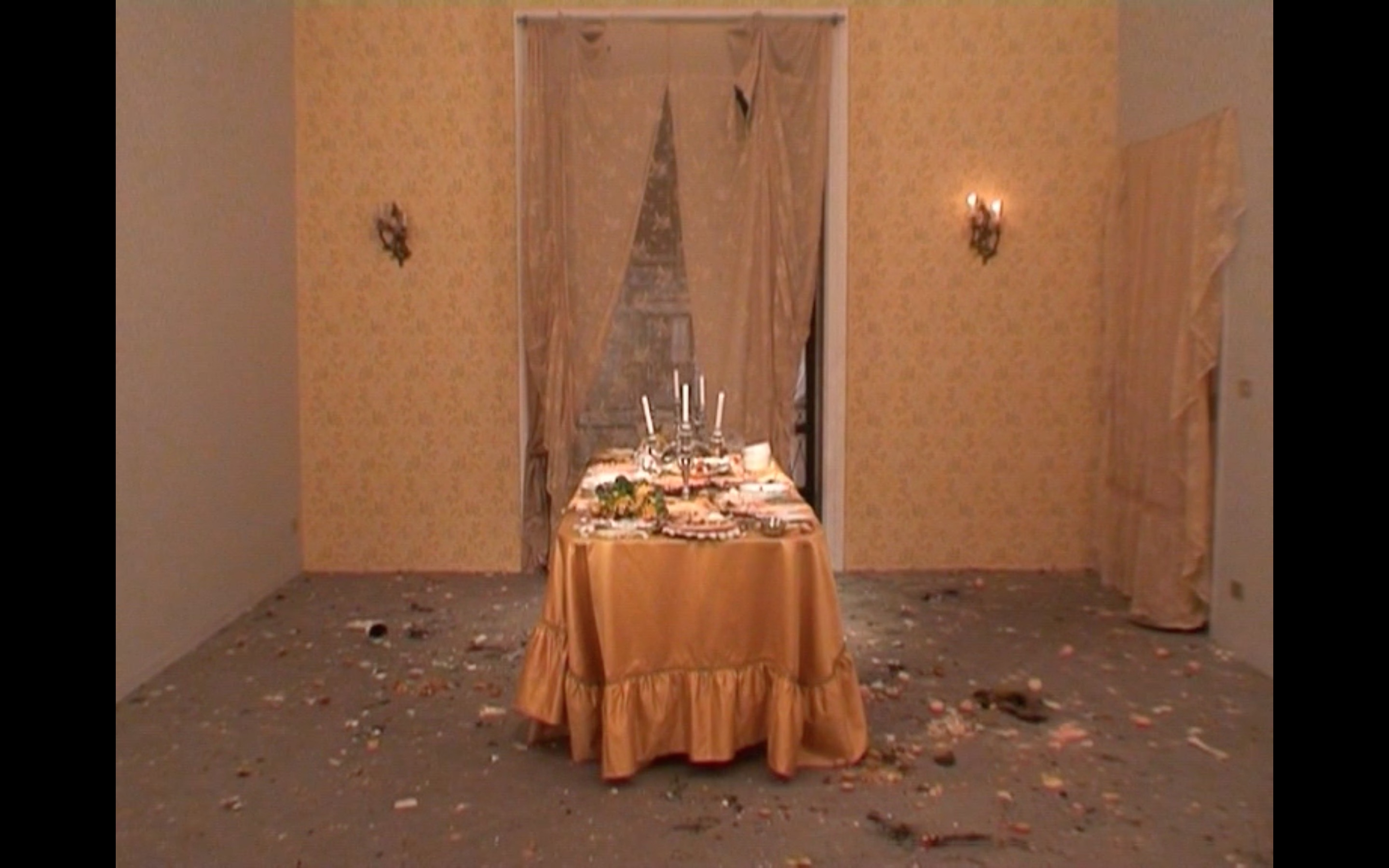
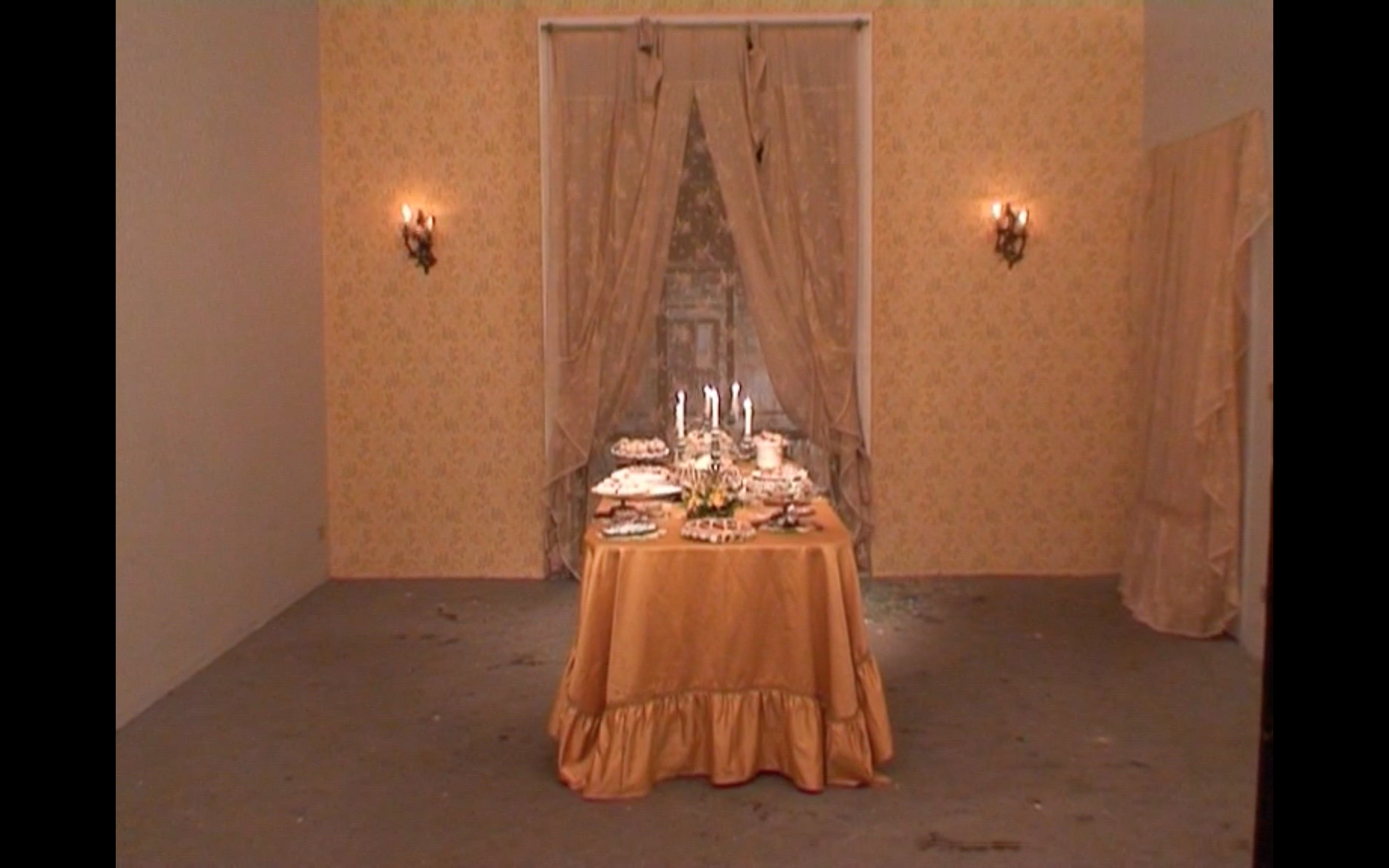
EXPLOSION#8 sweets, 2006
Francesco Pantaleone Gallery
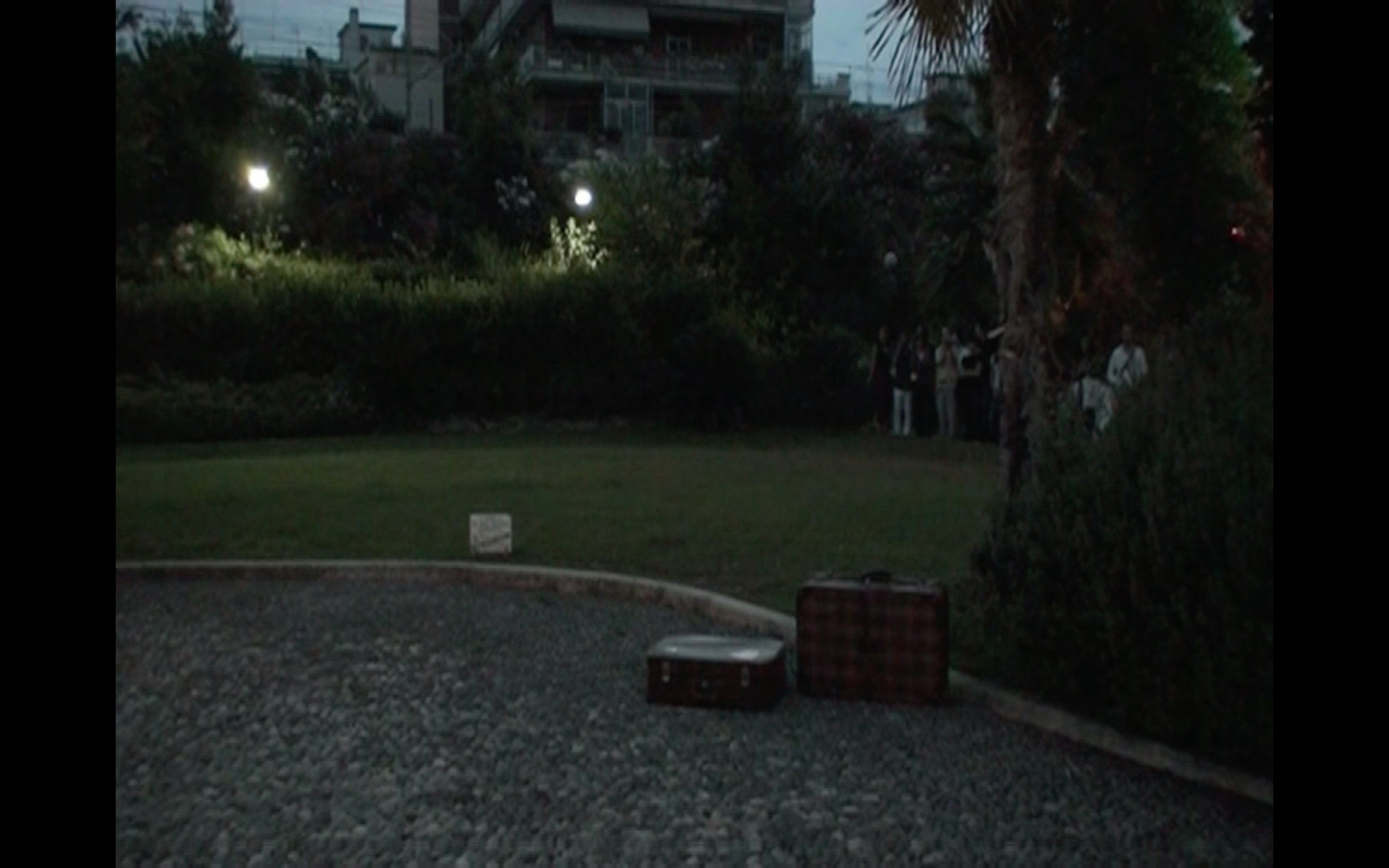
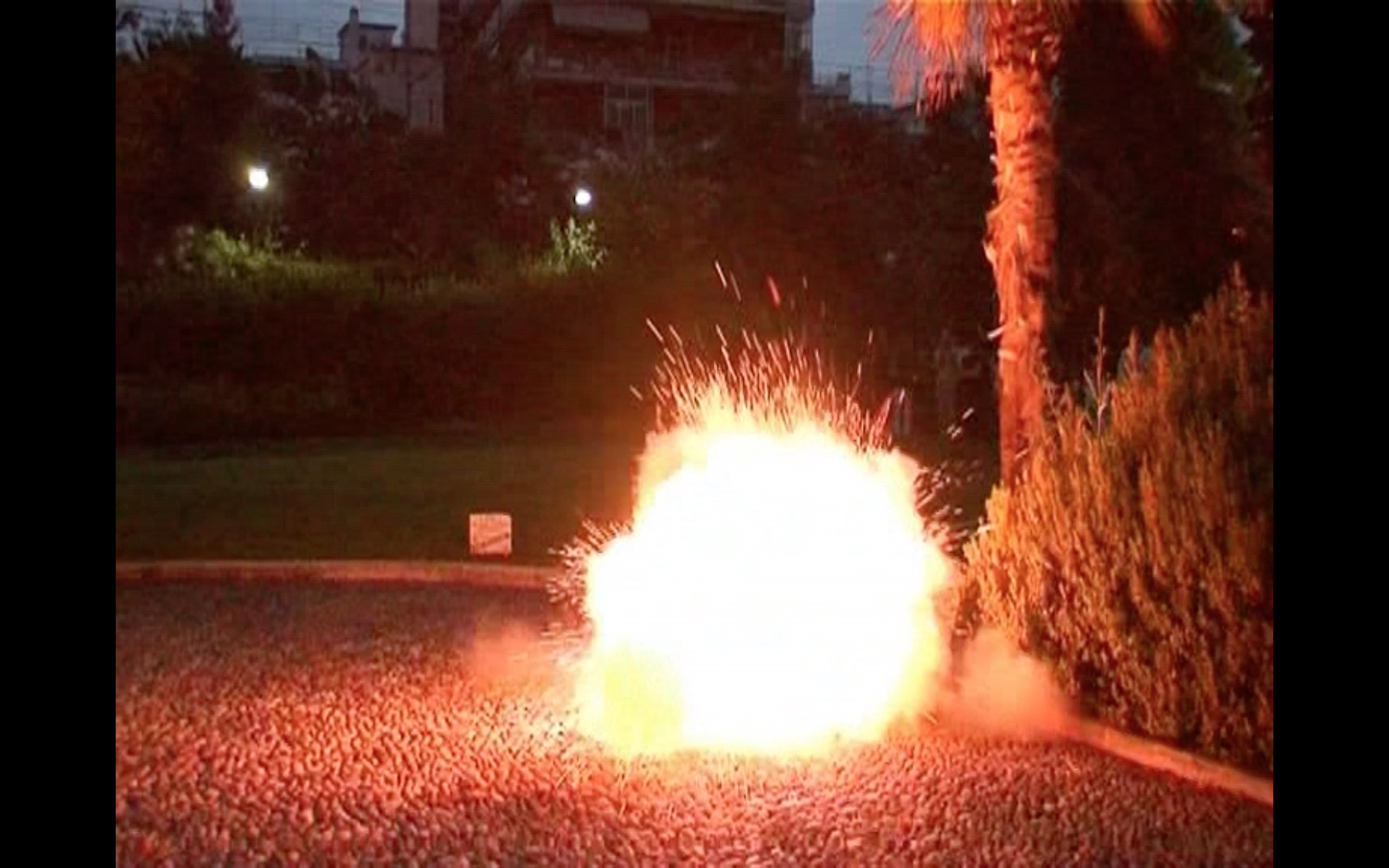
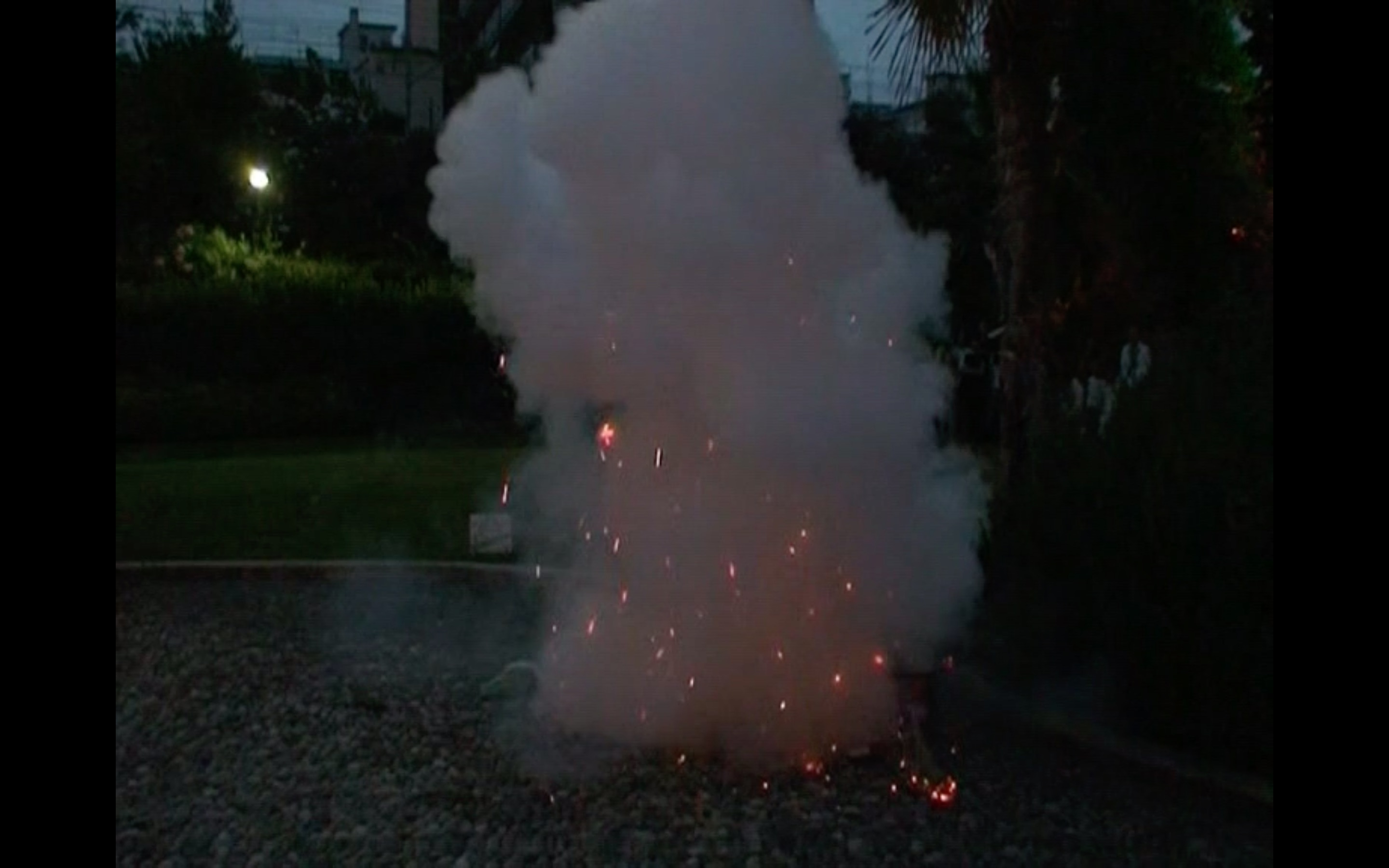
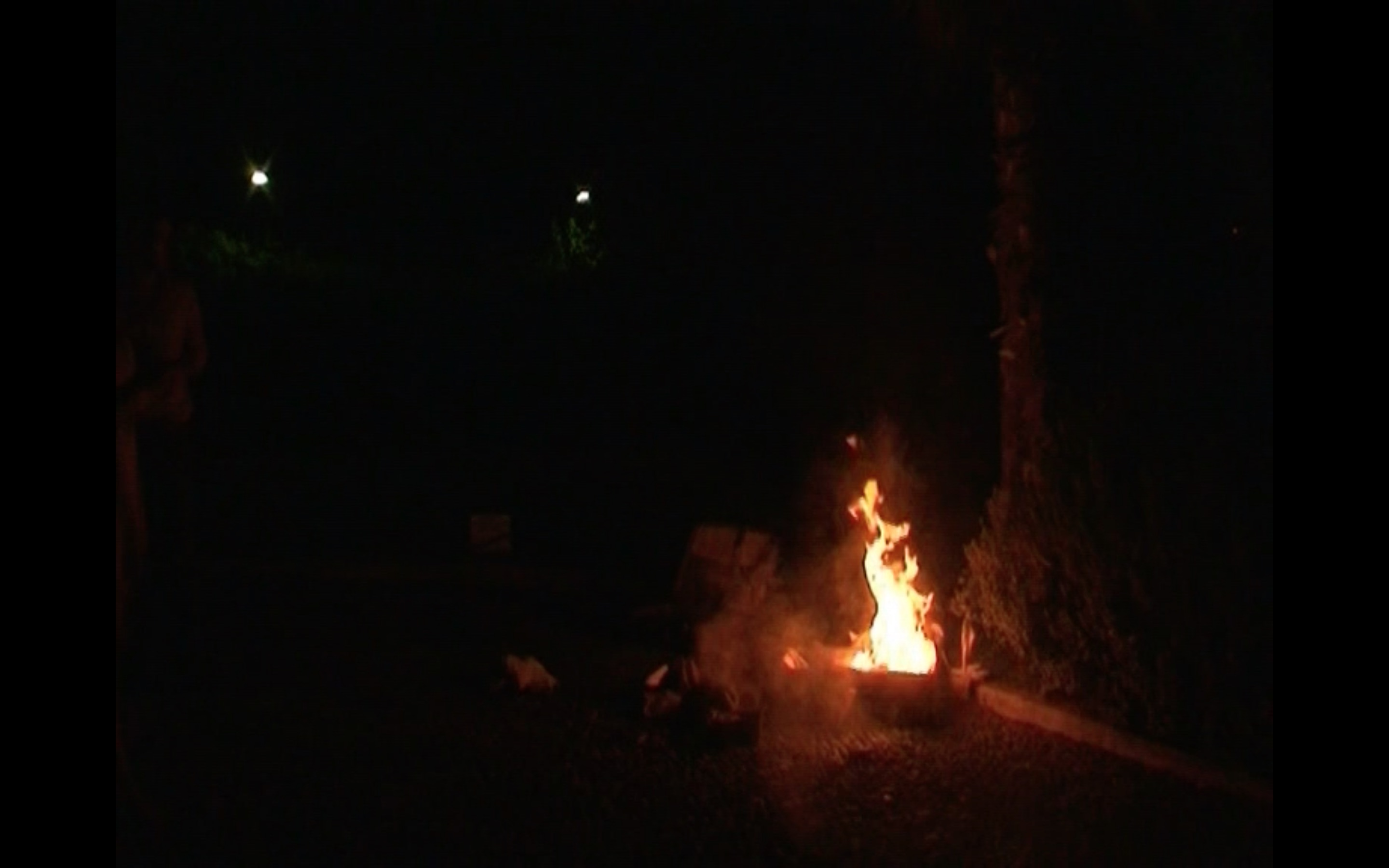
EXPLOSION#7 departure, 2006
Biennale Adriatica, San Benedetto del tronto
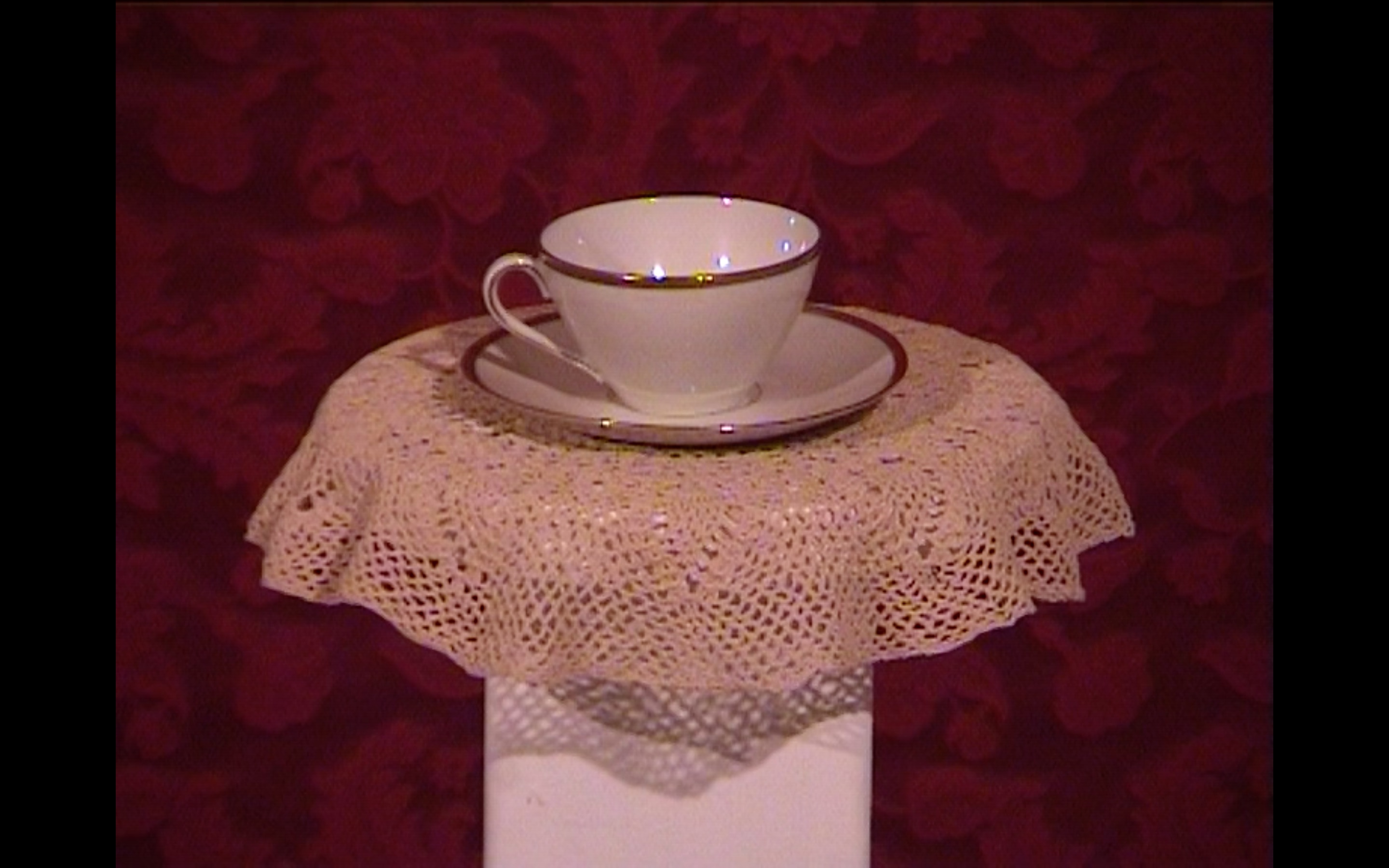
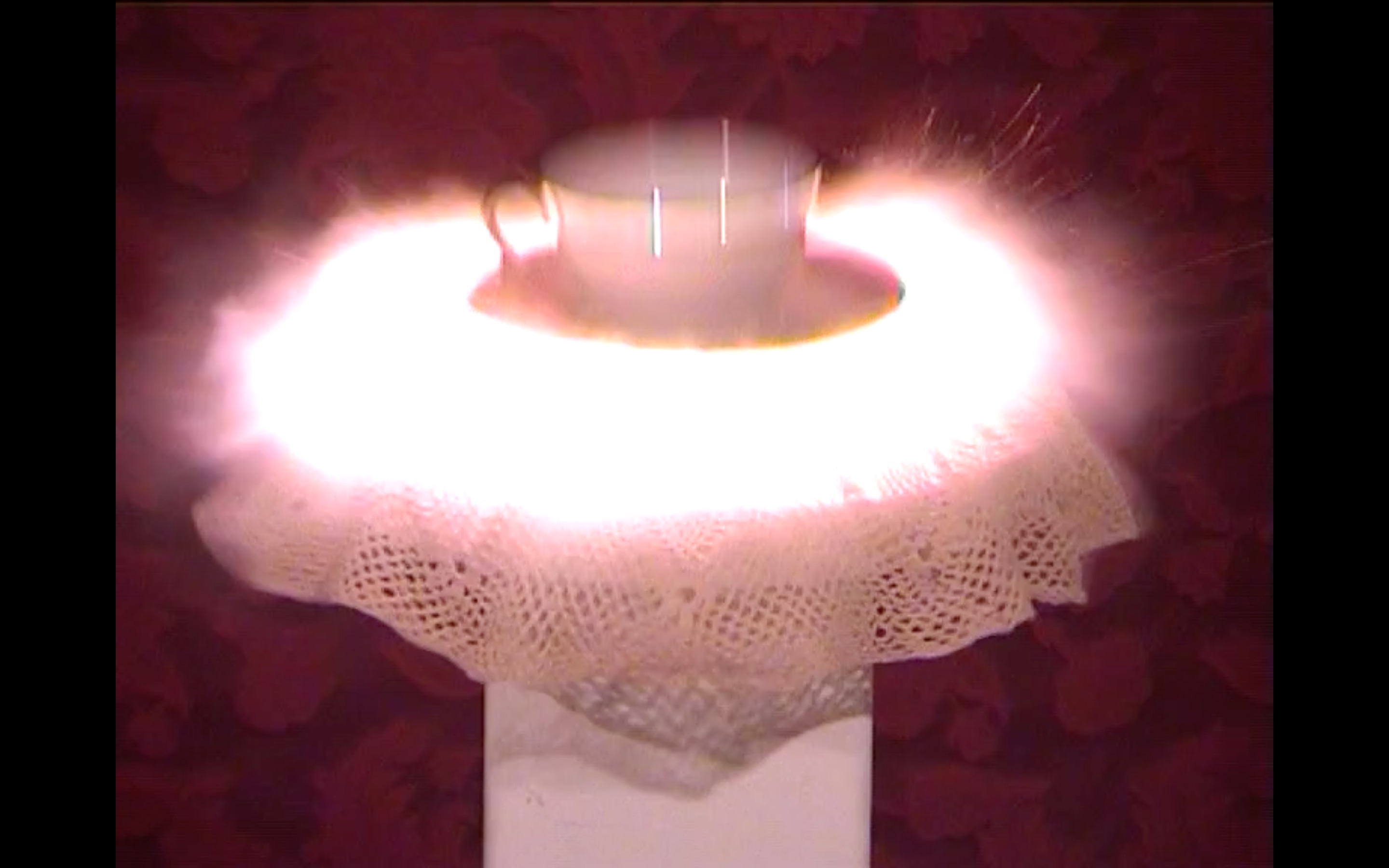
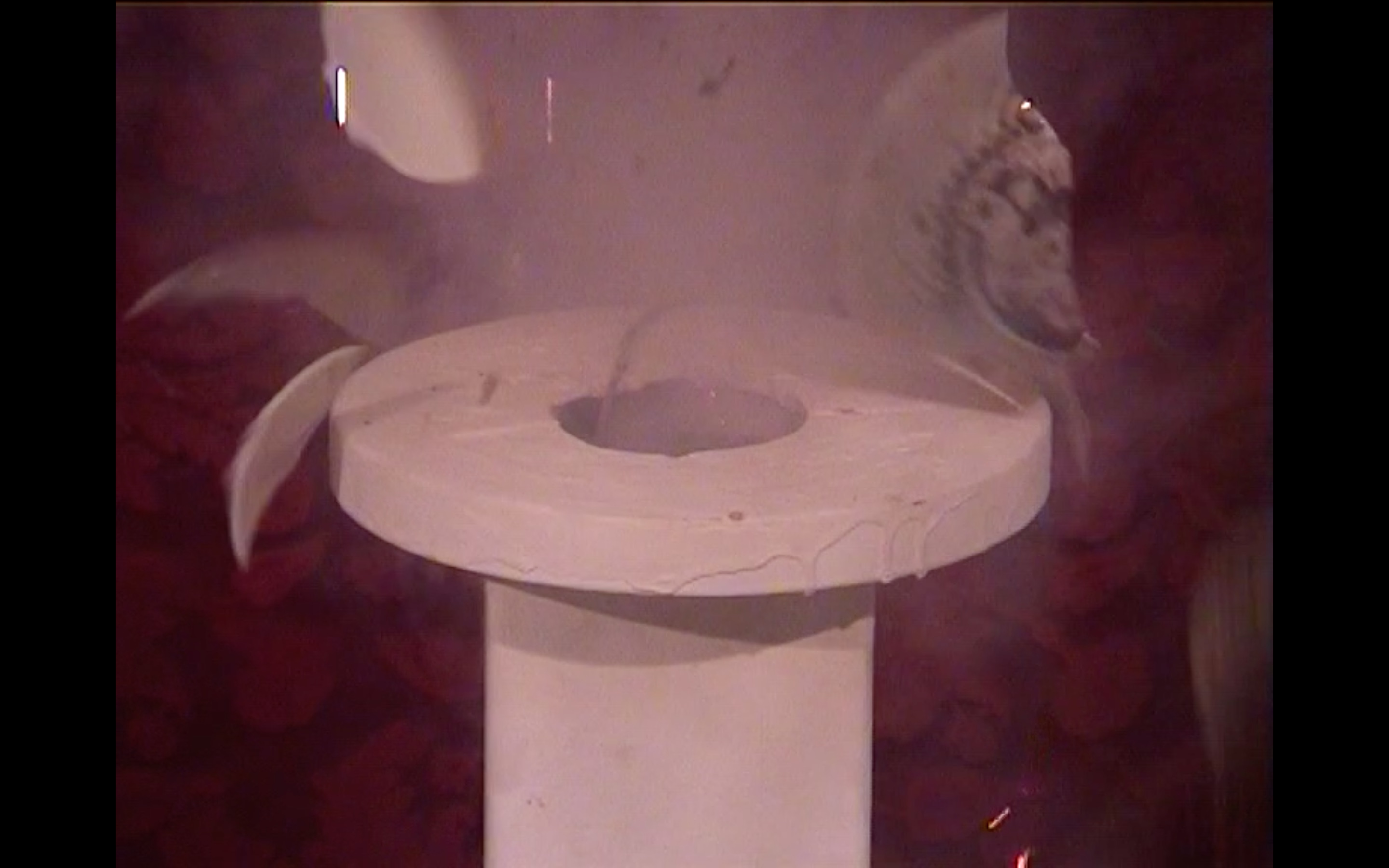
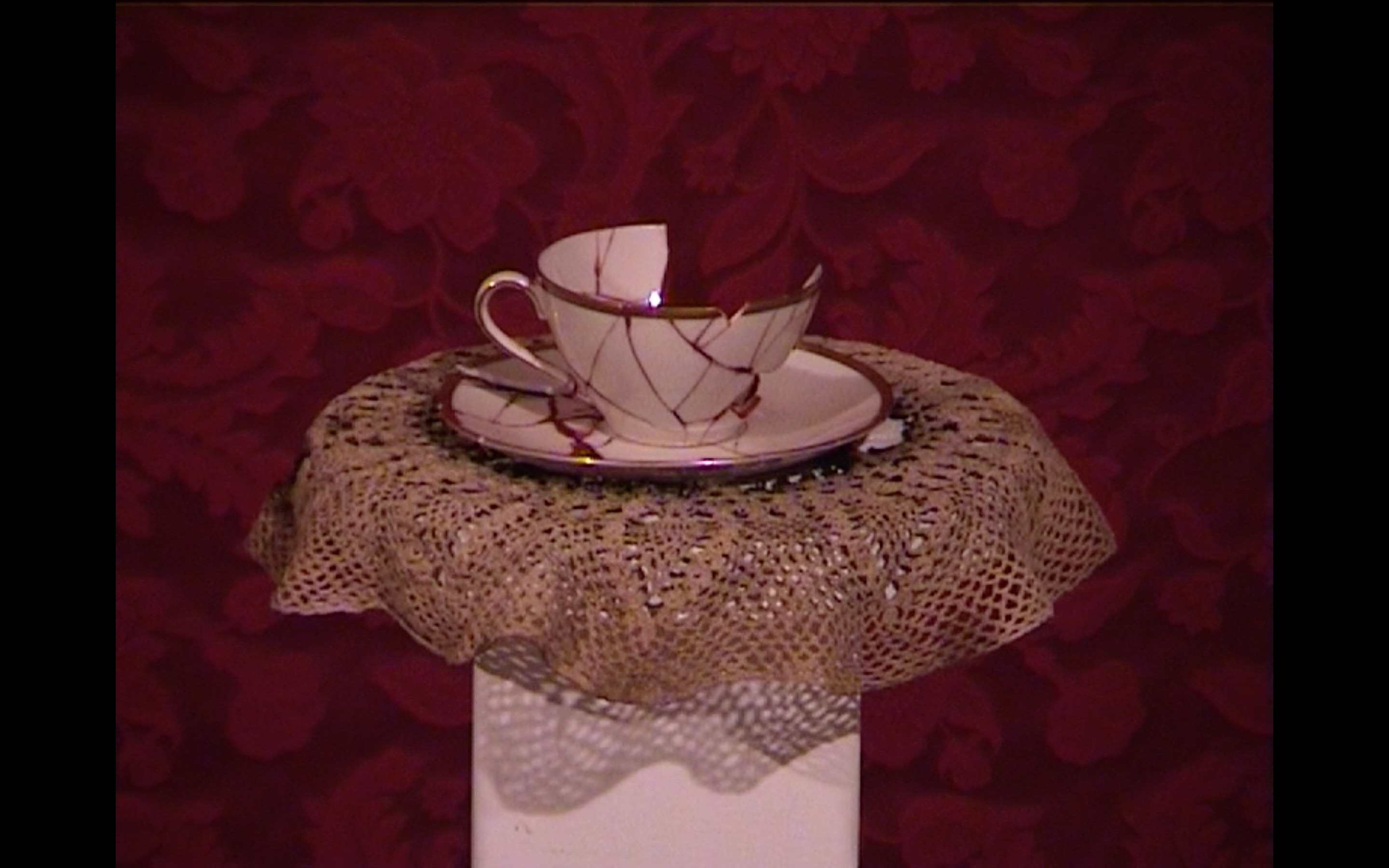
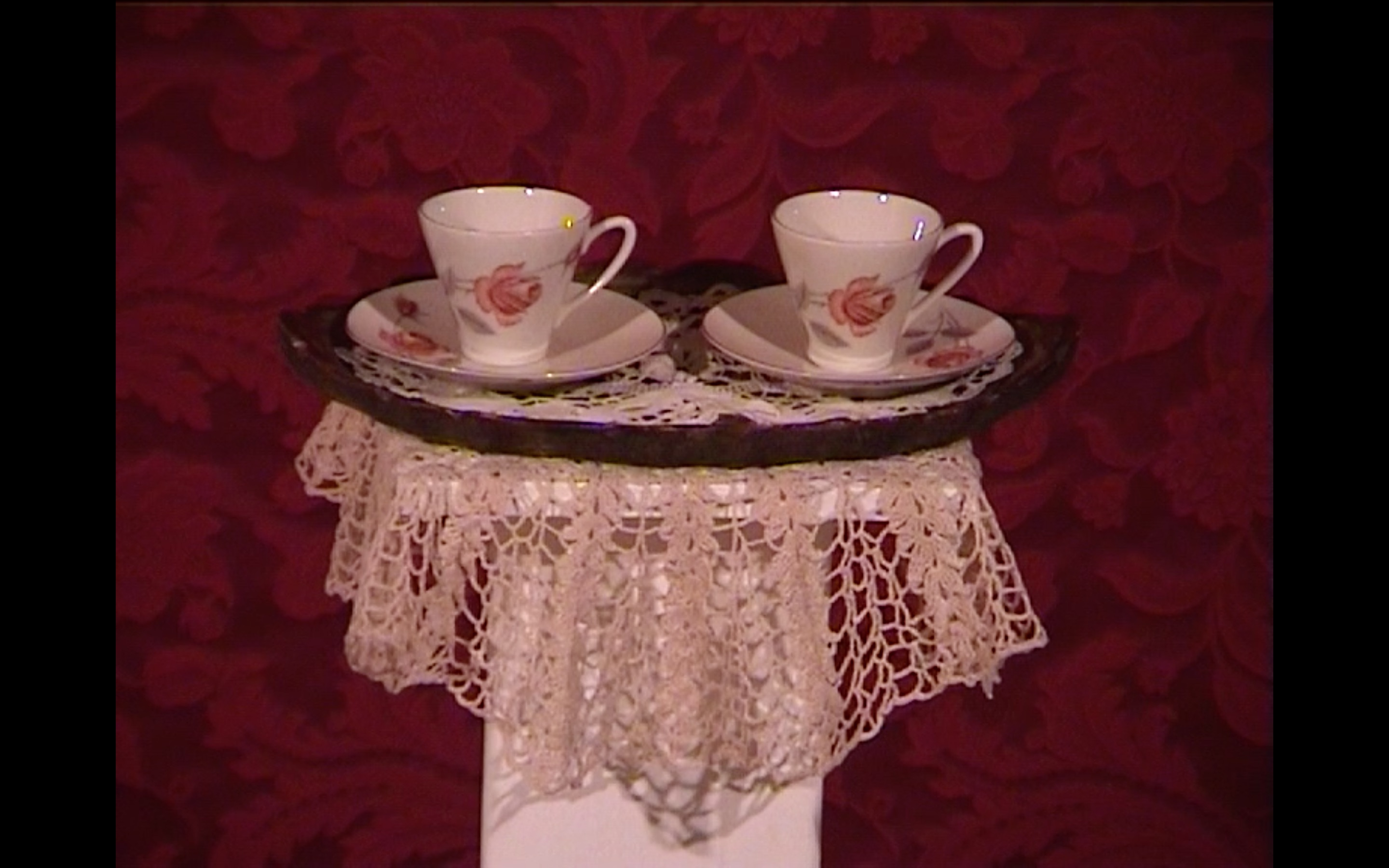
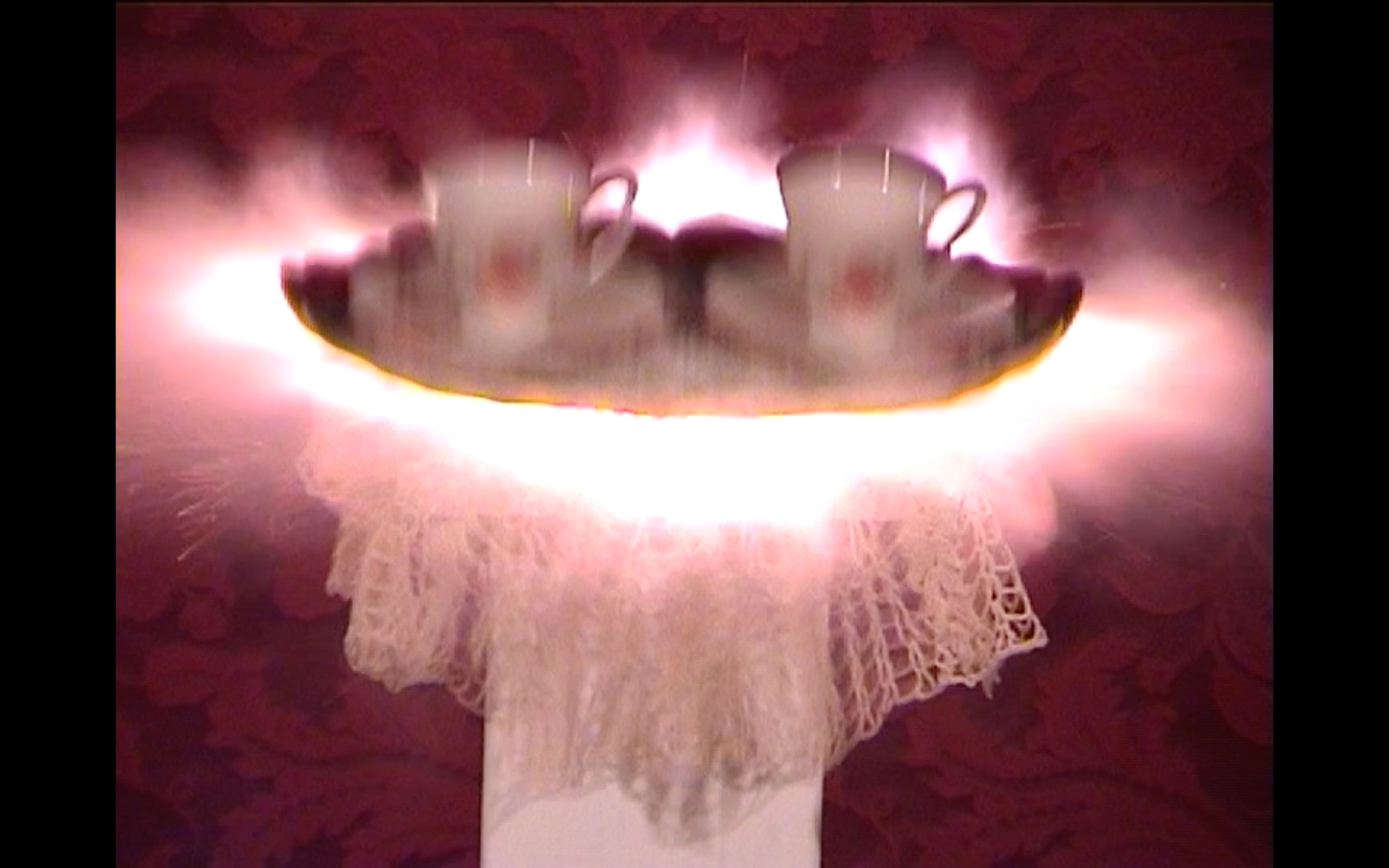

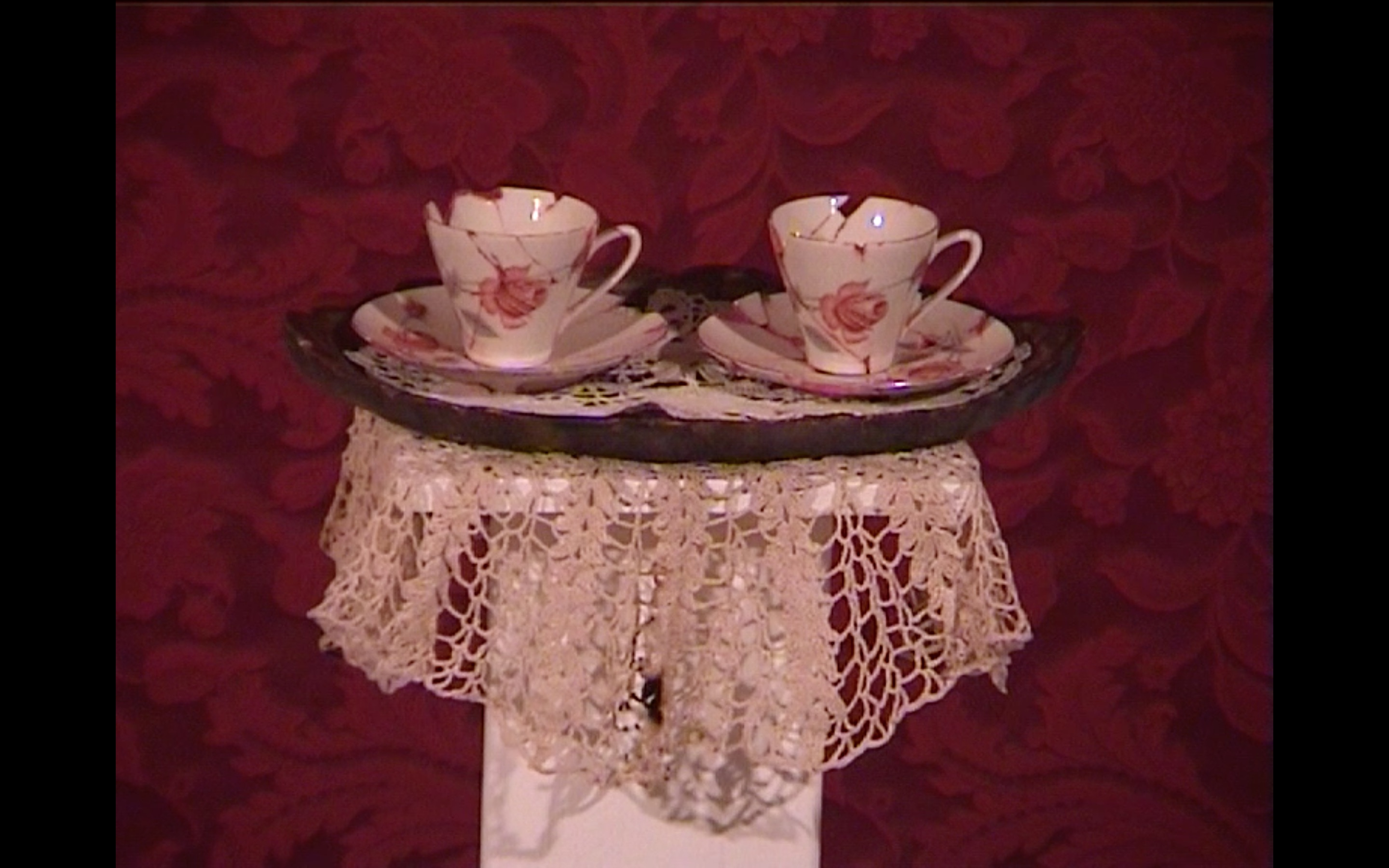
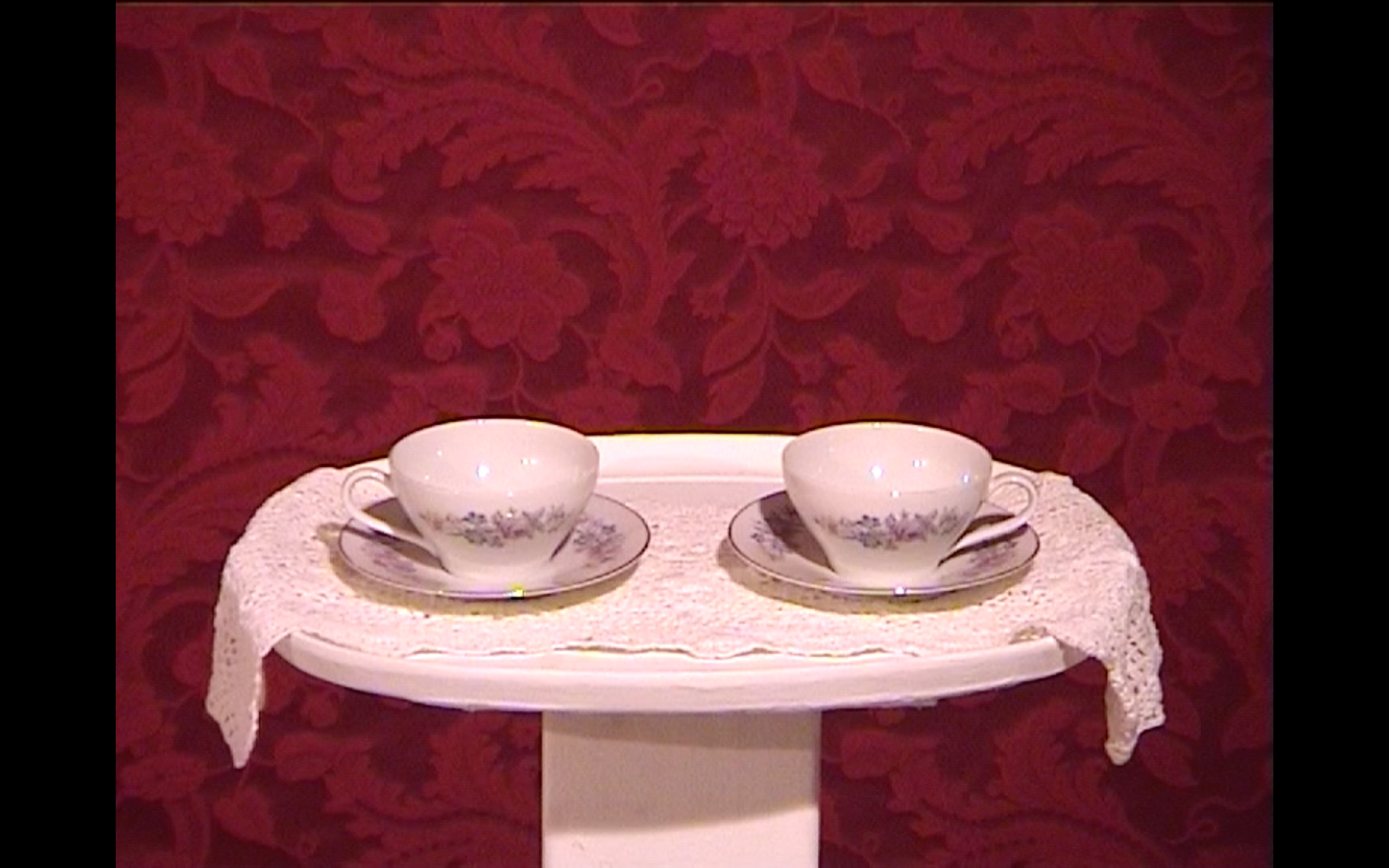
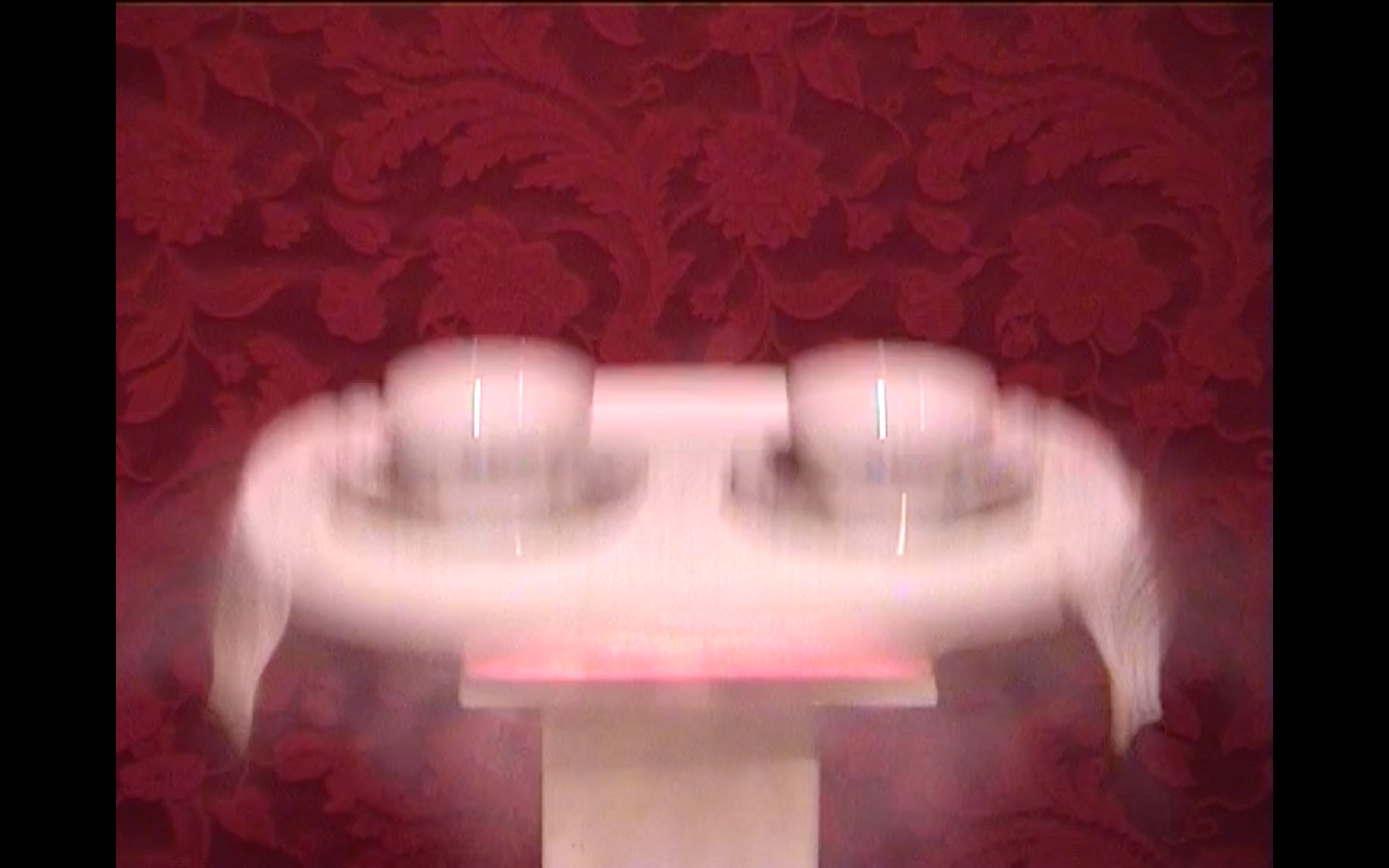
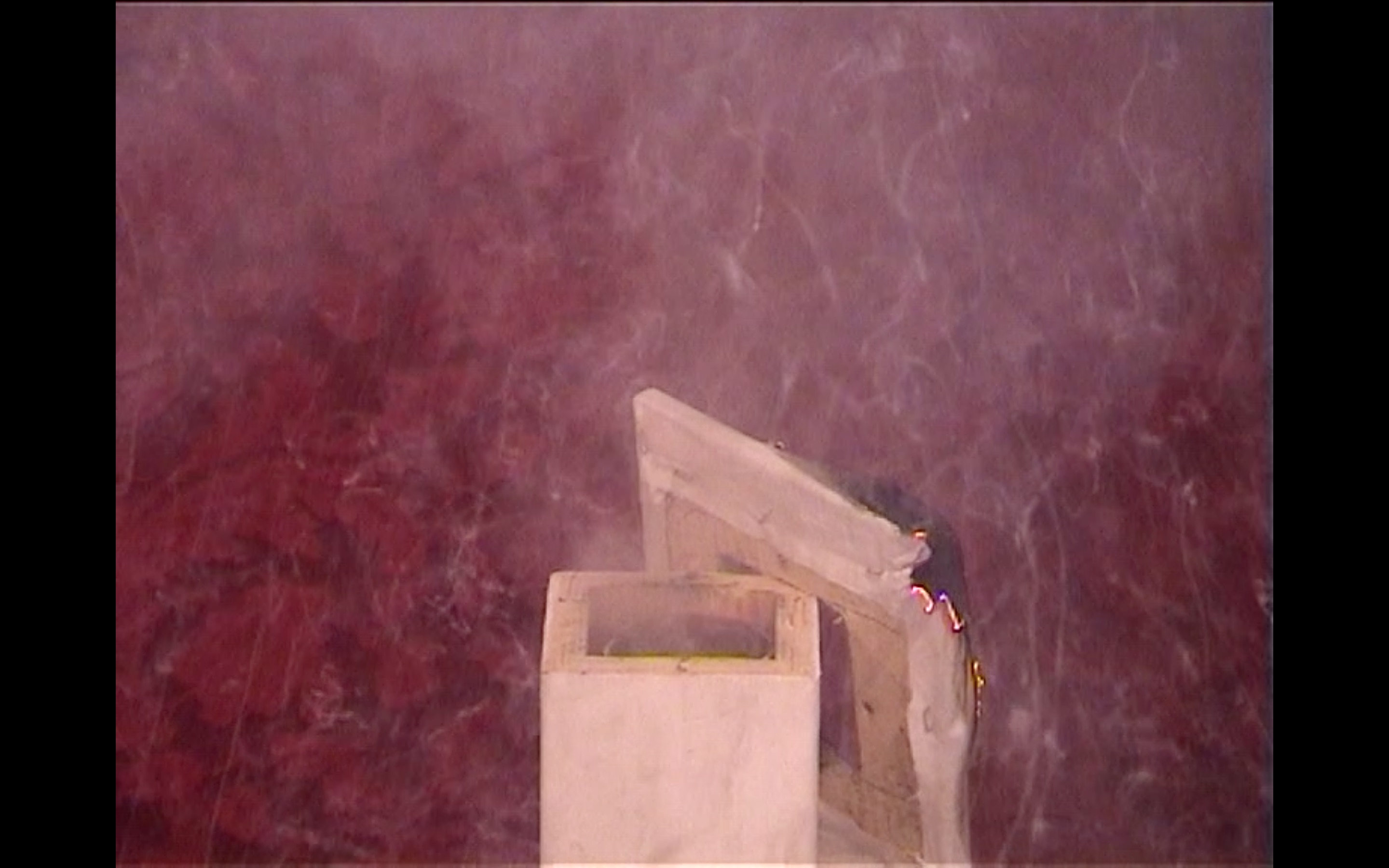
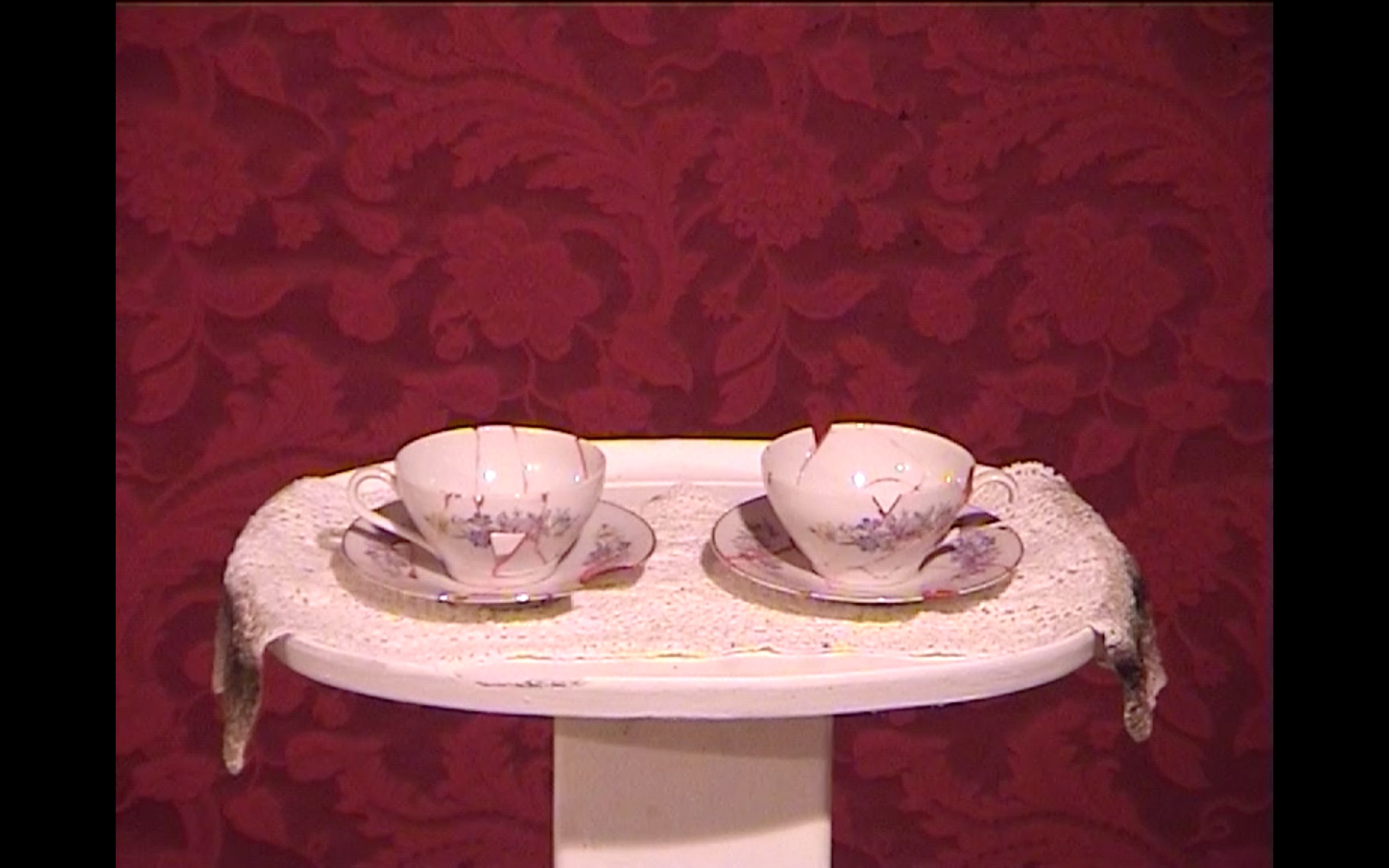
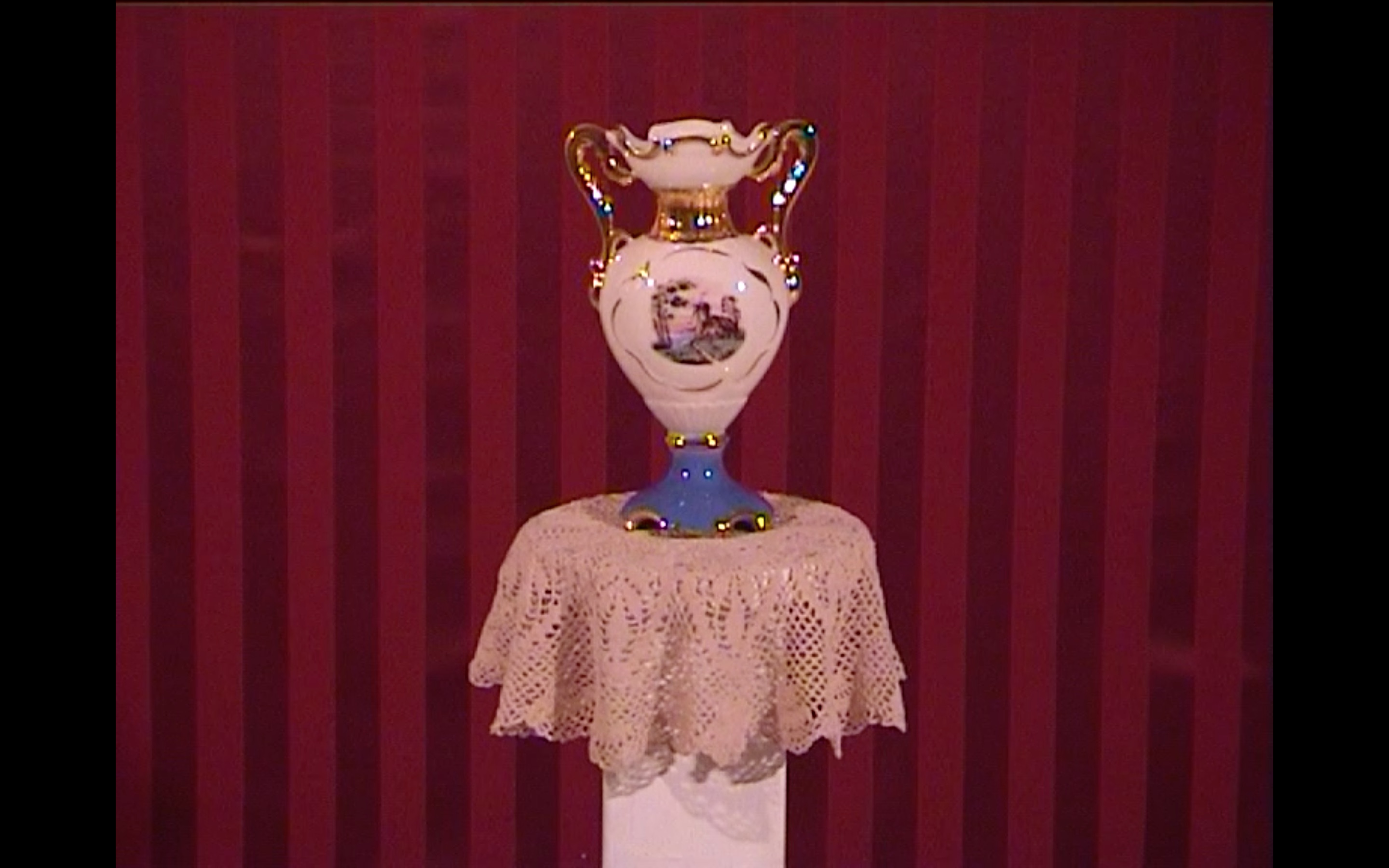
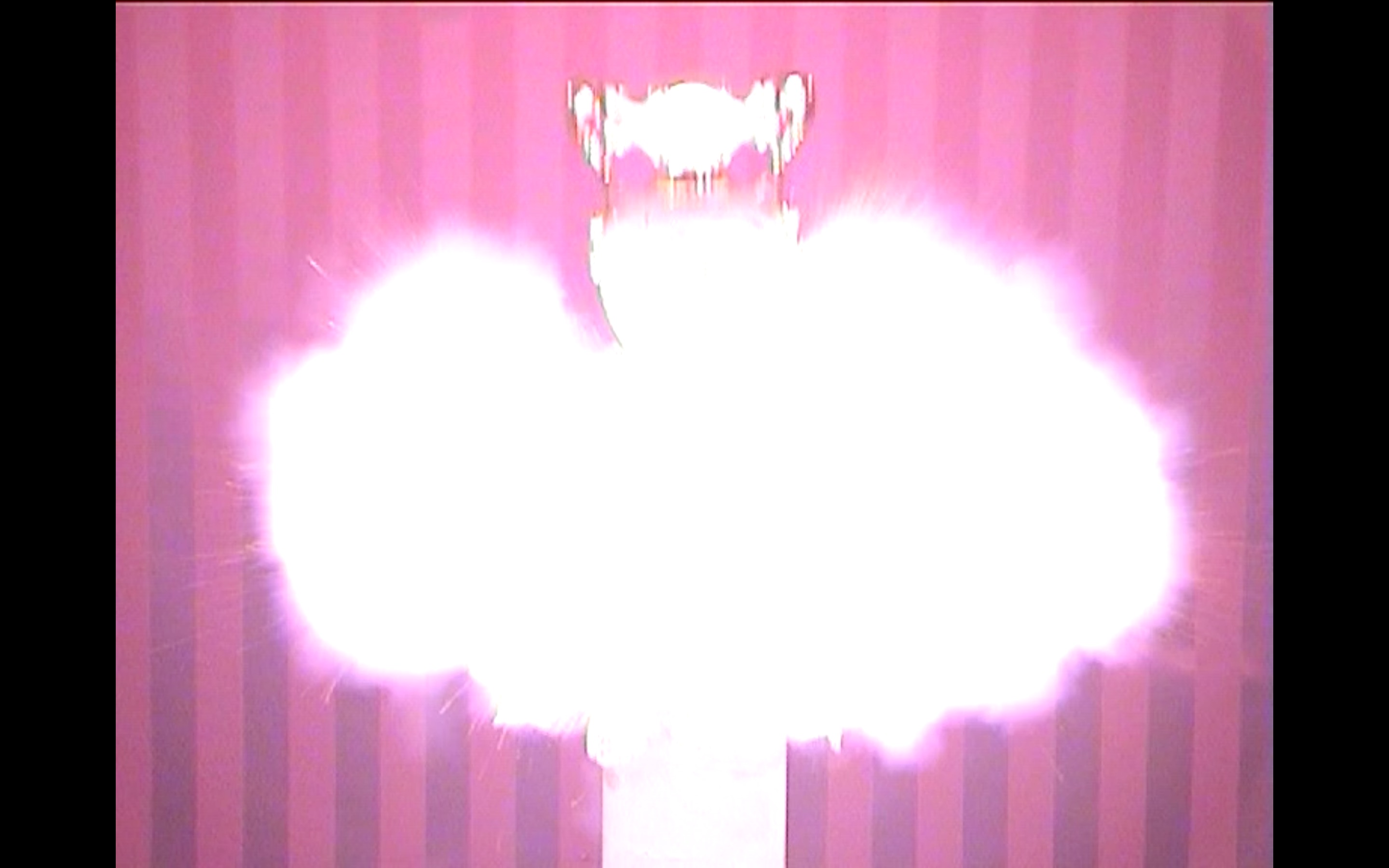
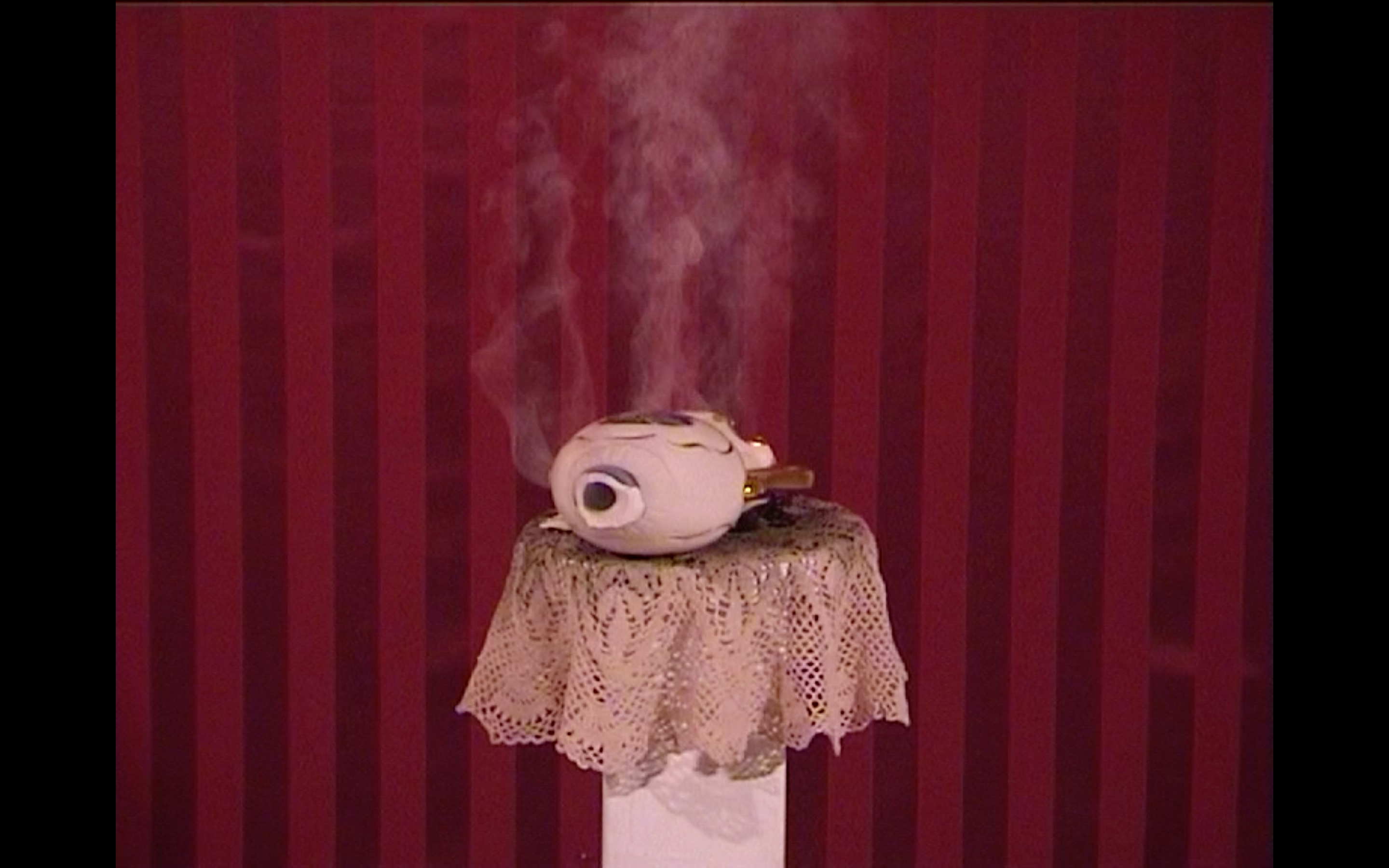
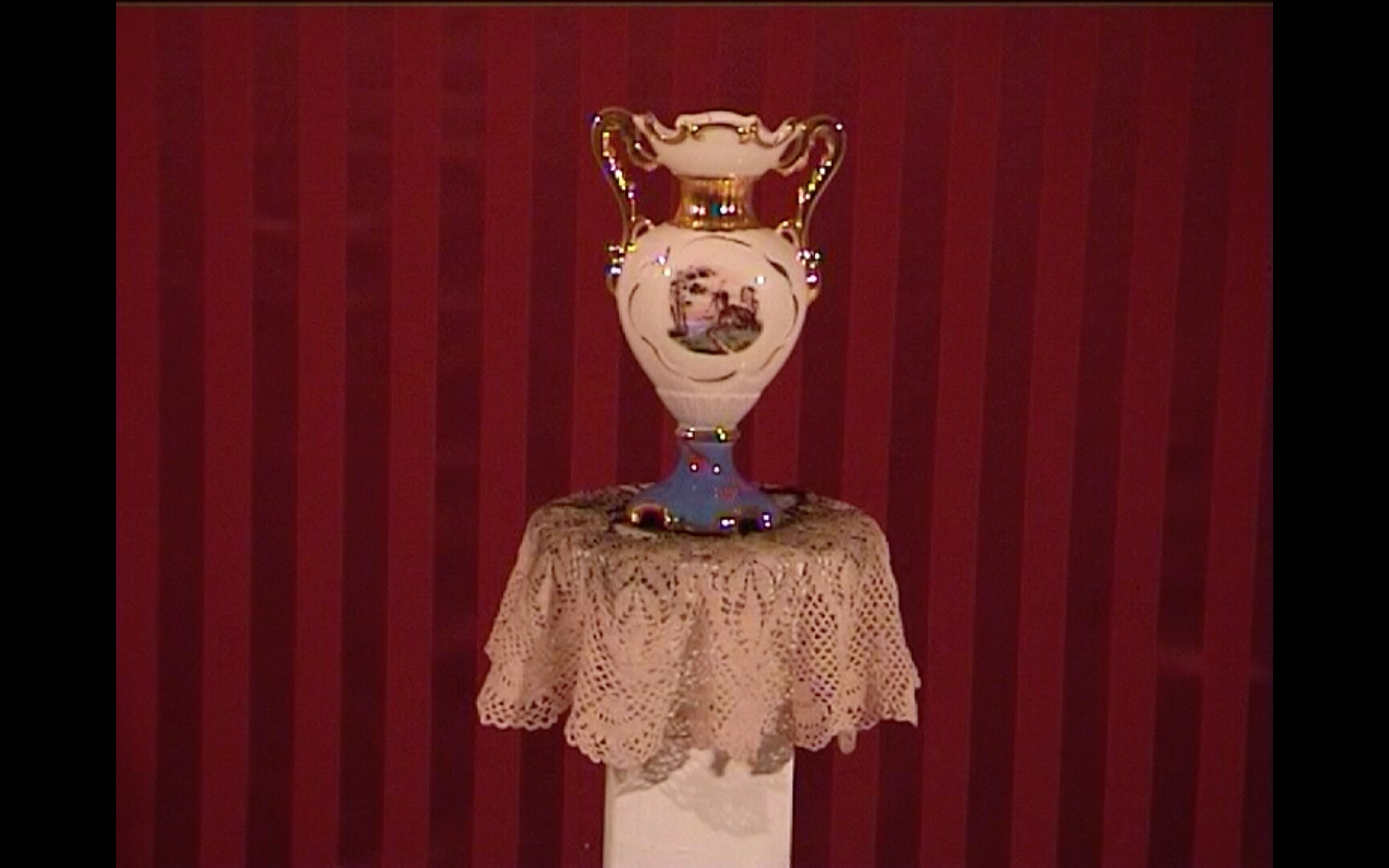
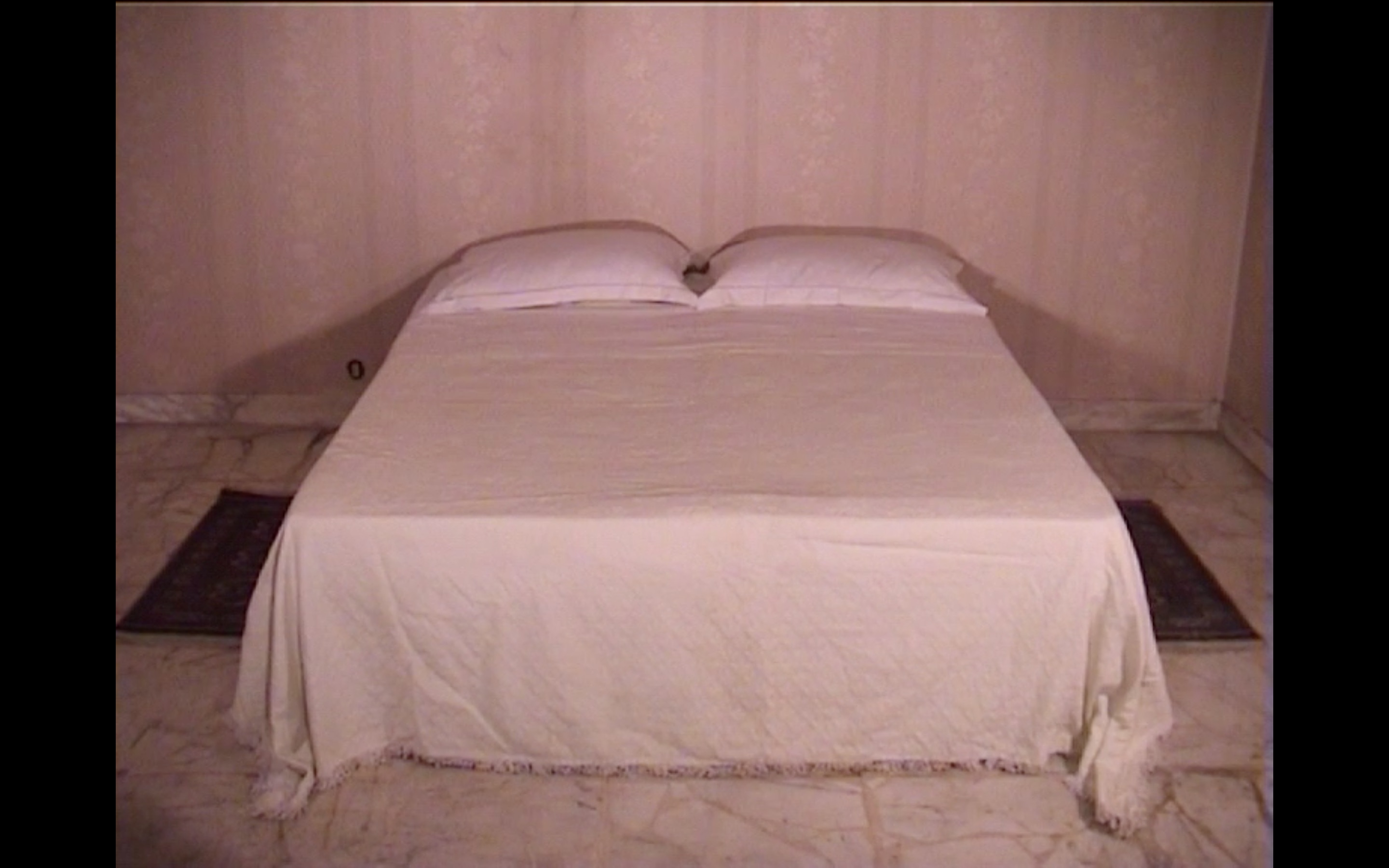
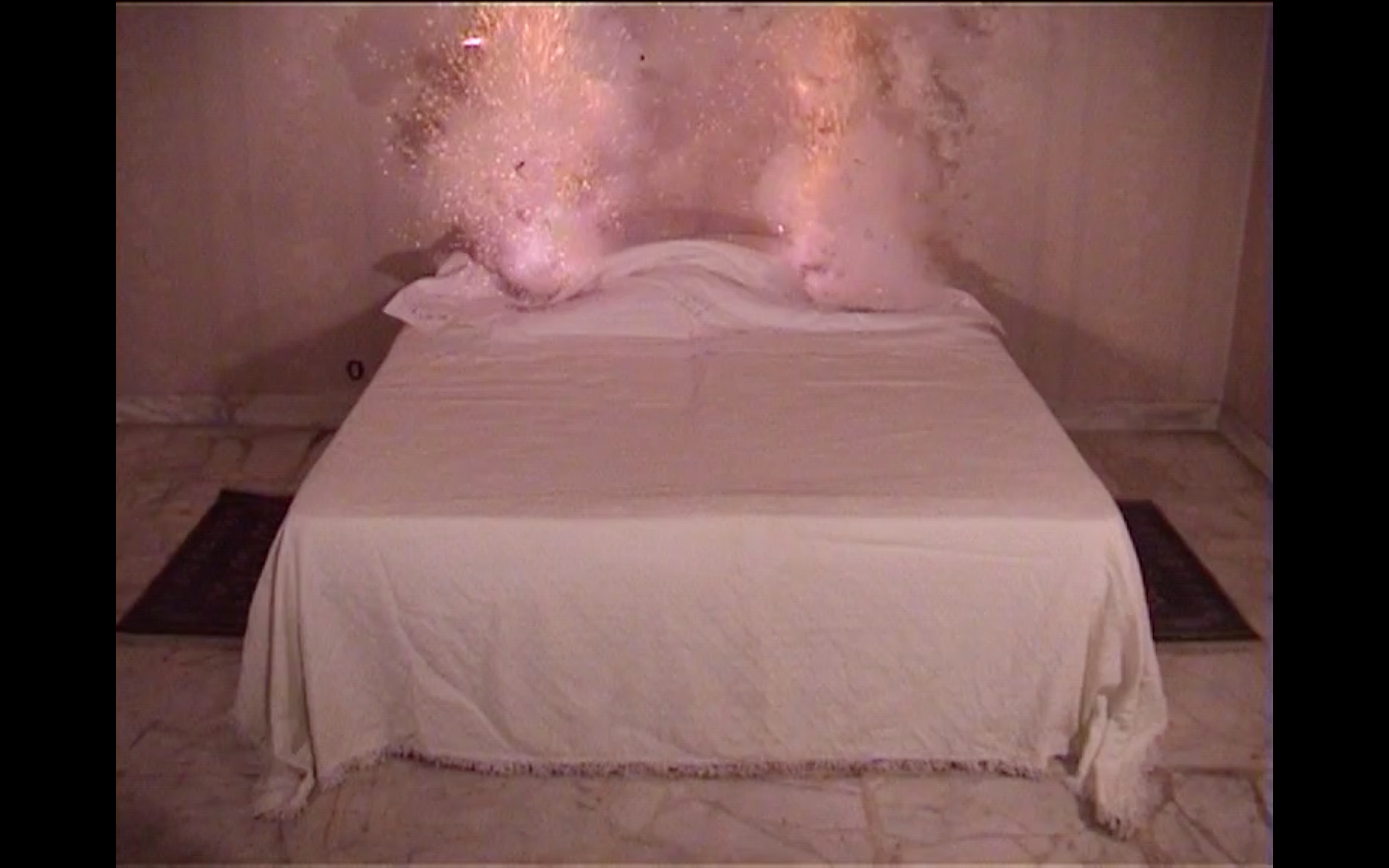

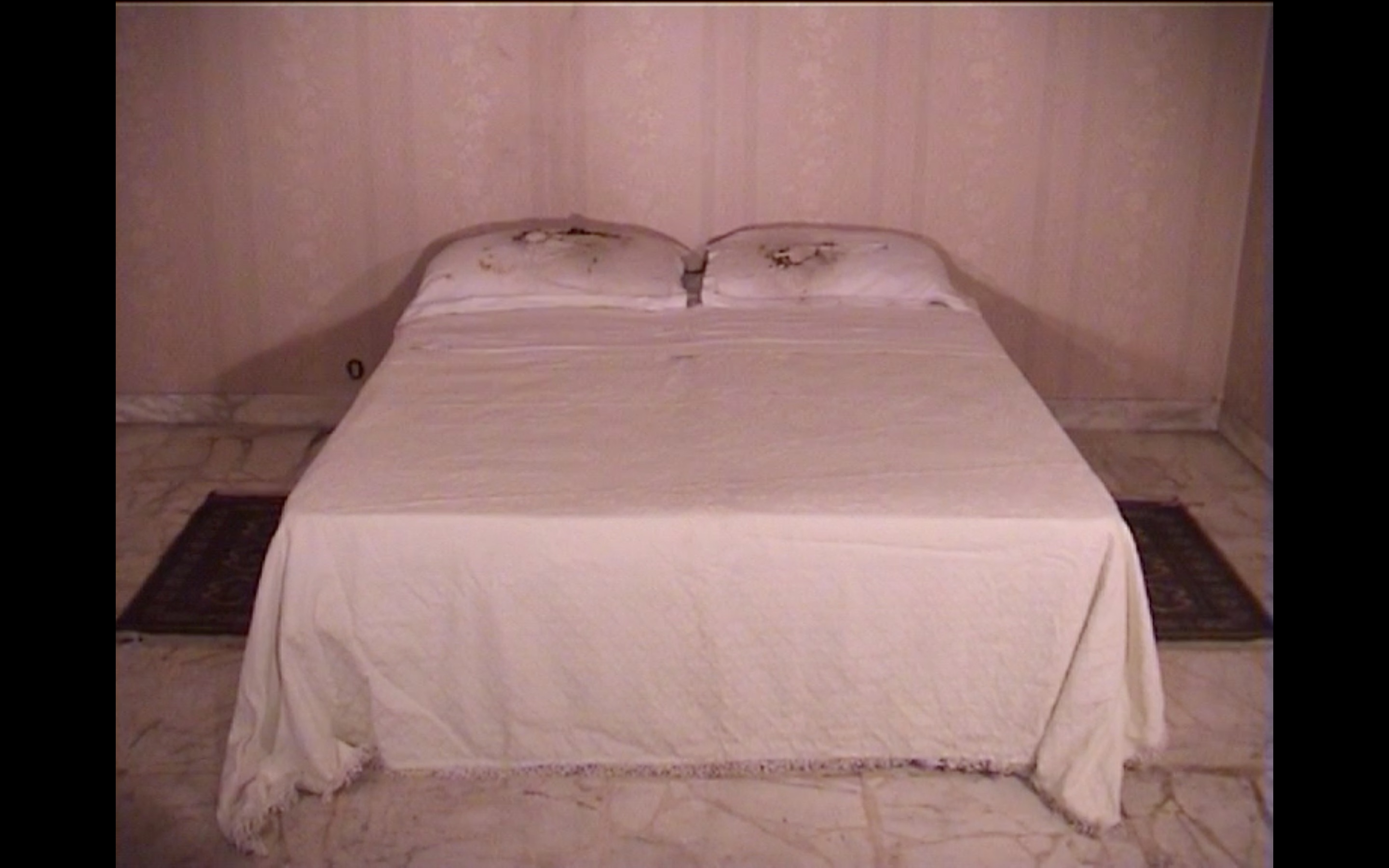
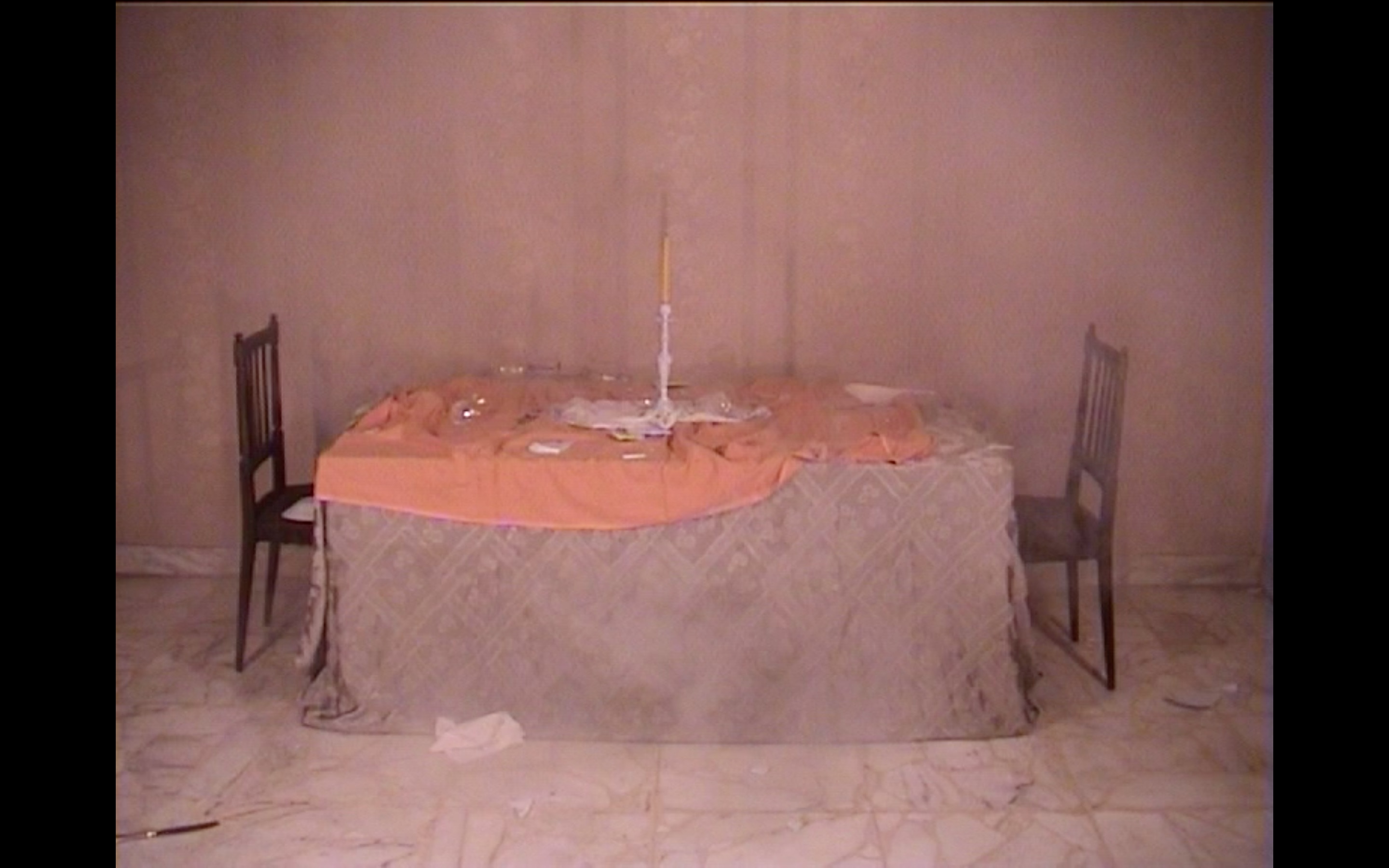
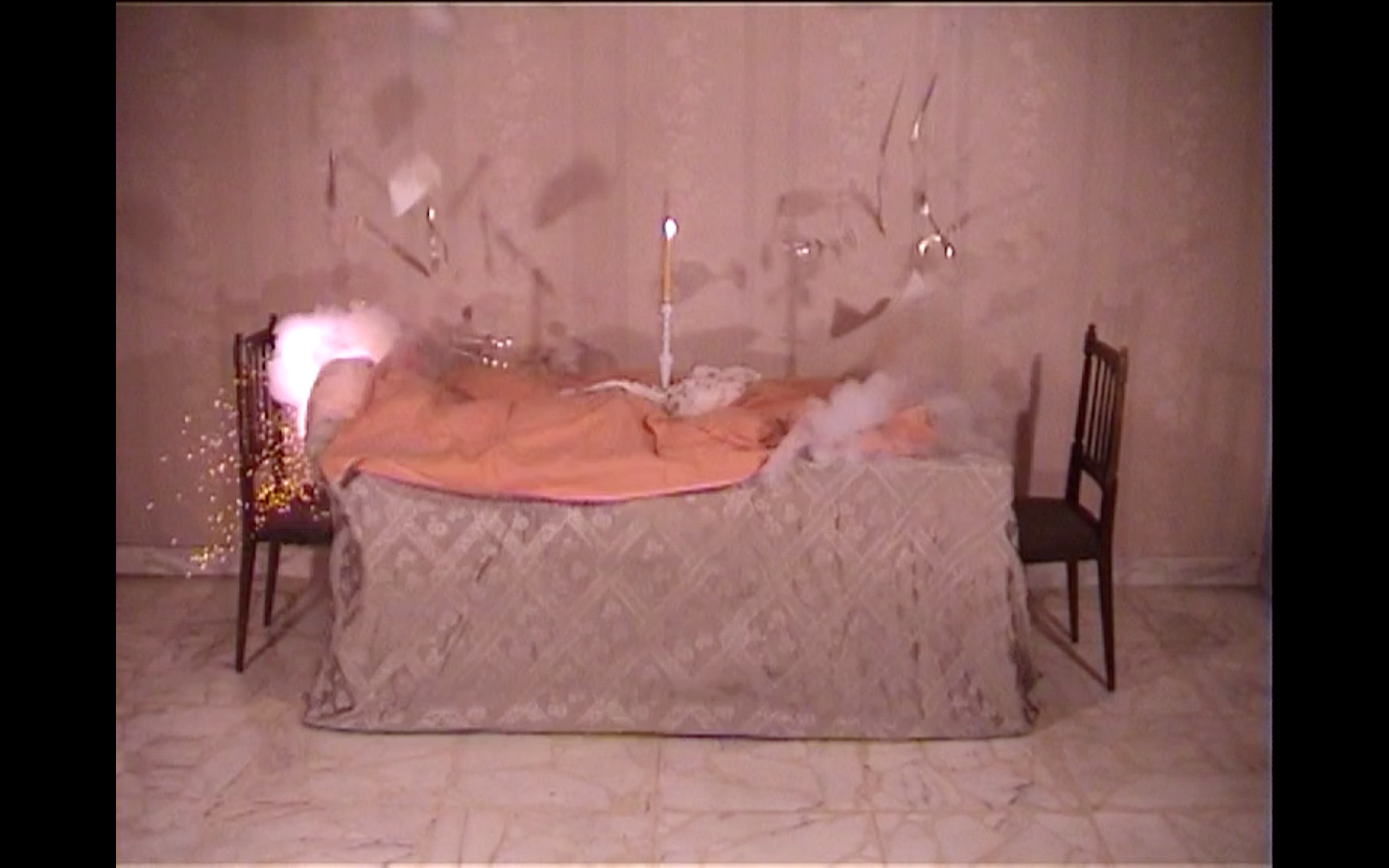
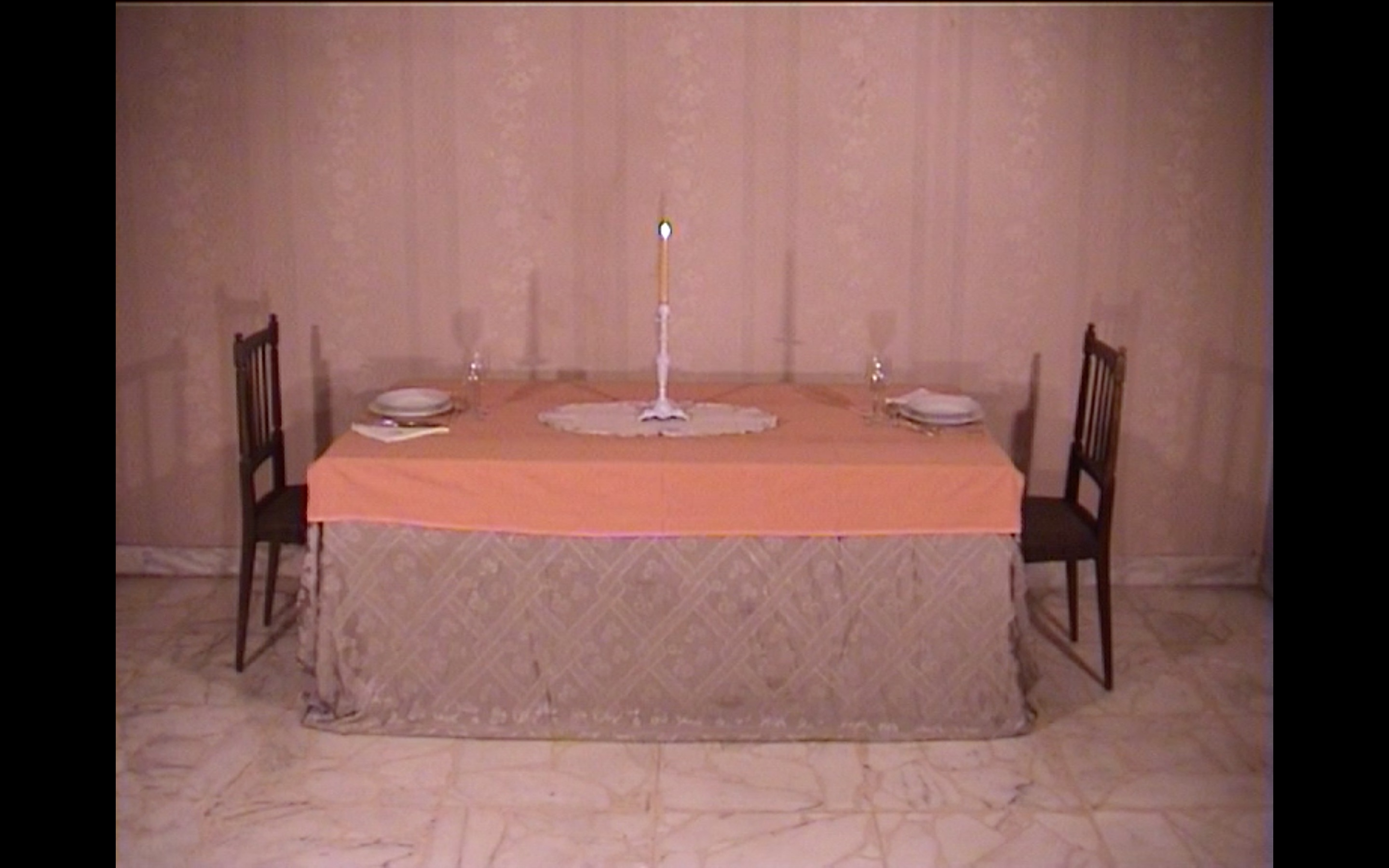
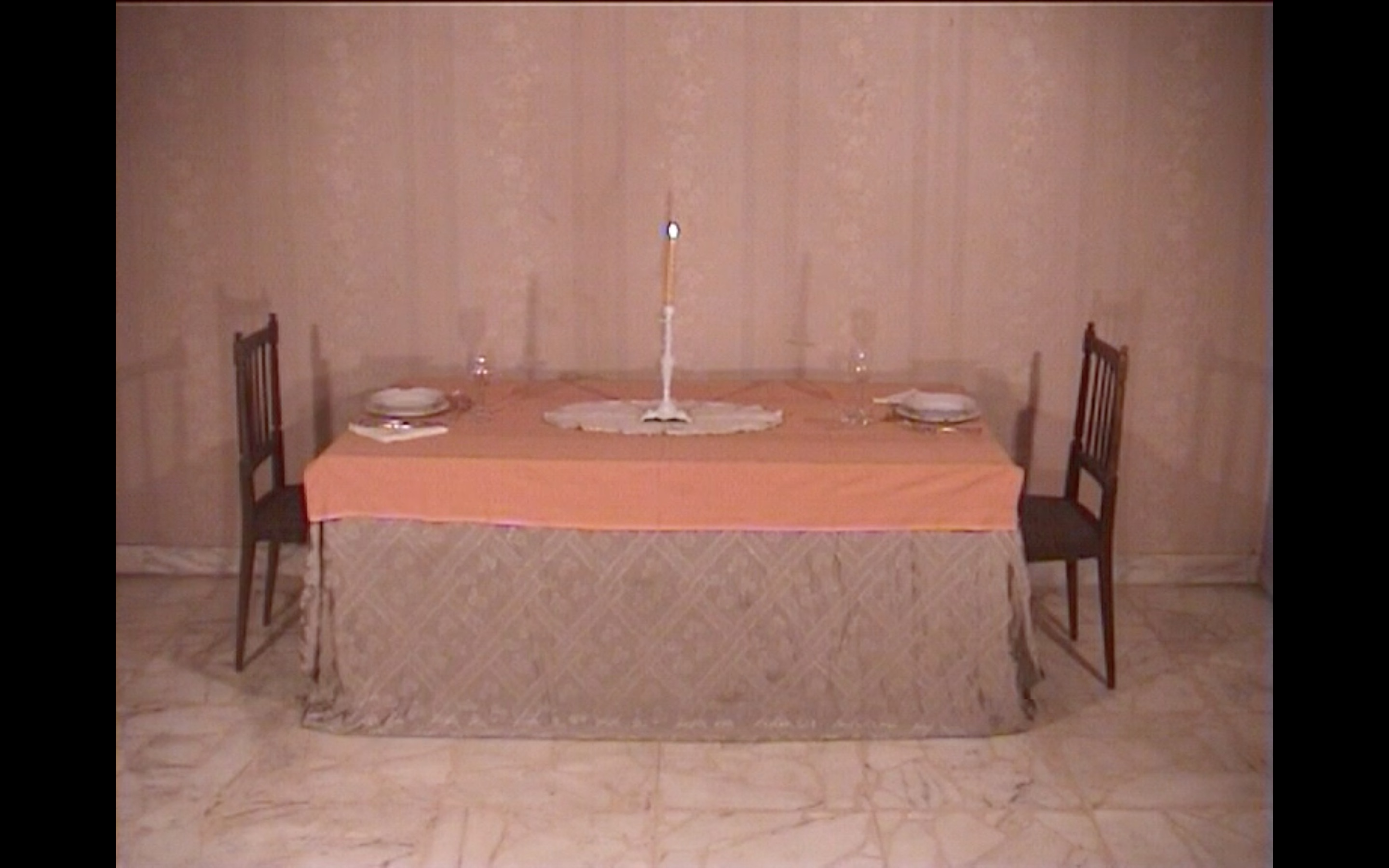
EXPLOSION#1,2,3,4,5,6 (video demo)
EXPLOSION 2006/2008
Quando la deflagrazione devasta tutto, creando un vero e proprio shock, la materia subisce una trasformazione repentina e irrevocabile: la perdita delle sue qualità fisiche e formali, quelle che rendo- no gli oggetti e le persone riconoscibili. Loredana Longo affronta la distruzione di questo equilibrio come una catastrofe, ma in senso letterale, laddove il termine si tra- duce come capovolgimento, ed è privo di quella radicalità che correntemente gli viene attribuita. Si procede infatti alla ricostruzione, necessariamente parziale, che produce l’esito grottesco, romantico e drammatico di un paesaggio di rovine. È un gesto più ancestrale di quanto appaia, perché in un solo soggetto si trovano riunite l’immagine della donna che cura e che lenisce e di quella che innesca il disastro.
A work of construction, deconstruction and reconstruction. The artist realizes actual scenes, environments familiar to her, sets small explosive charges that partially destroy the scene, and then she patiently rebuilds them. When the explosion devastates everything, creating a real shock, the material suffers a sudden and irrevocable transformation: the loss of its physical and formal qualities, those that make objects and people recognizable. Loredana Longo faces the destruction of this balance as a catastrophe, in a literal sense, whereas the term is translated as a reversal, and it lacks the radical meaning that is currently attributed to it. The re- construction proceeds, indeed, necessarily partial, producing the grotesque, romantic and dramatic result of a landscape of ruins. The action is more ancestral than how it appears, because in a single subject the image of the woman who cures and soothes is united to the image of the one who triggers the disaster.
Quando la deflagrazione devasta tutto, creando un vero e proprio shock, la materia subisce una trasformazione repentina e irrevocabile: la perdita delle sue qualità fisiche e formali, quelle che rendo- no gli oggetti e le persone riconoscibili. Loredana Longo affronta la distruzione di questo equilibrio come una catastrofe, ma in senso letterale, laddove il termine si tra- duce come capovolgimento, ed è privo di quella radicalità che correntemente gli viene attribuita. Si procede infatti alla ricostruzione, necessariamente parziale, che produce l’esito grottesco, romantico e drammatico di un paesaggio di rovine. È un gesto più ancestrale di quanto appaia, perché in un solo soggetto si trovano riunite l’immagine della donna che cura e che lenisce e di quella che innesca il disastro.
A work of construction, deconstruction and reconstruction. The artist realizes actual scenes, environments familiar to her, sets small explosive charges that partially destroy the scene, and then she patiently rebuilds them. When the explosion devastates everything, creating a real shock, the material suffers a sudden and irrevocable transformation: the loss of its physical and formal qualities, those that make objects and people recognizable. Loredana Longo faces the destruction of this balance as a catastrophe, in a literal sense, whereas the term is translated as a reversal, and it lacks the radical meaning that is currently attributed to it. The re- construction proceeds, indeed, necessarily partial, producing the grotesque, romantic and dramatic result of a landscape of ruins. The action is more ancestral than how it appears, because in a single subject the image of the woman who cures and soothes is united to the image of the one who triggers the disaster.